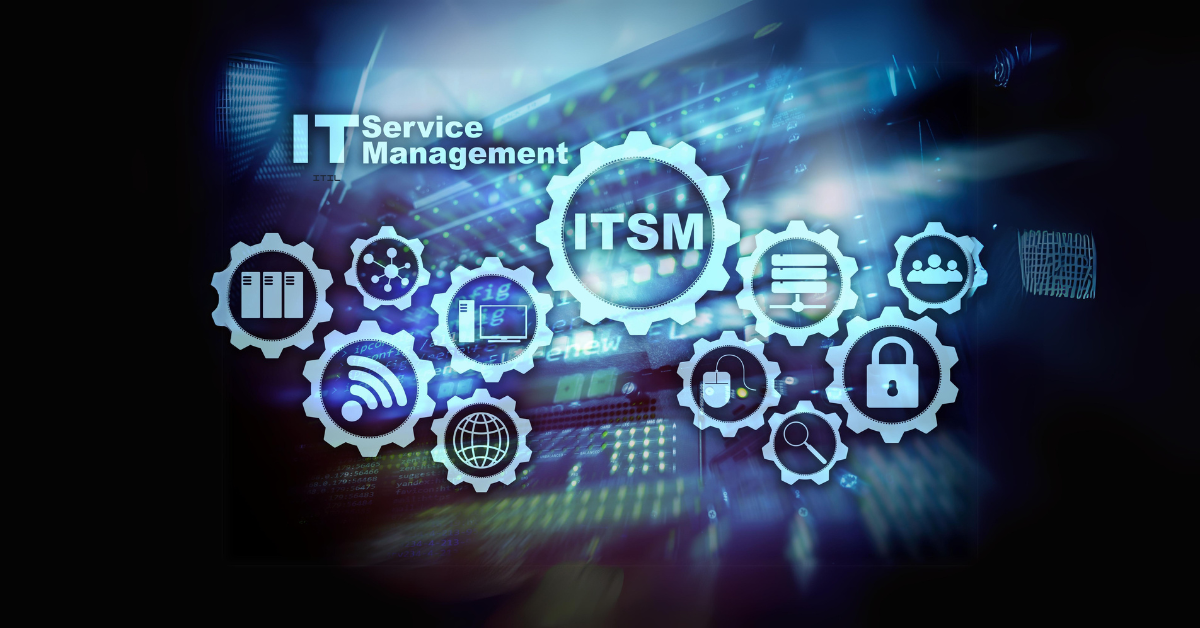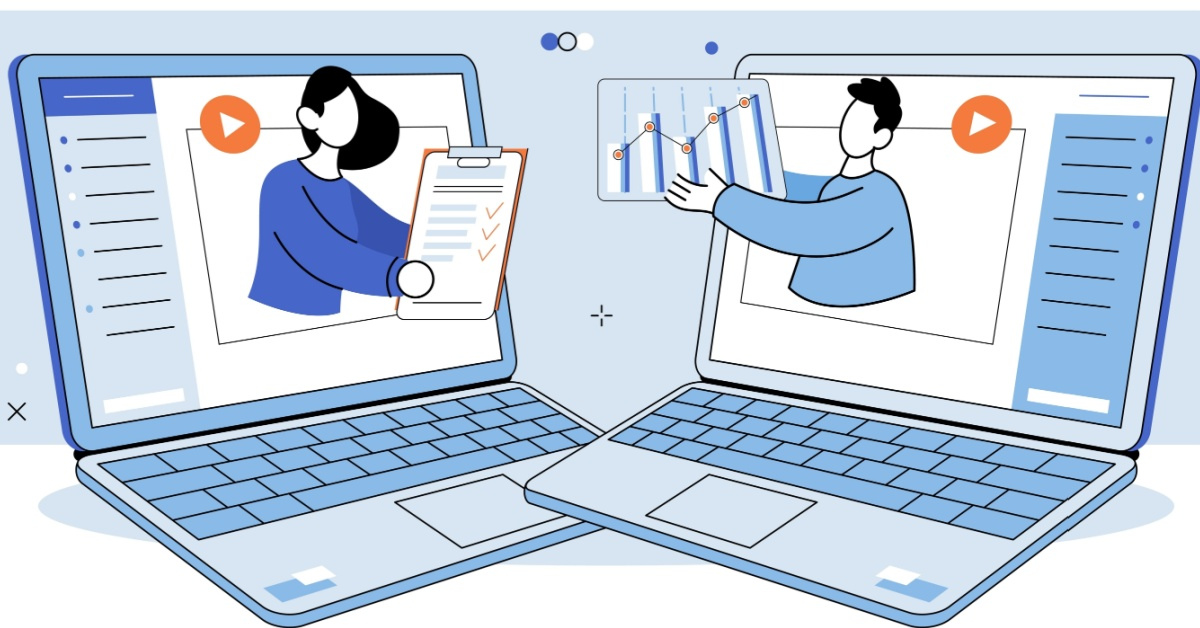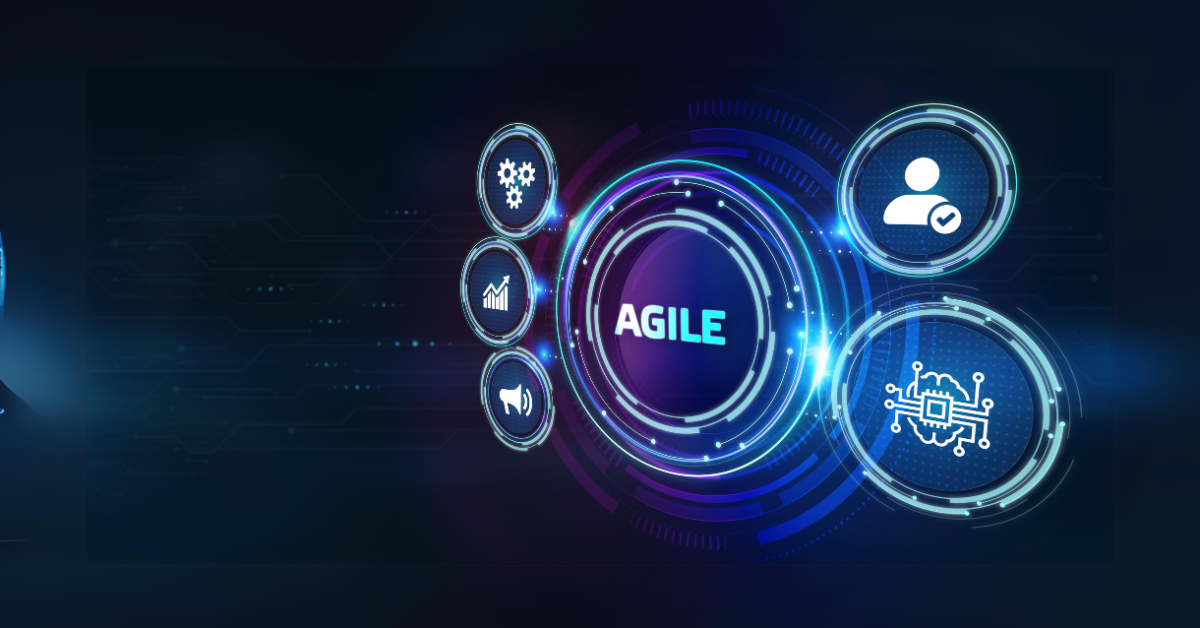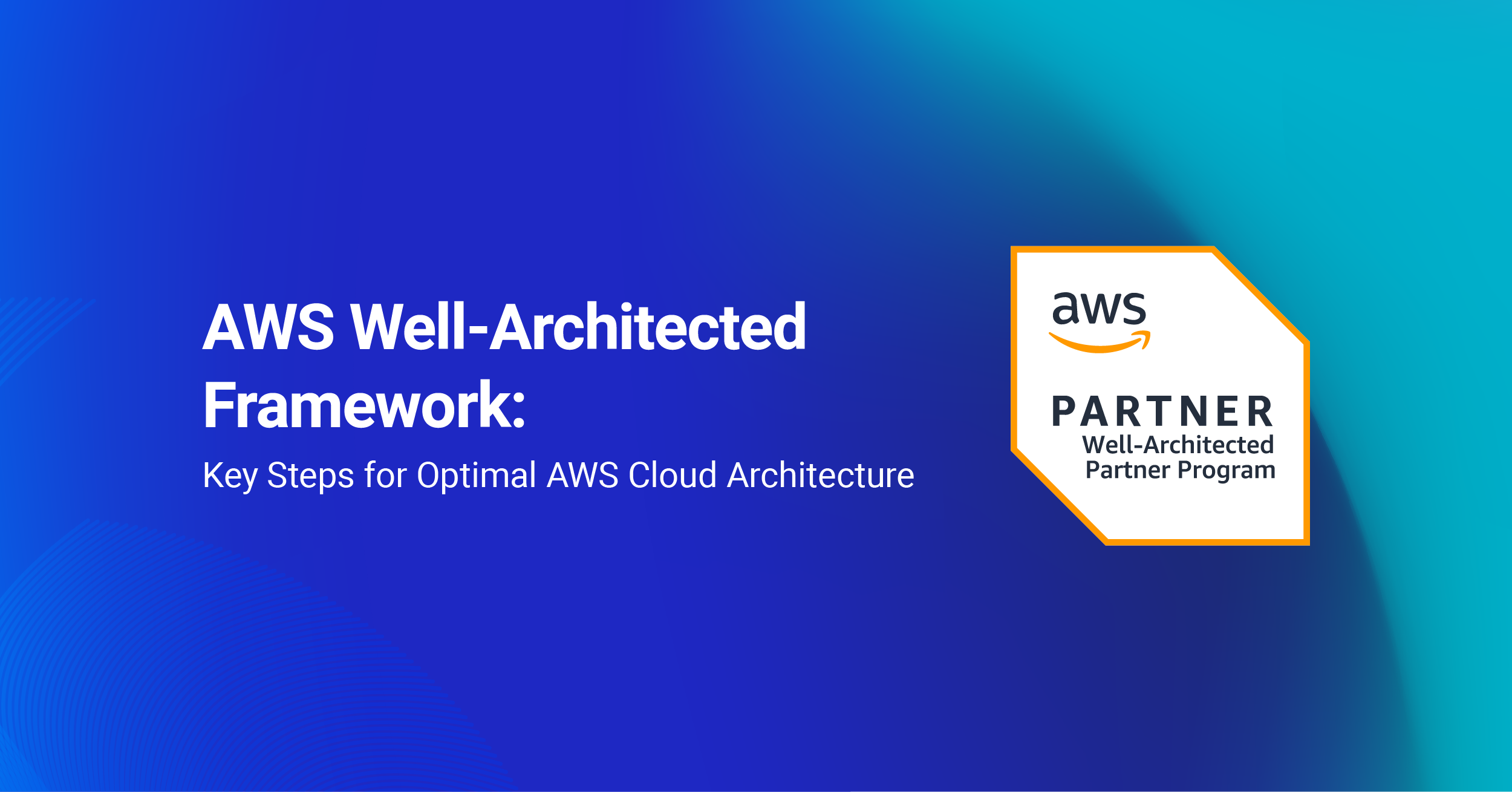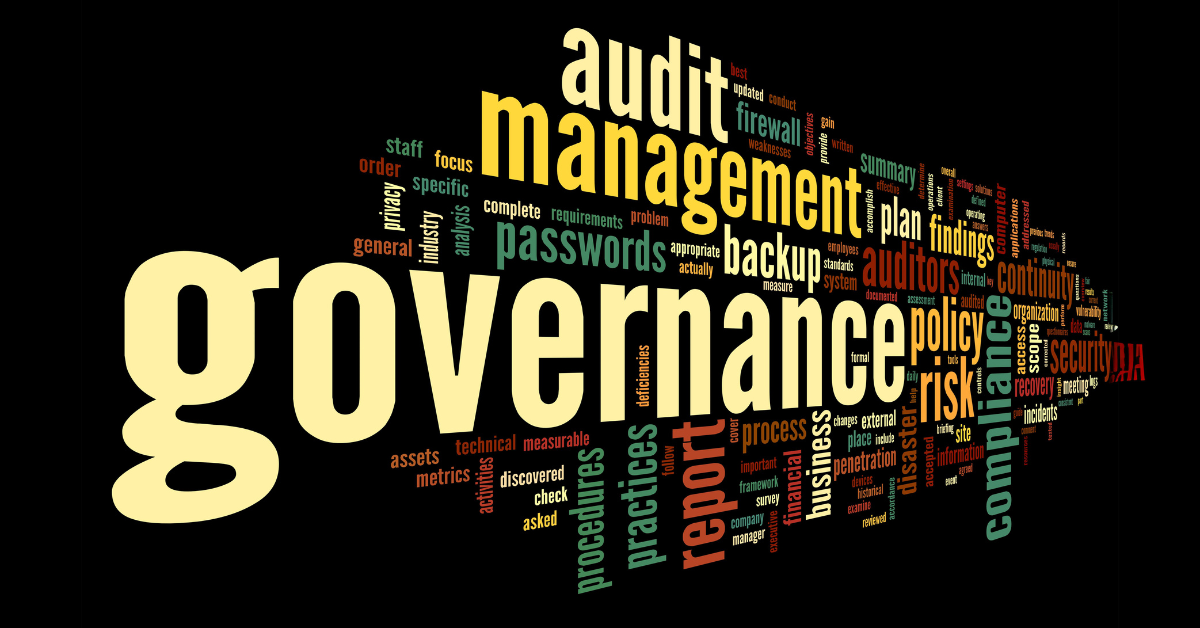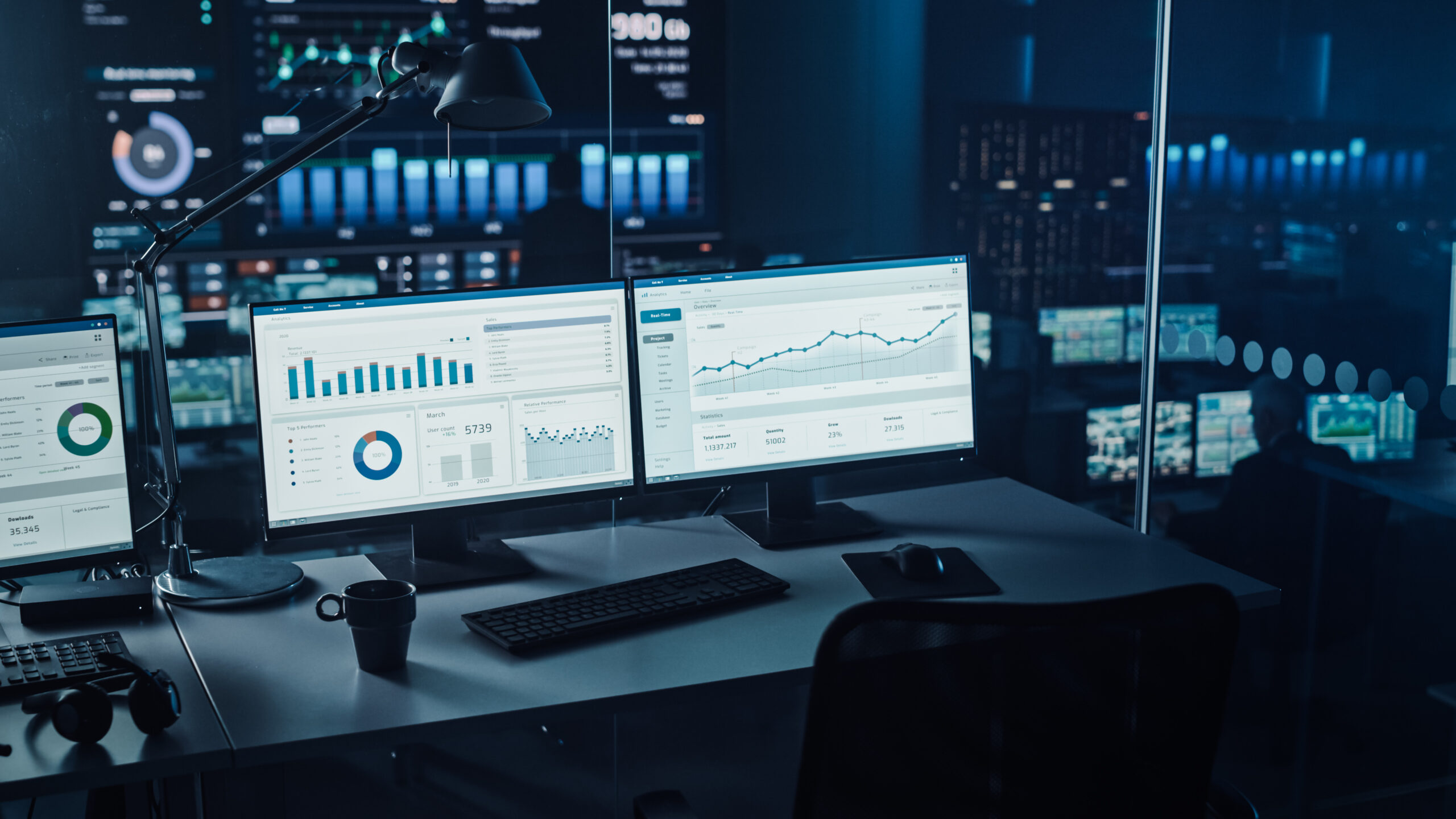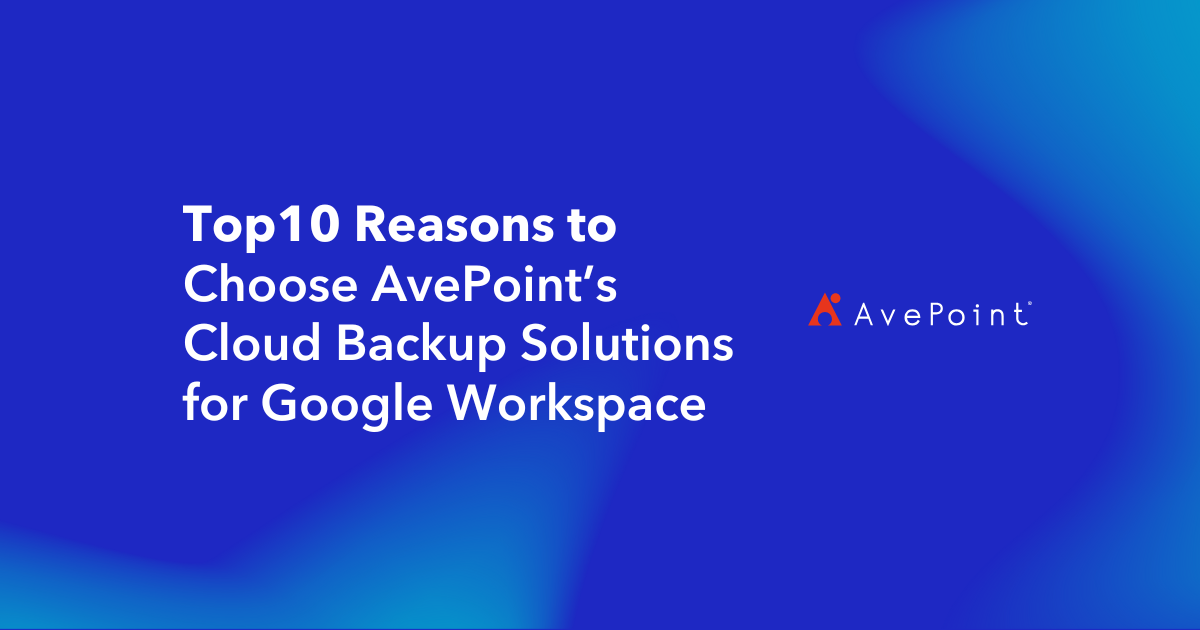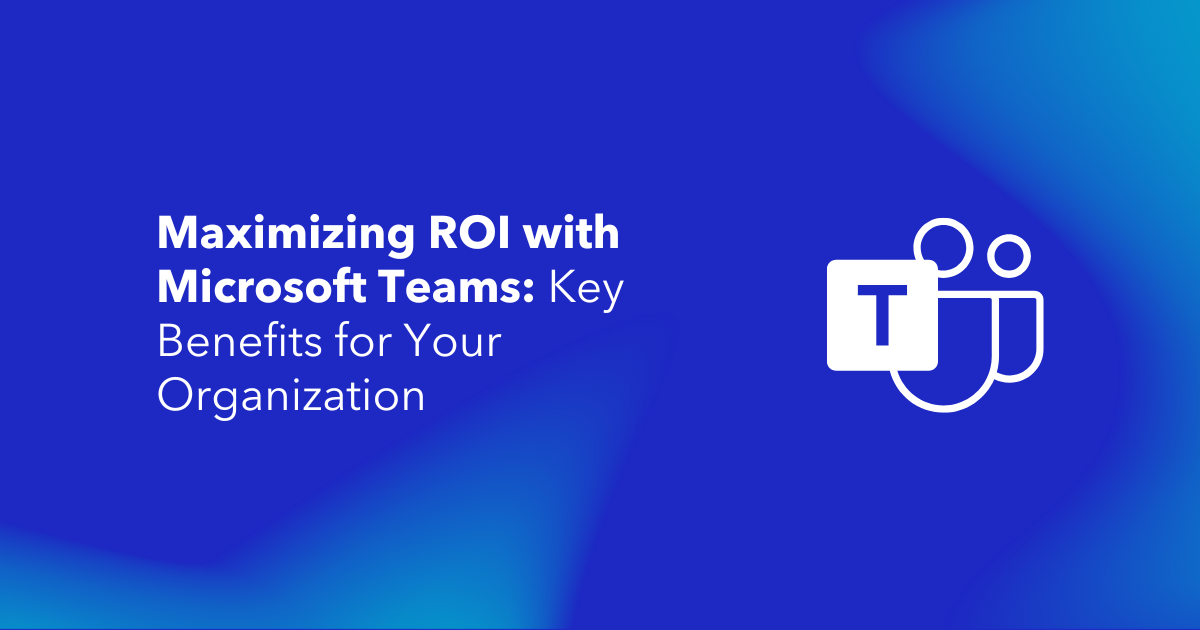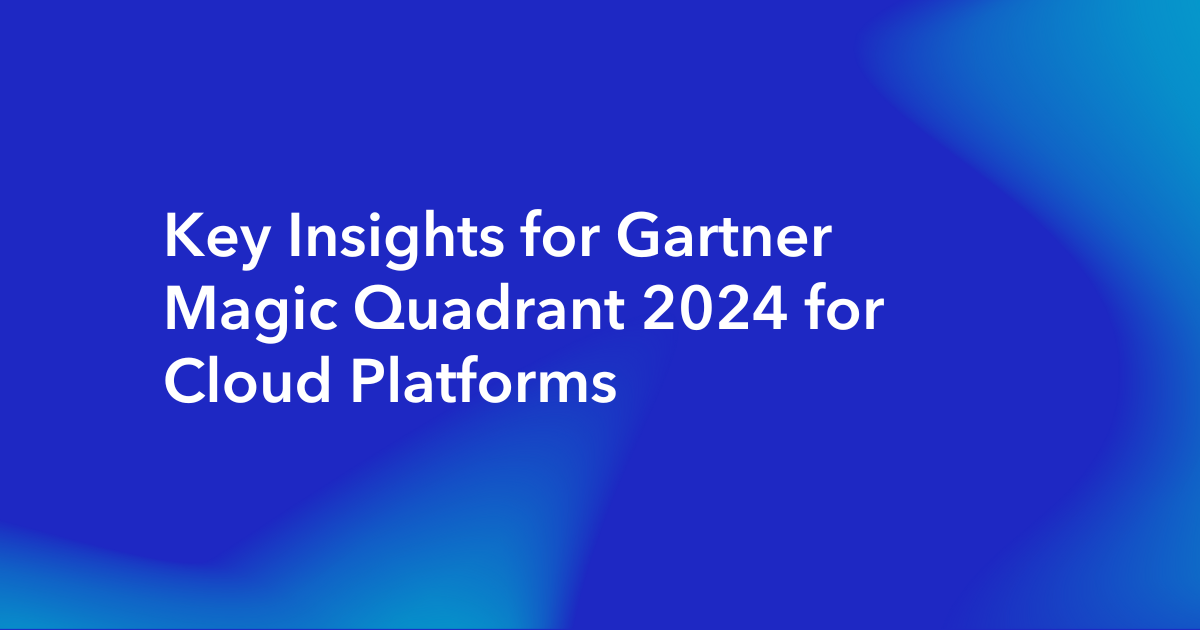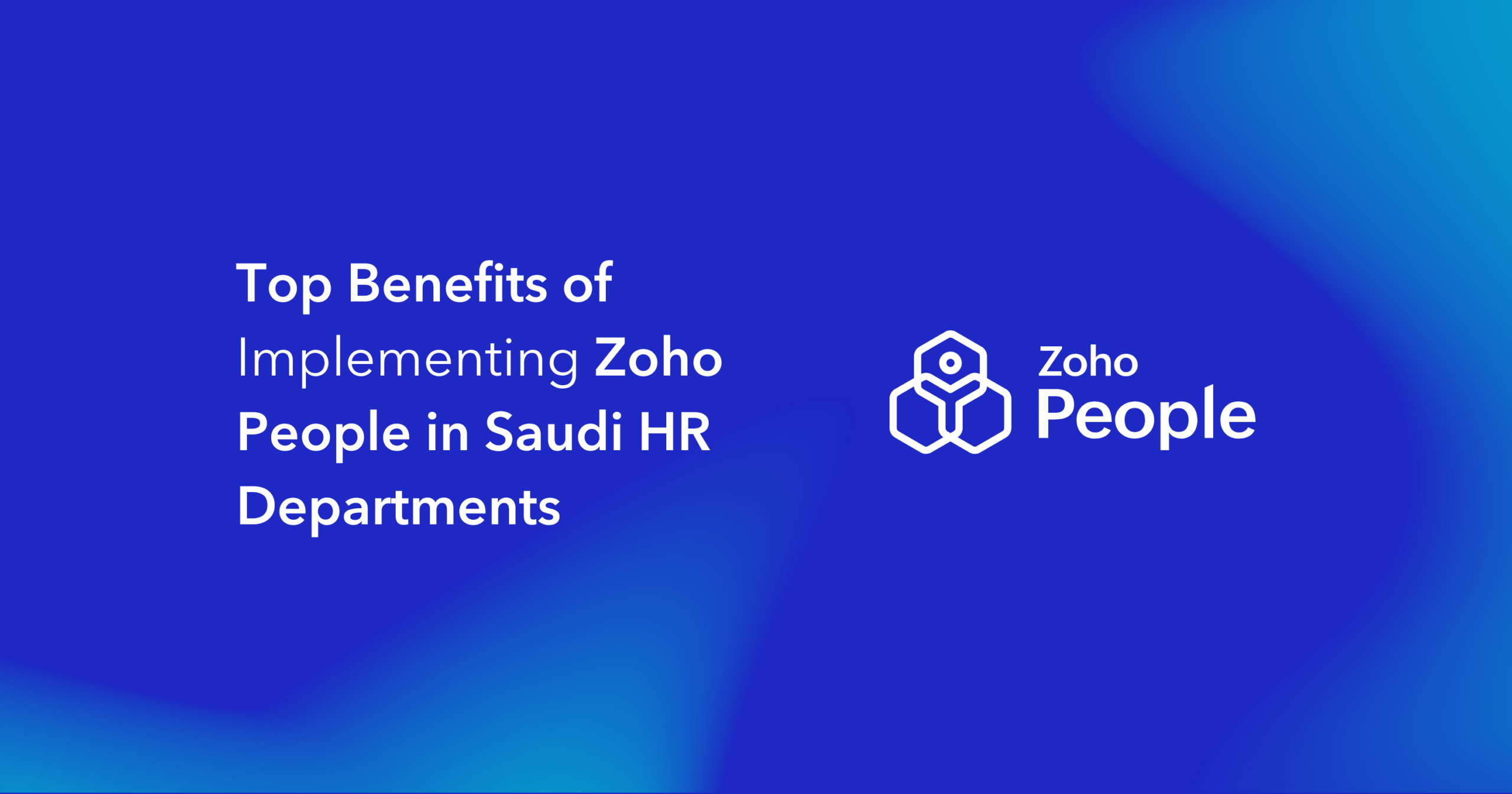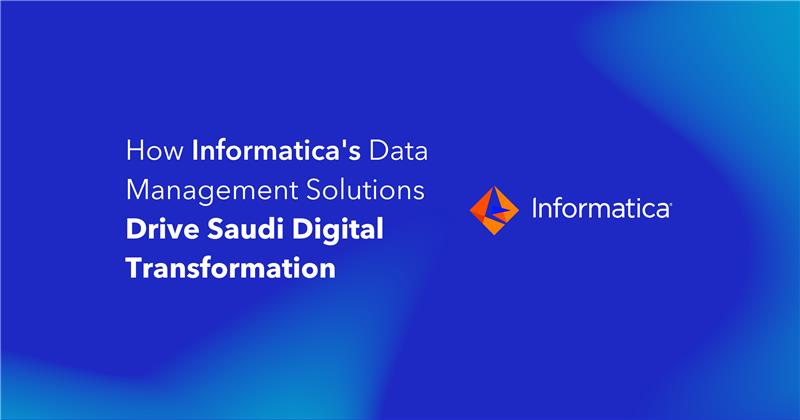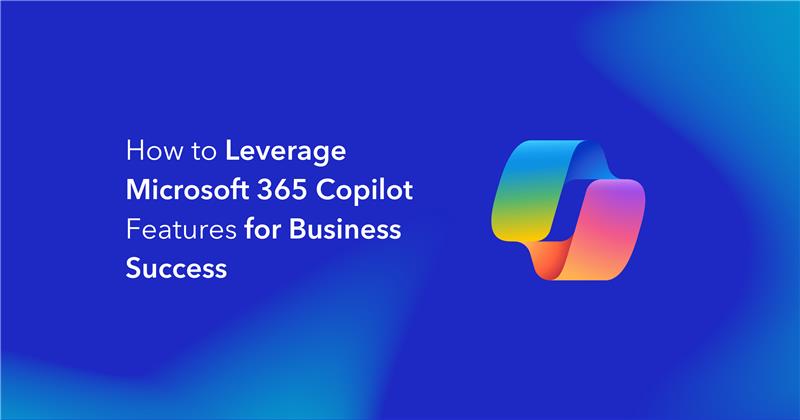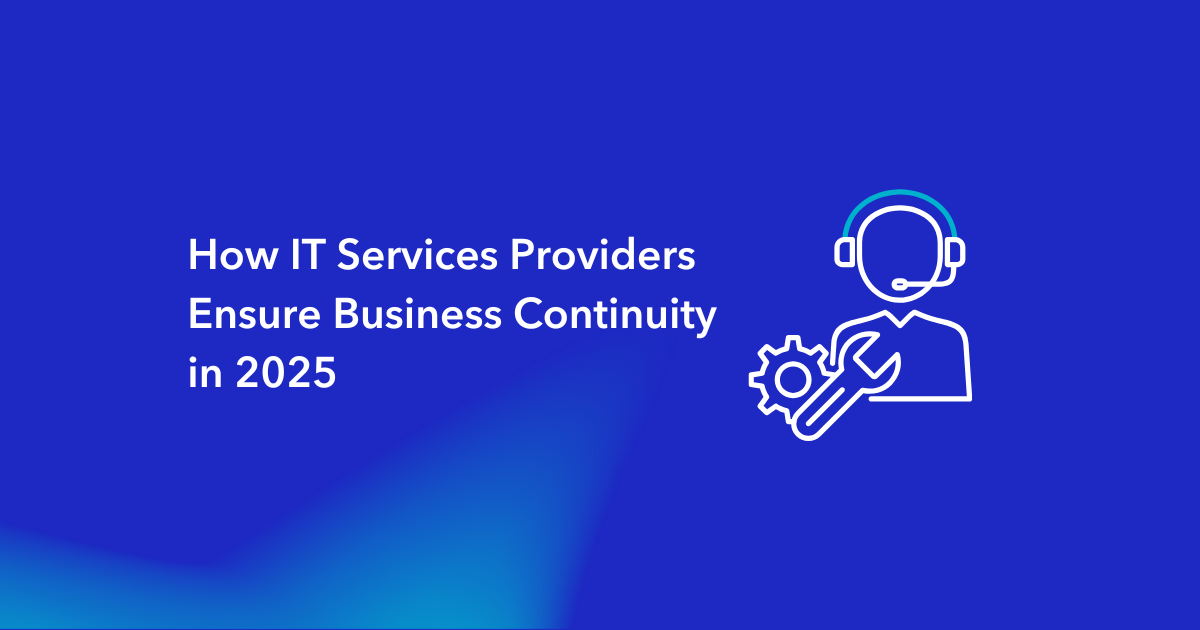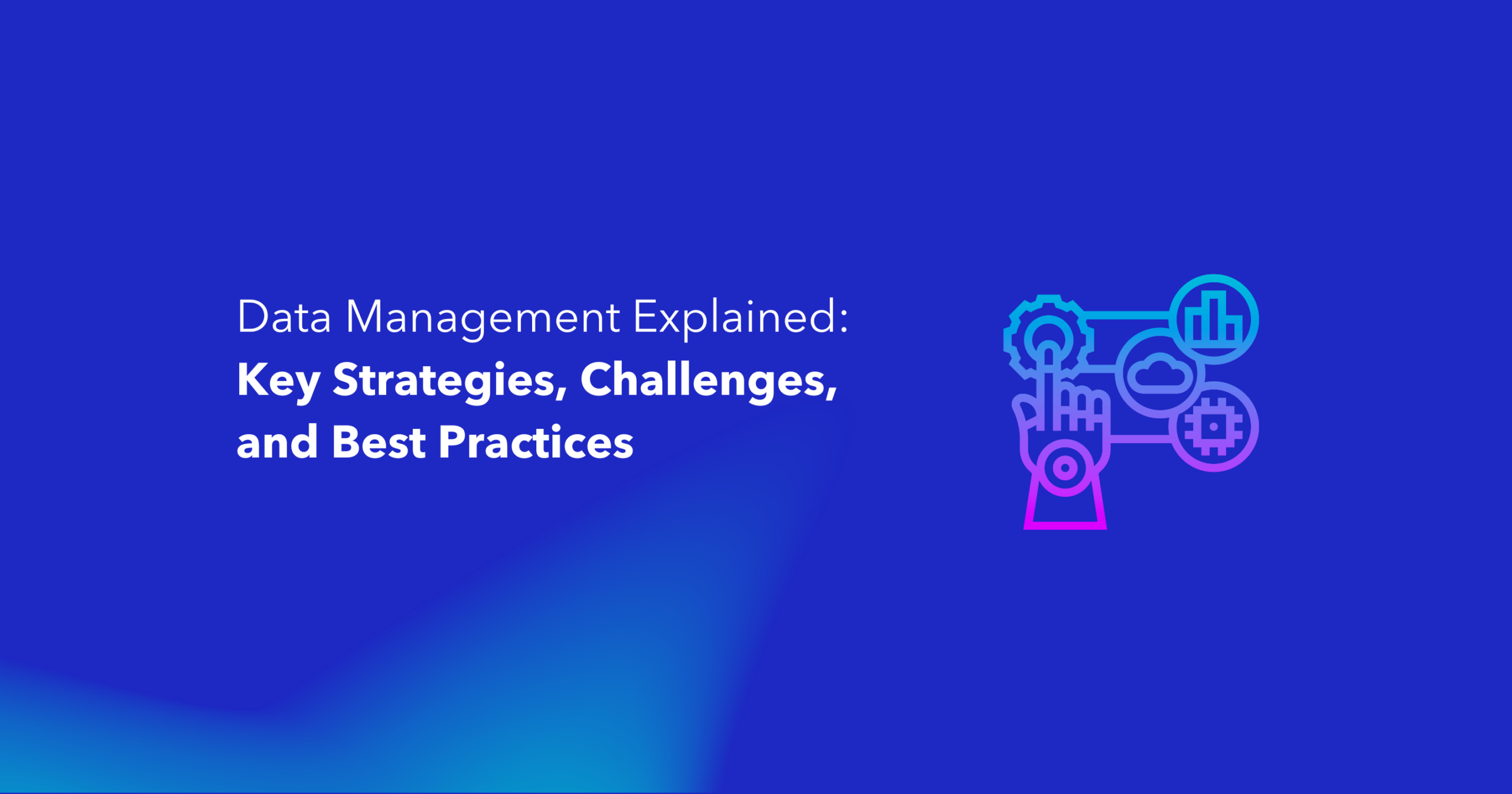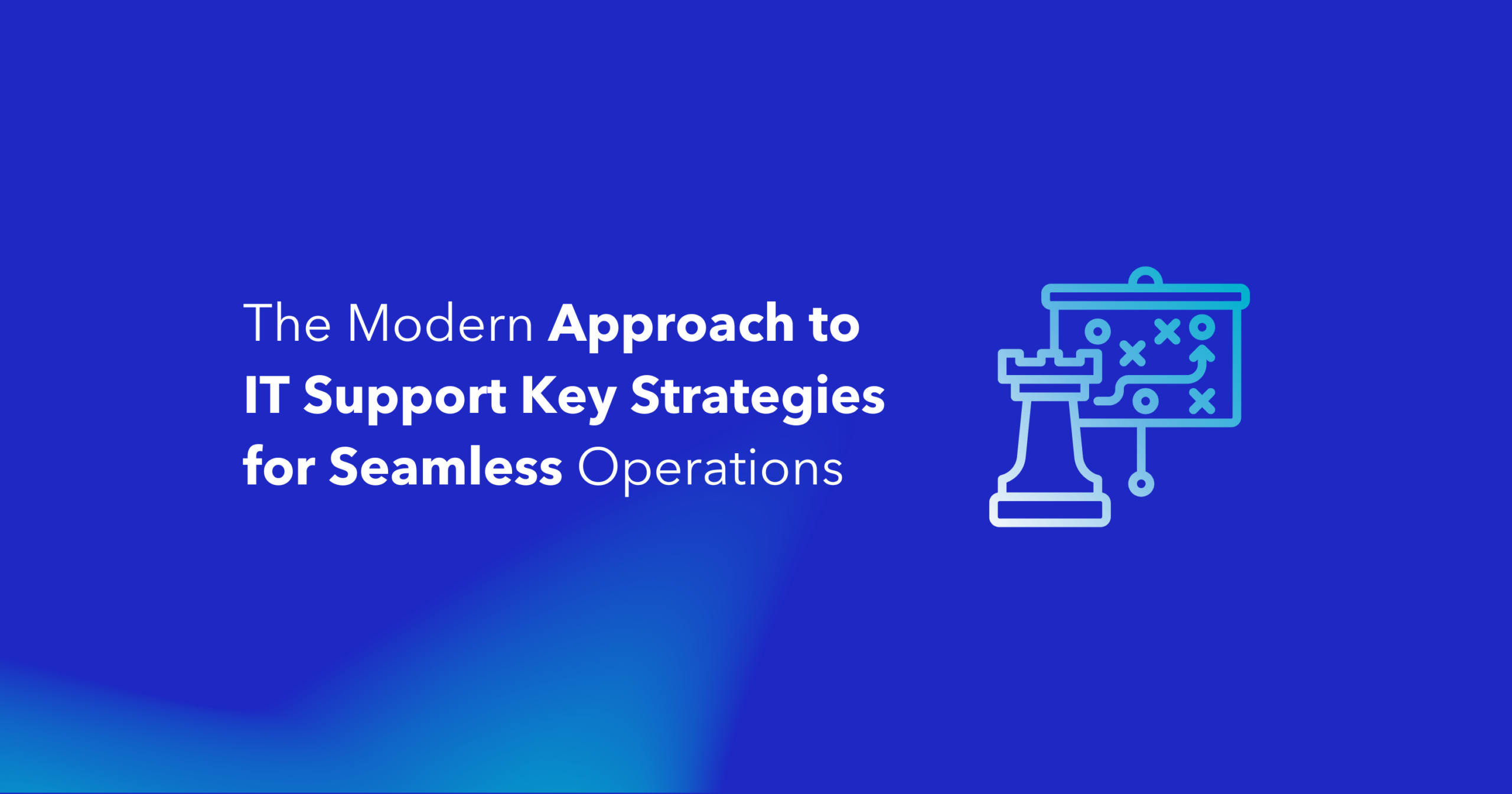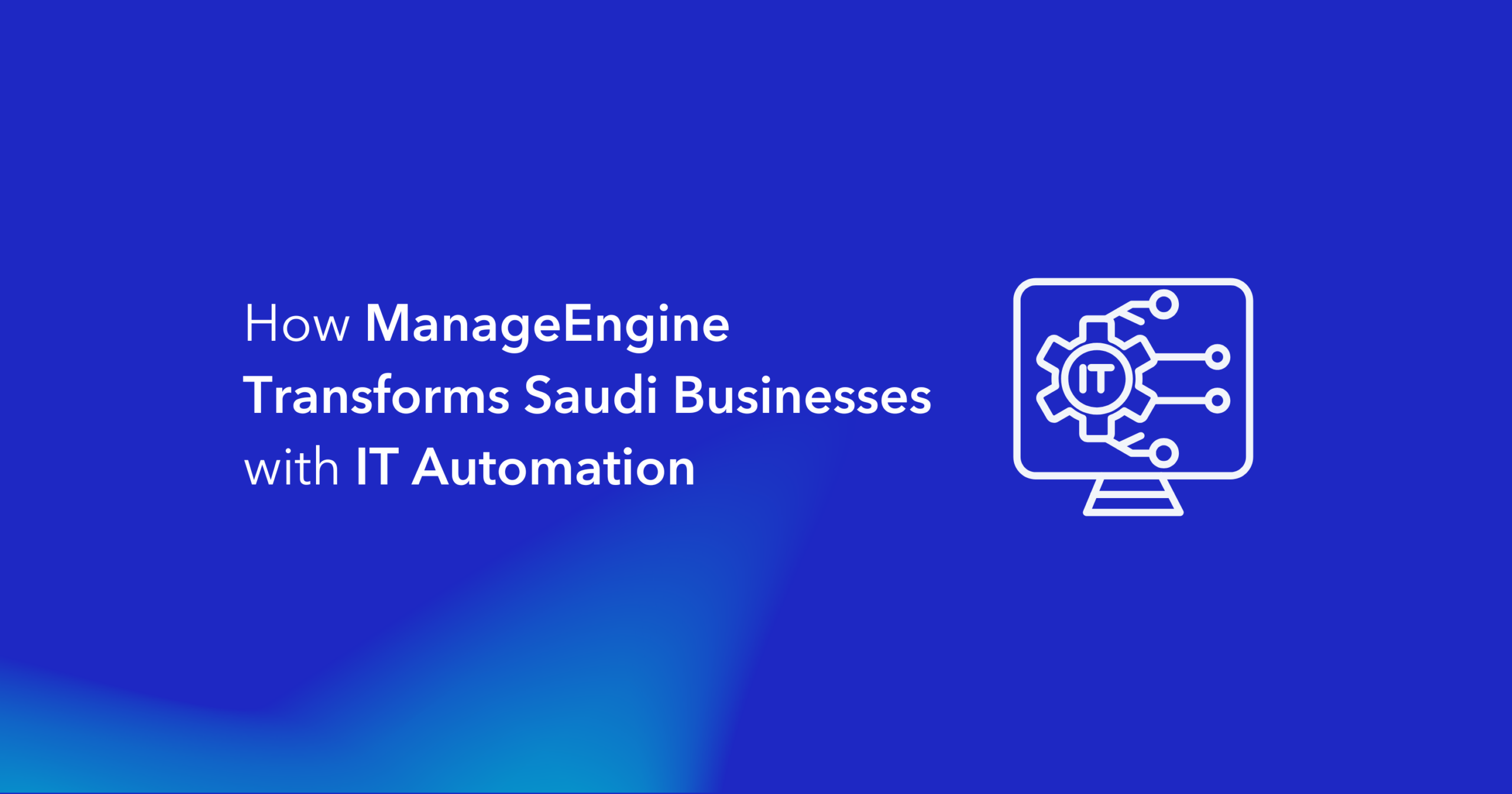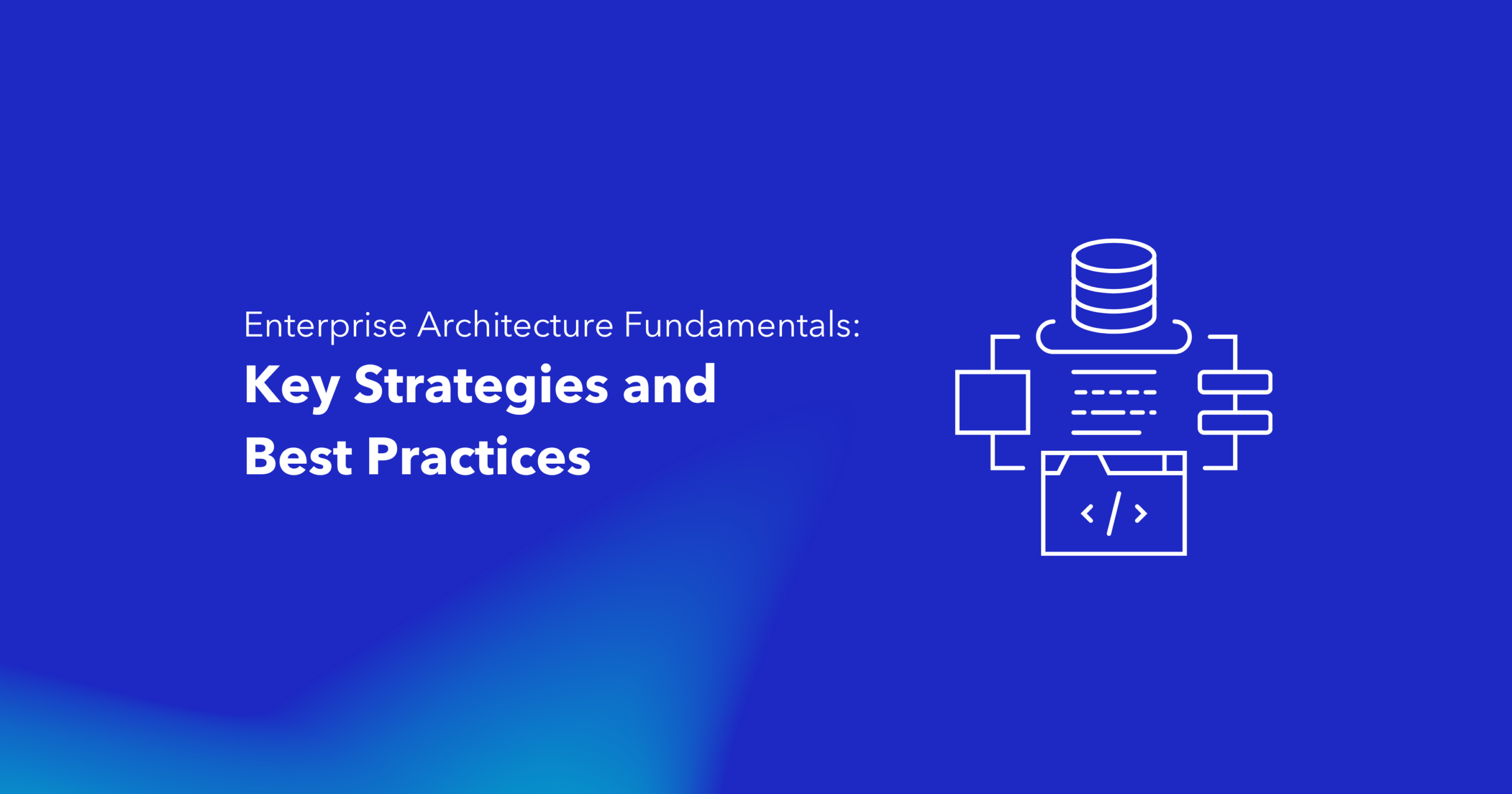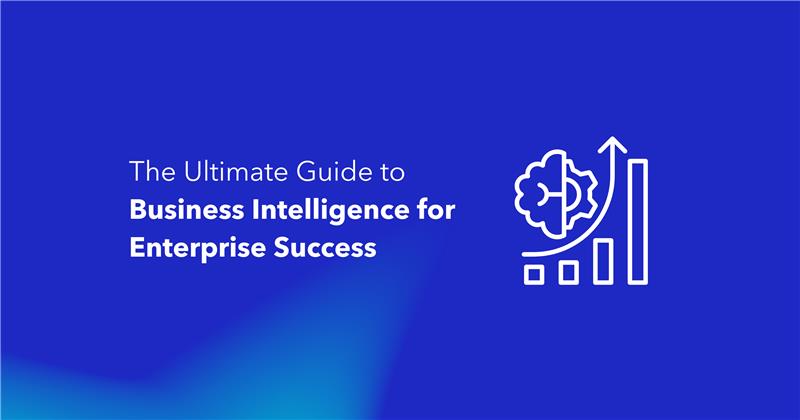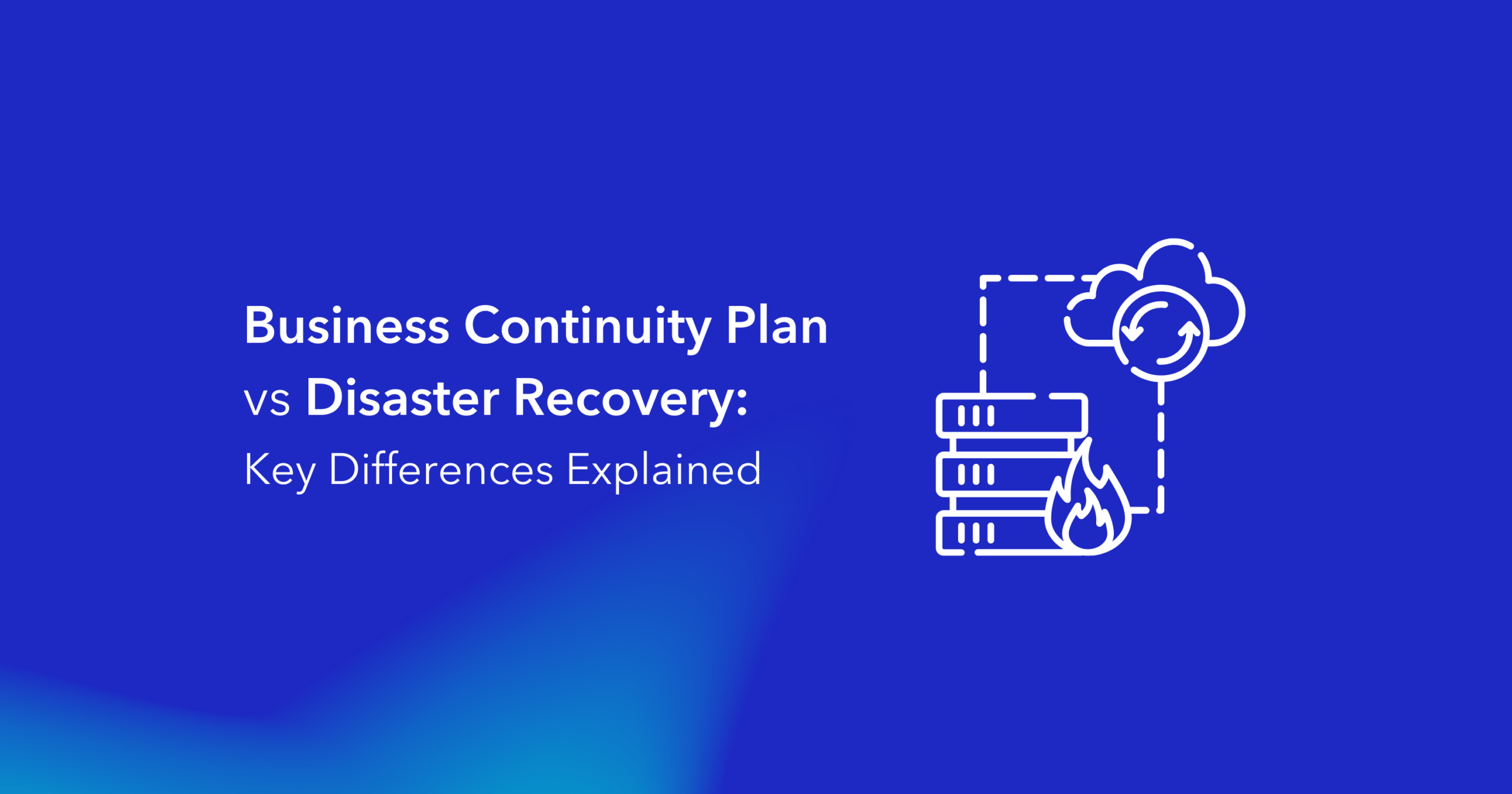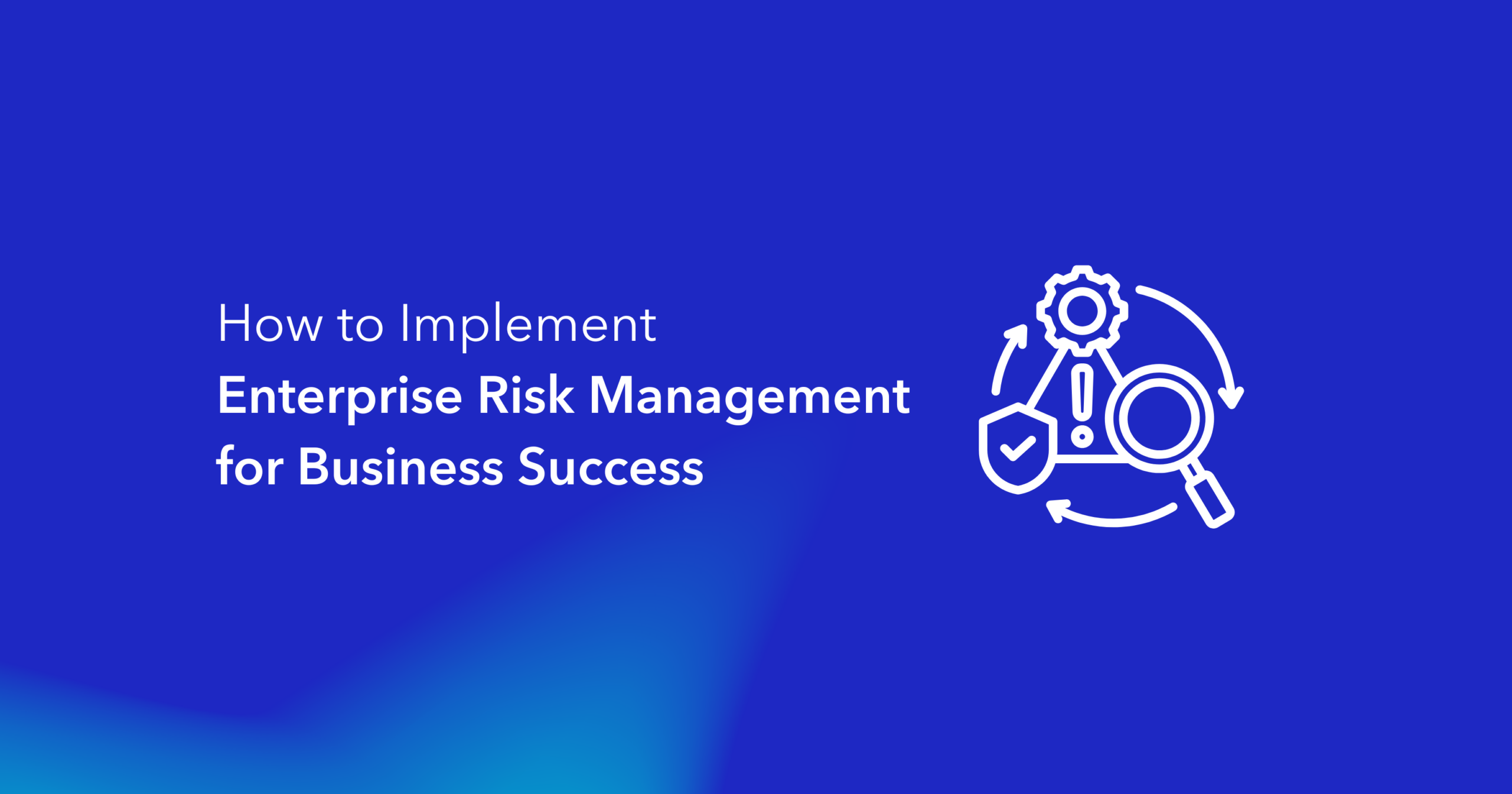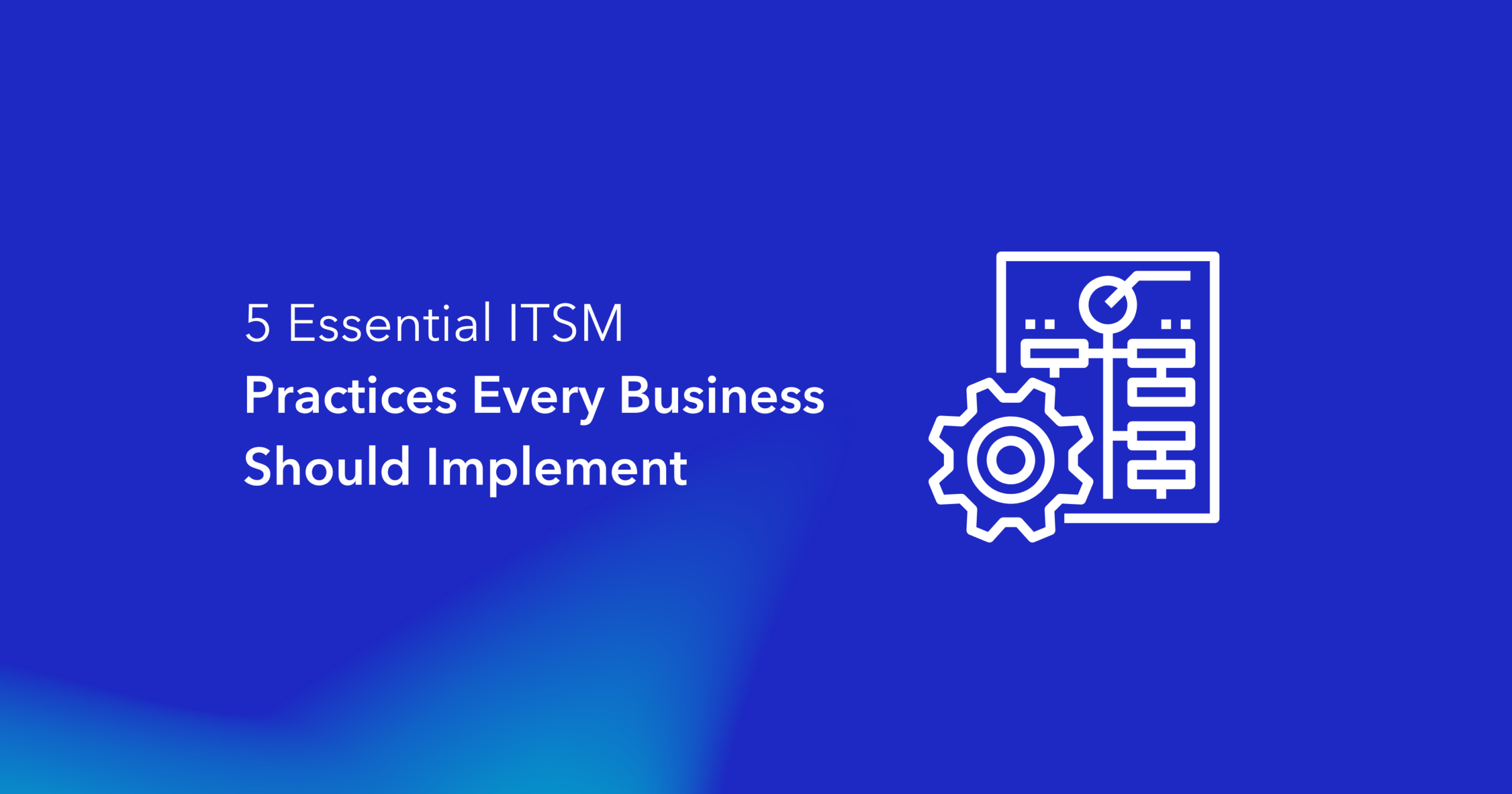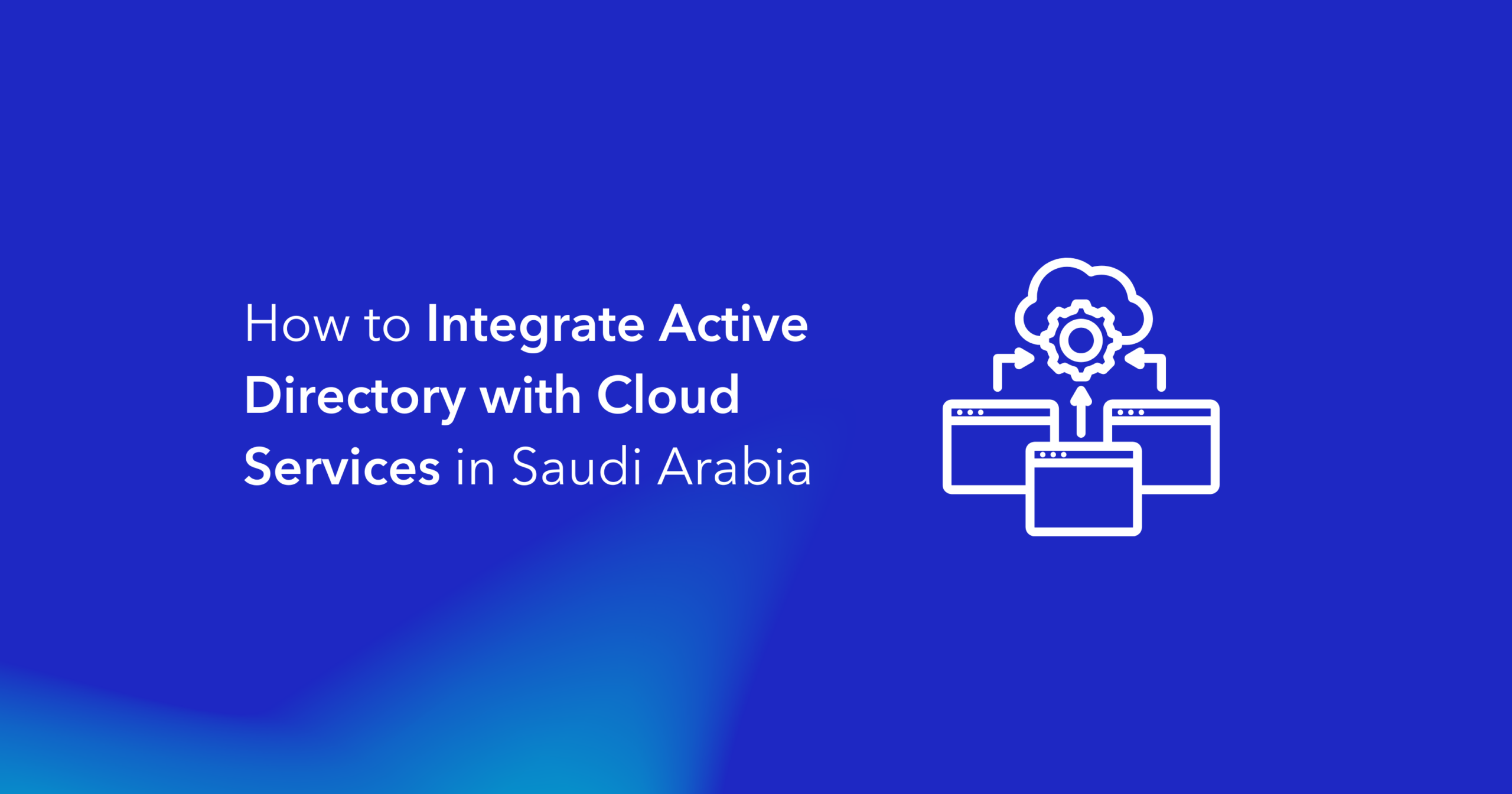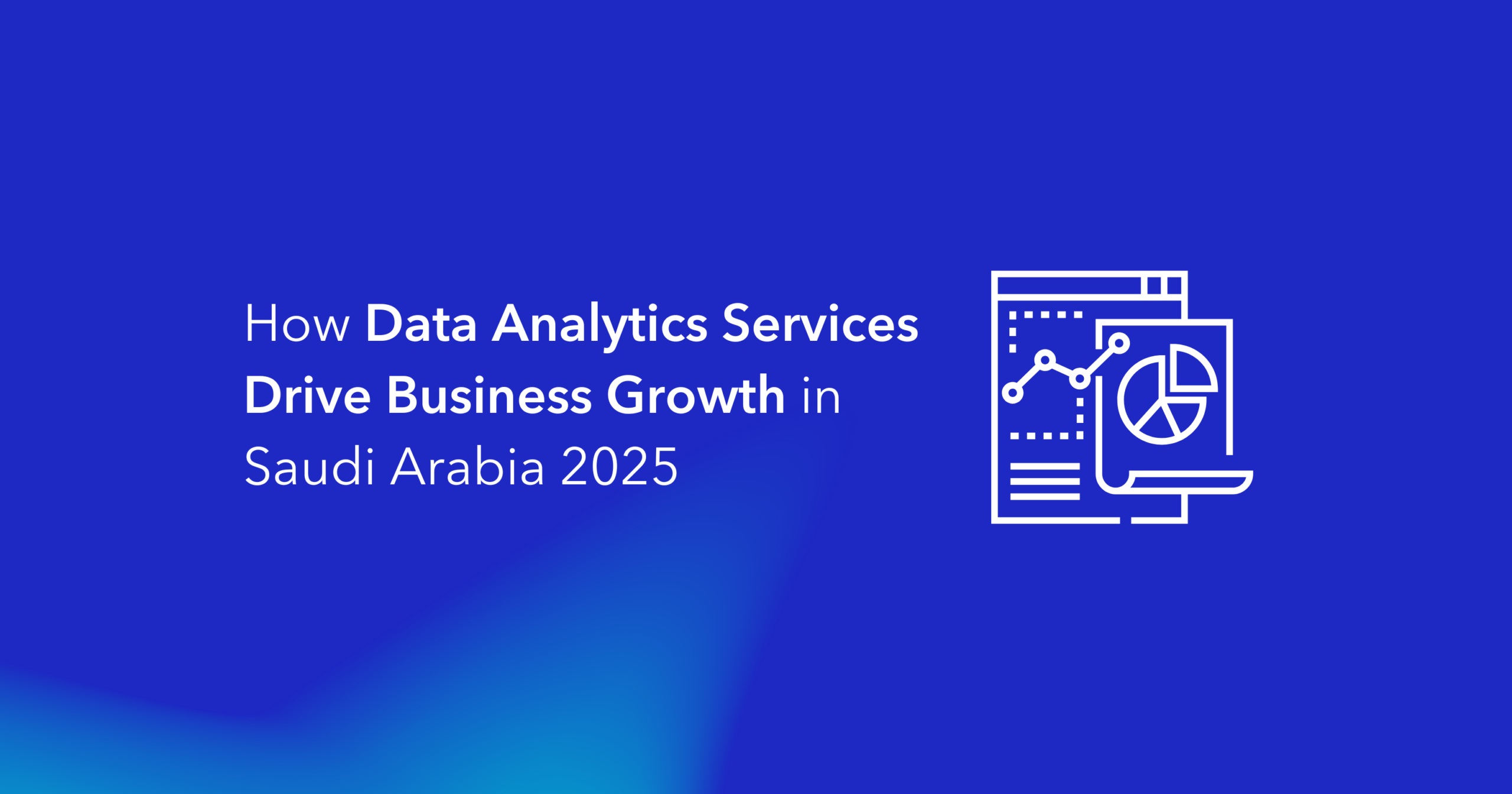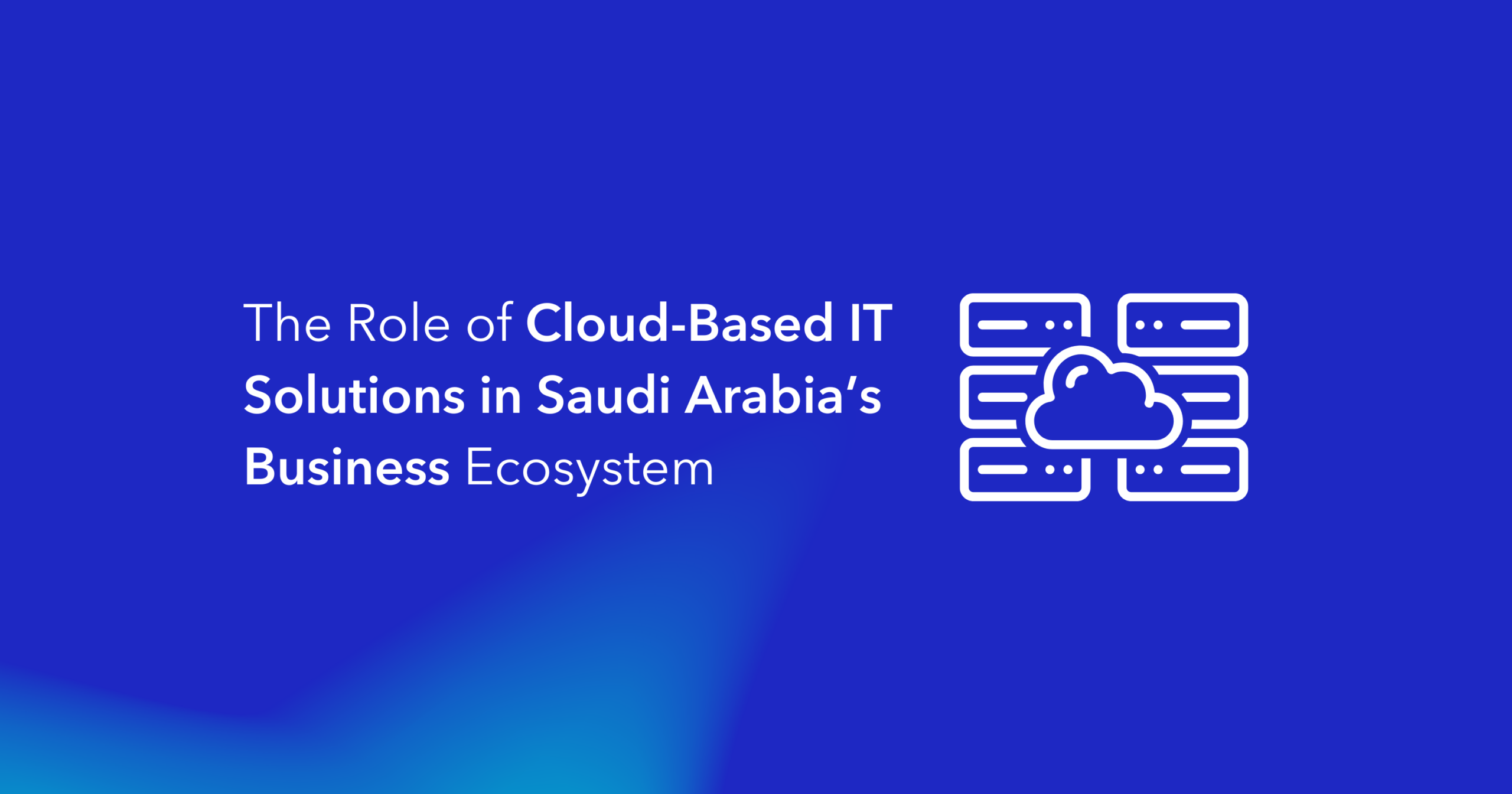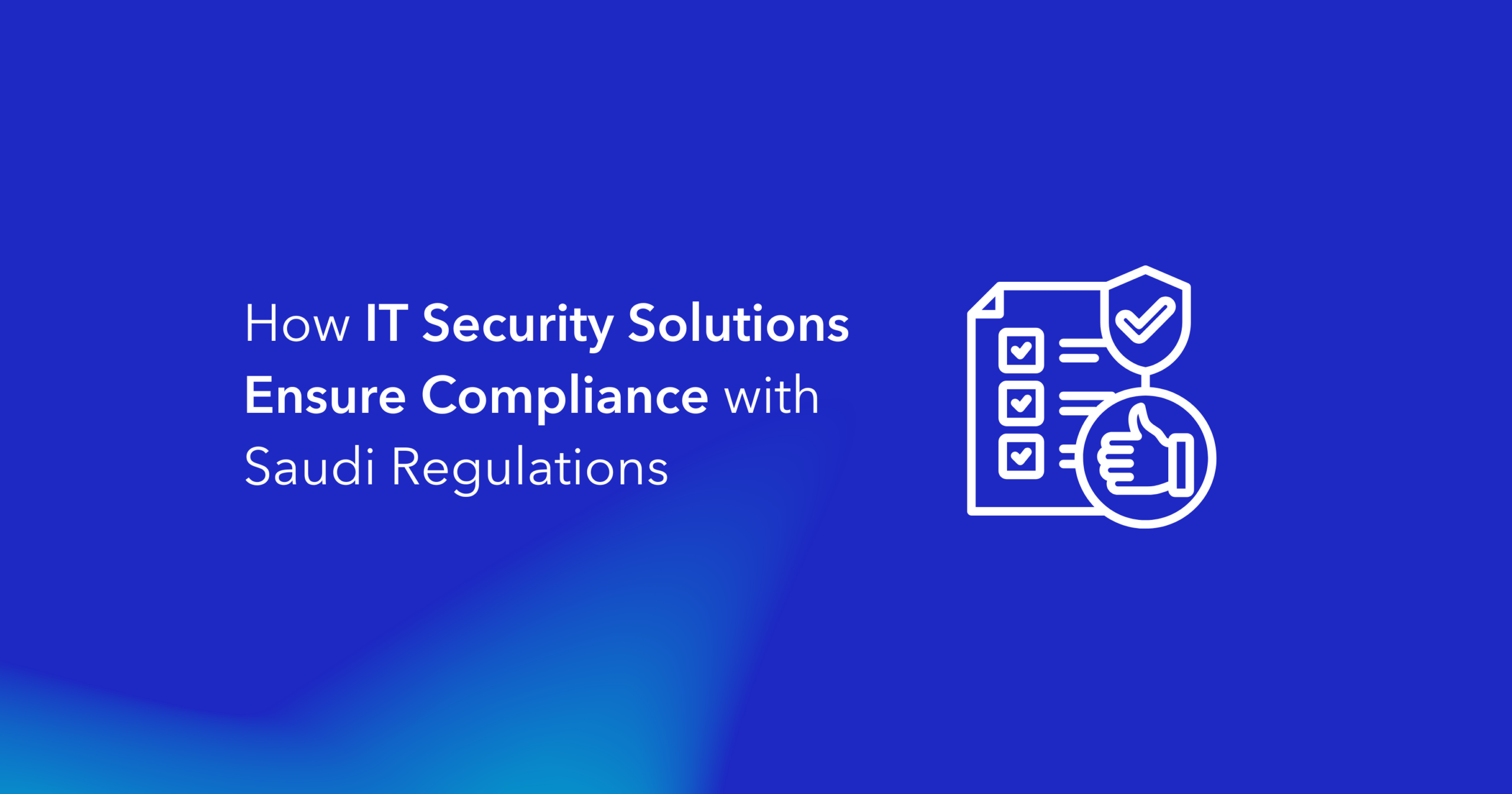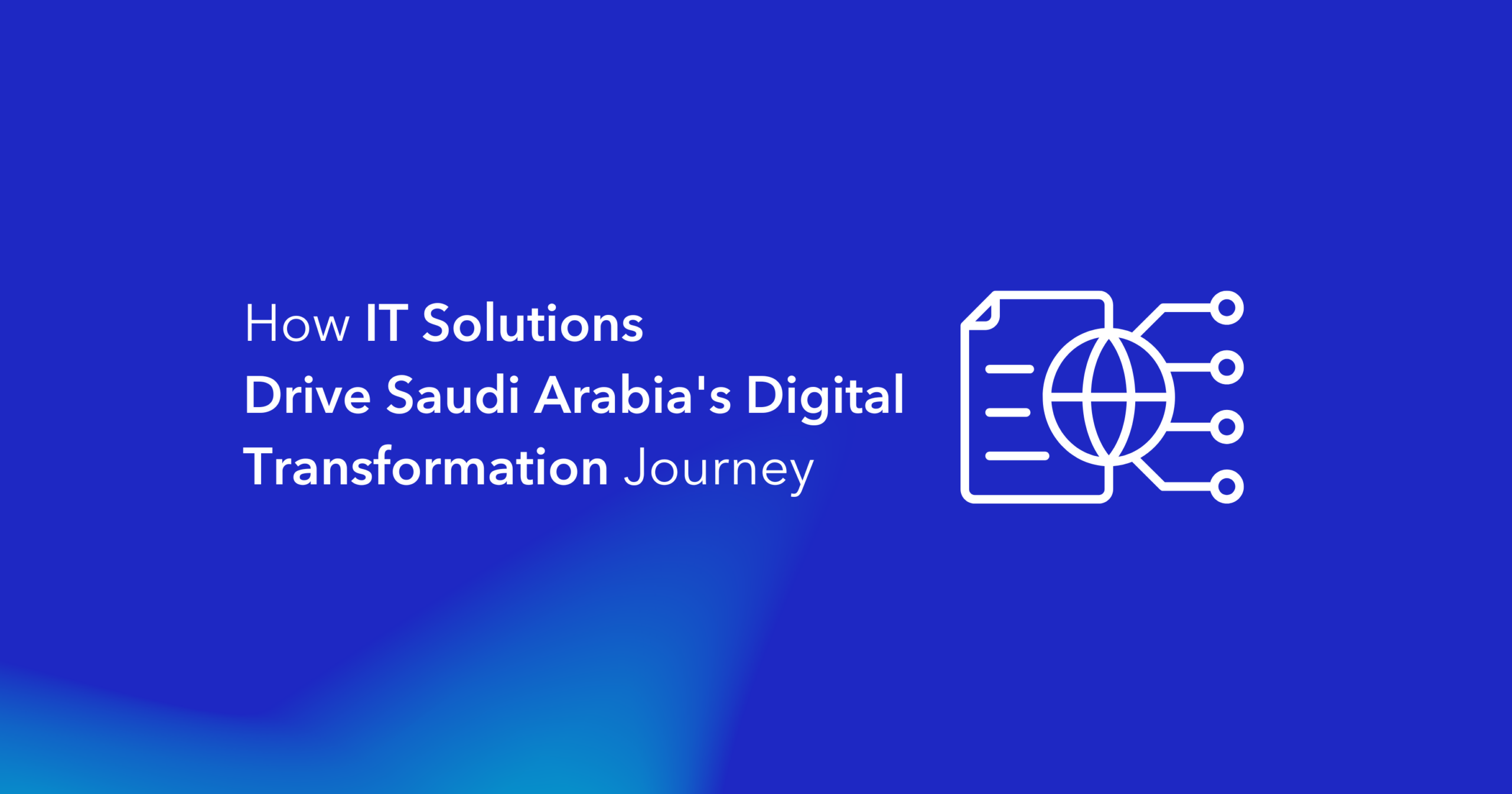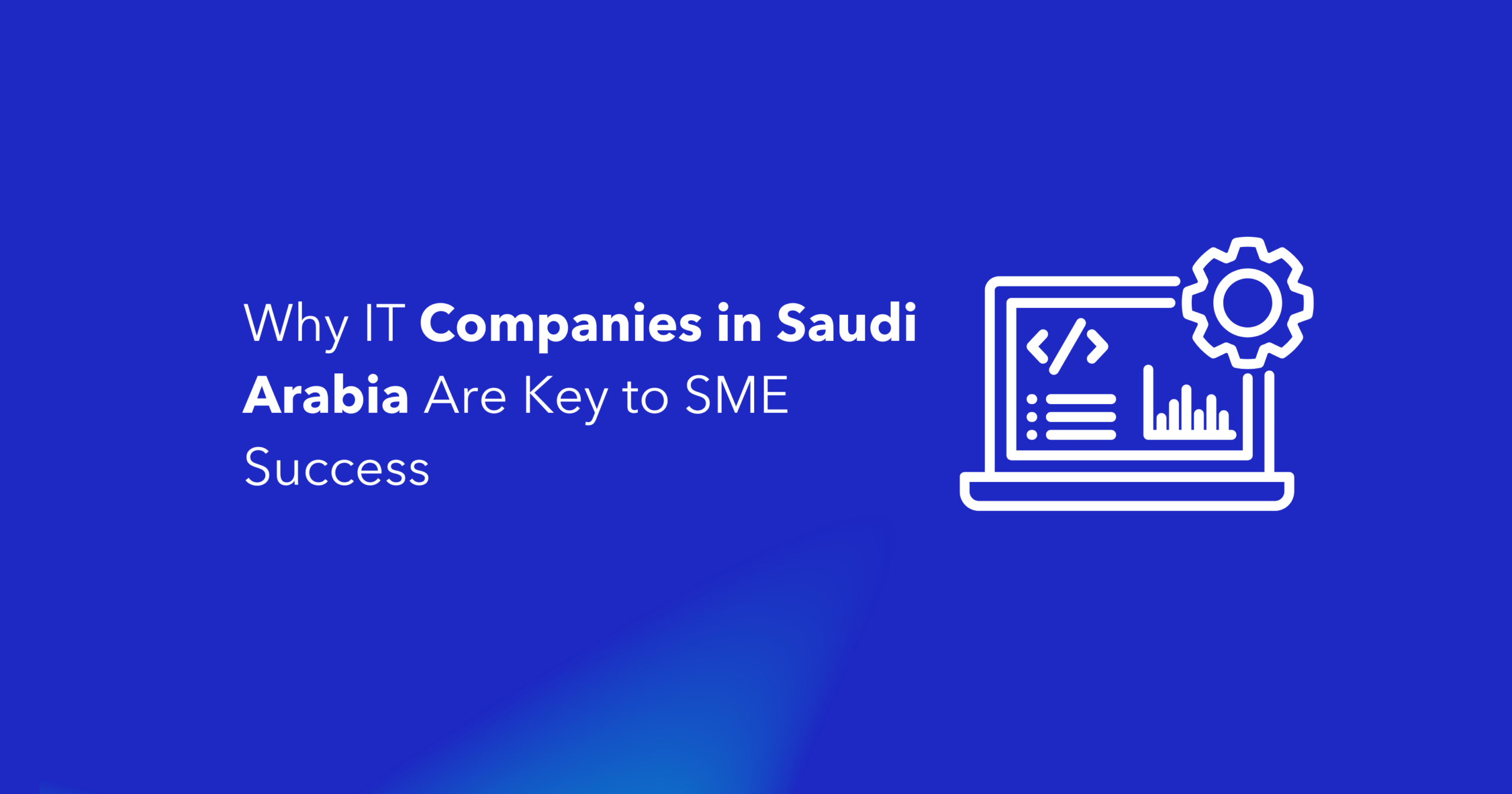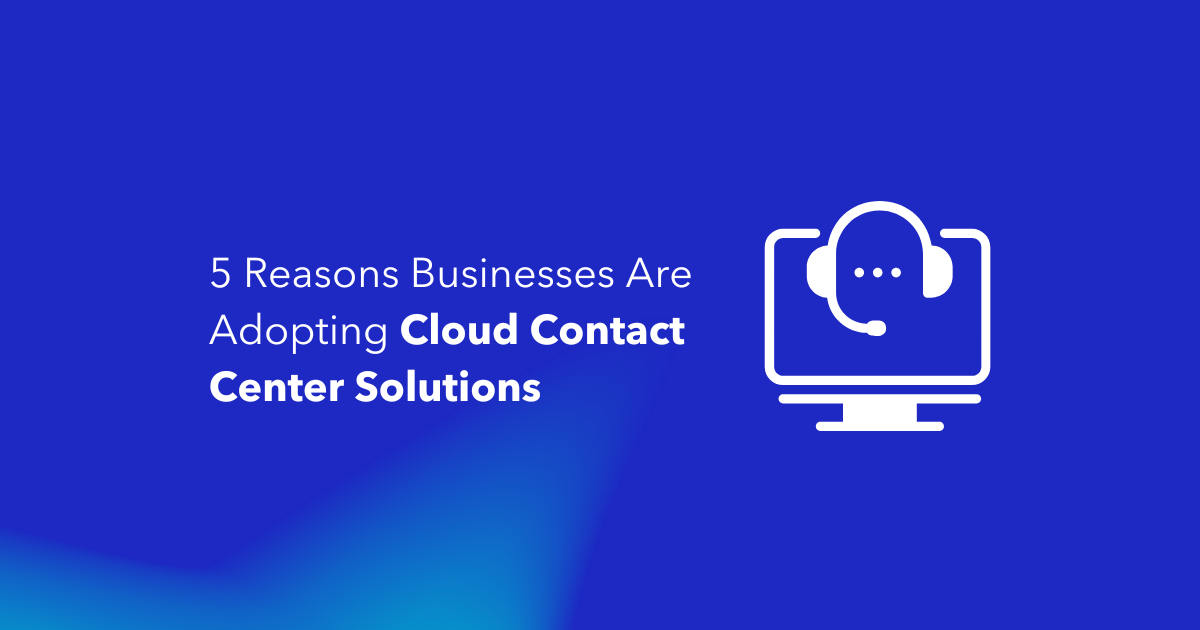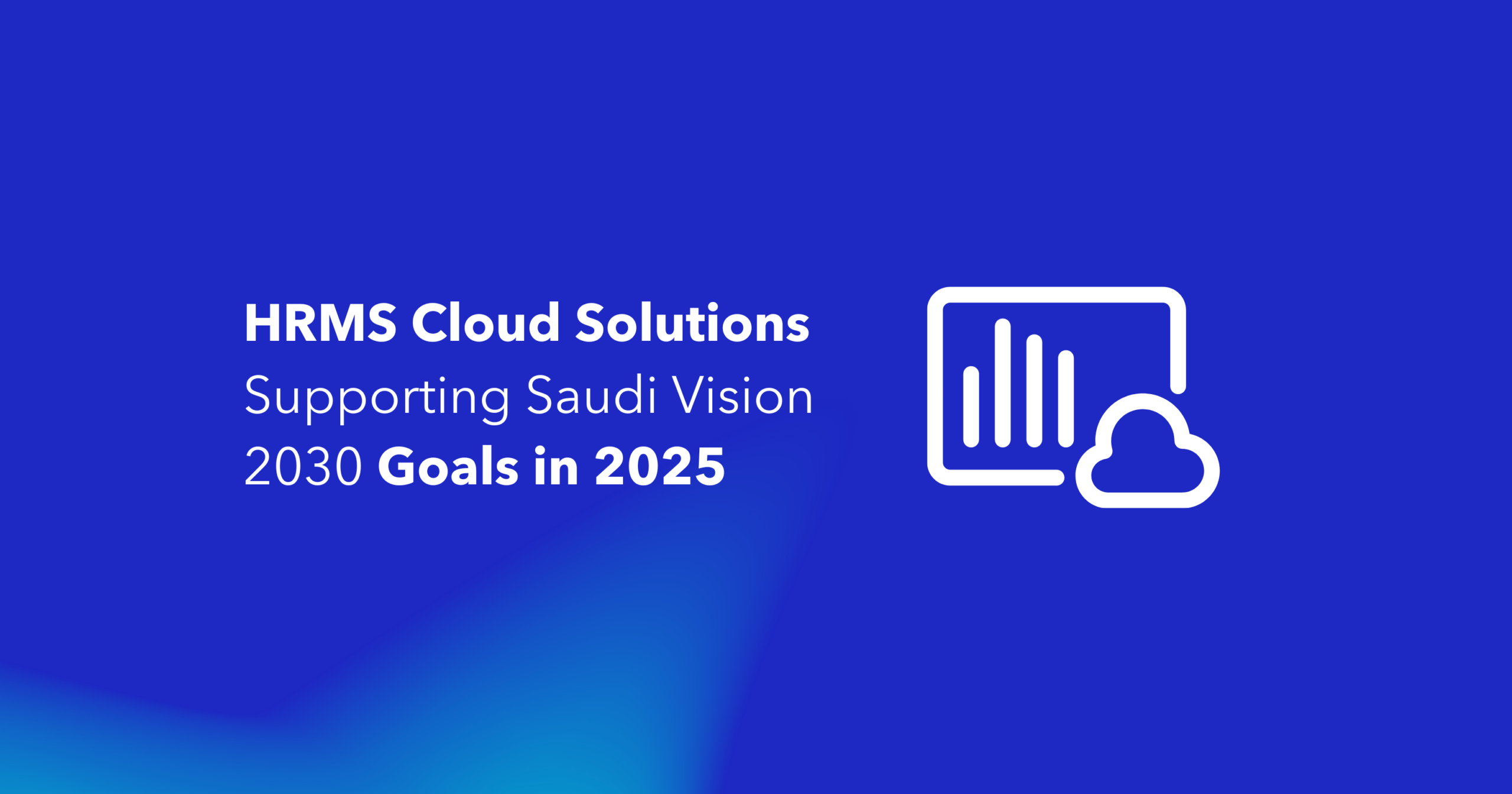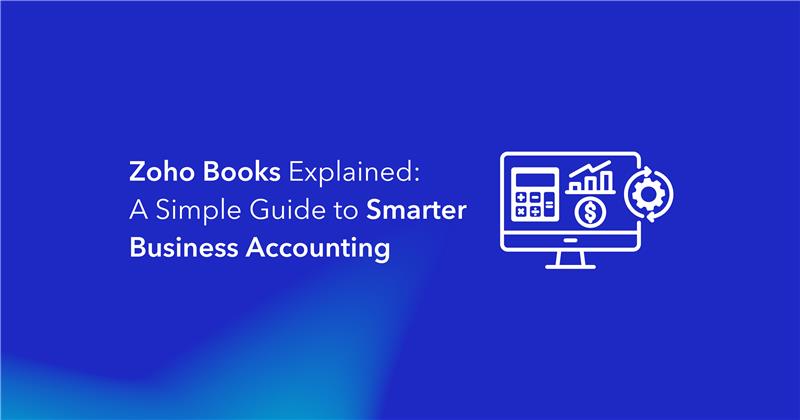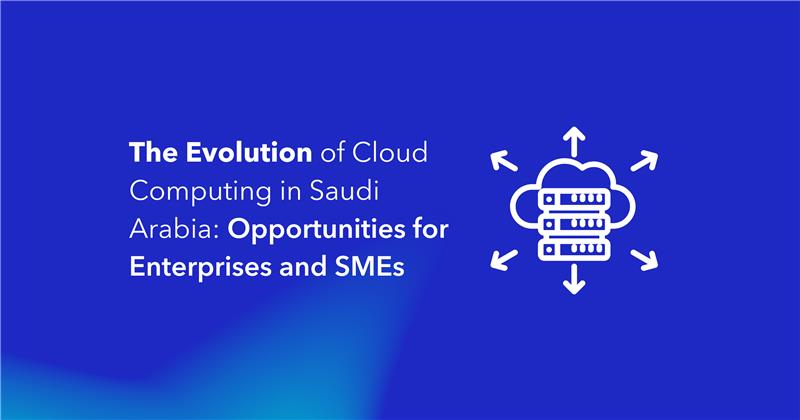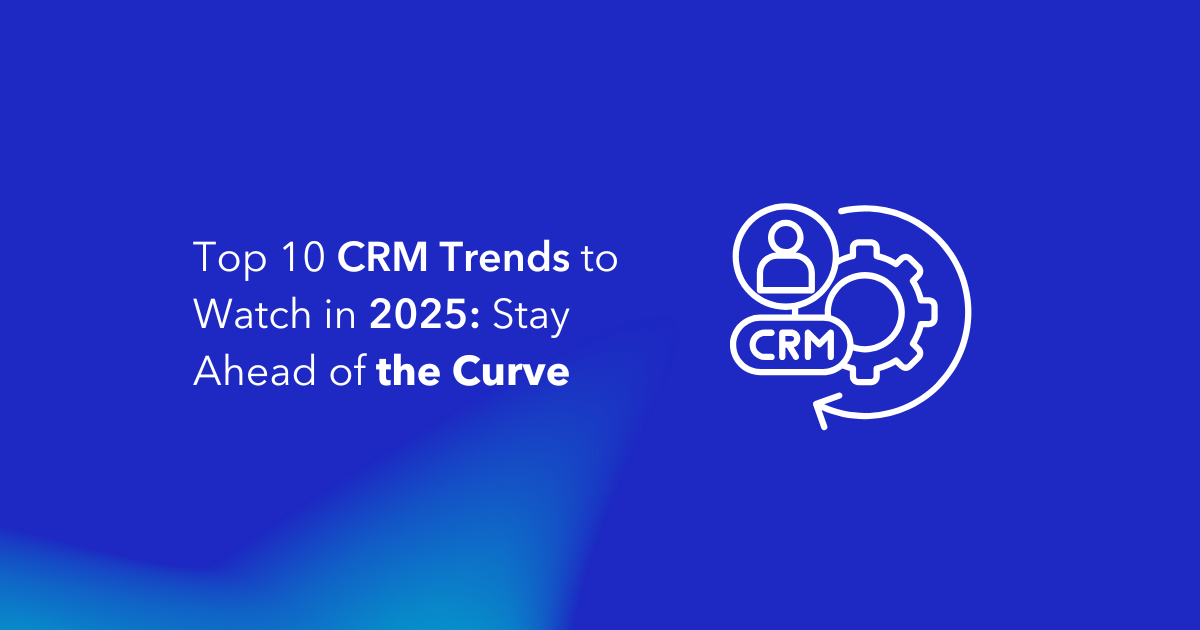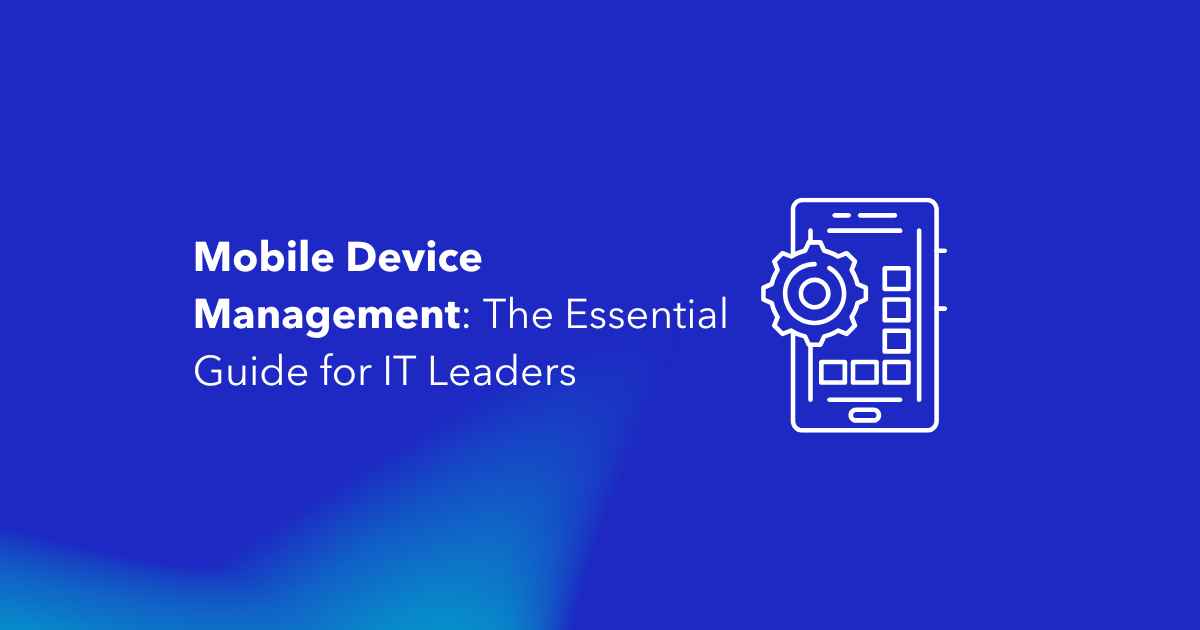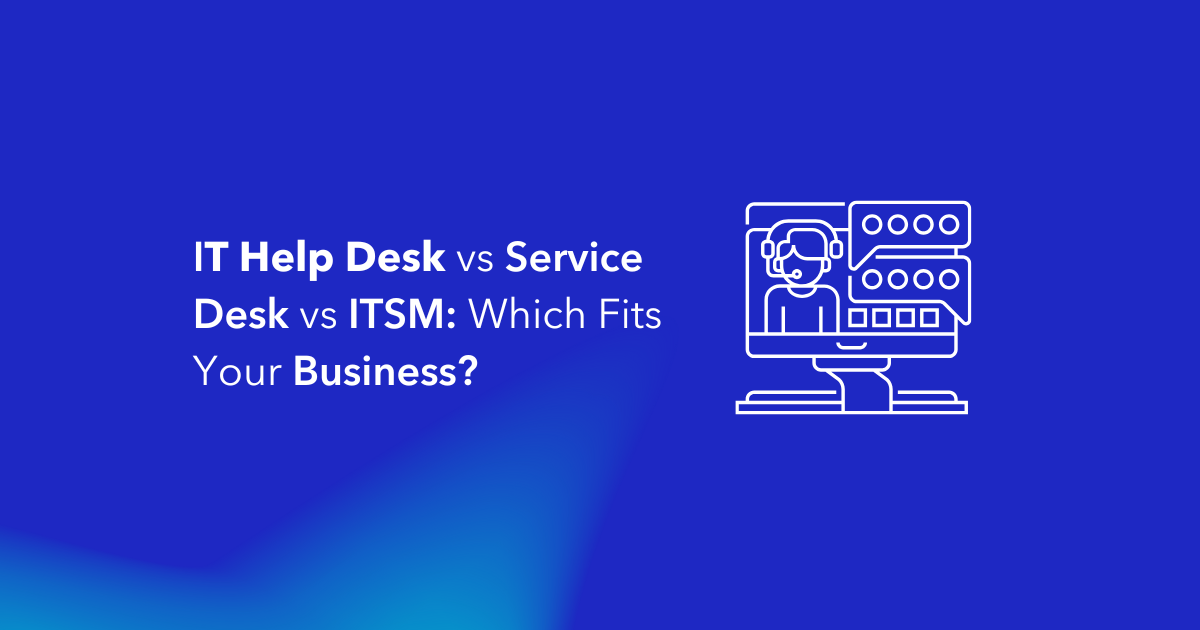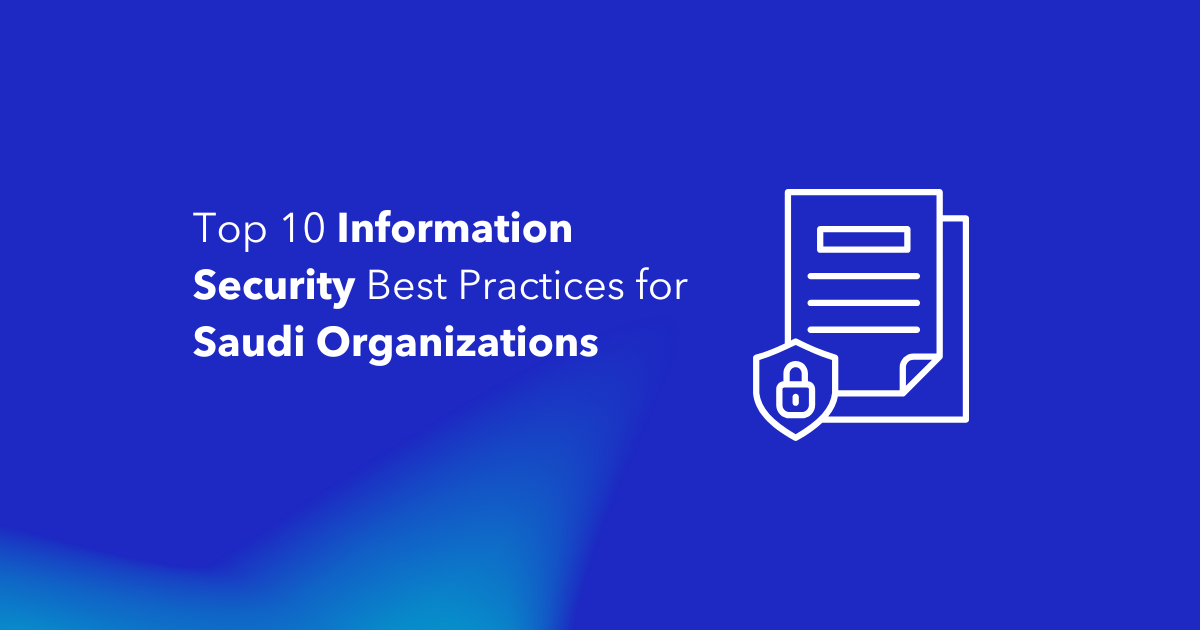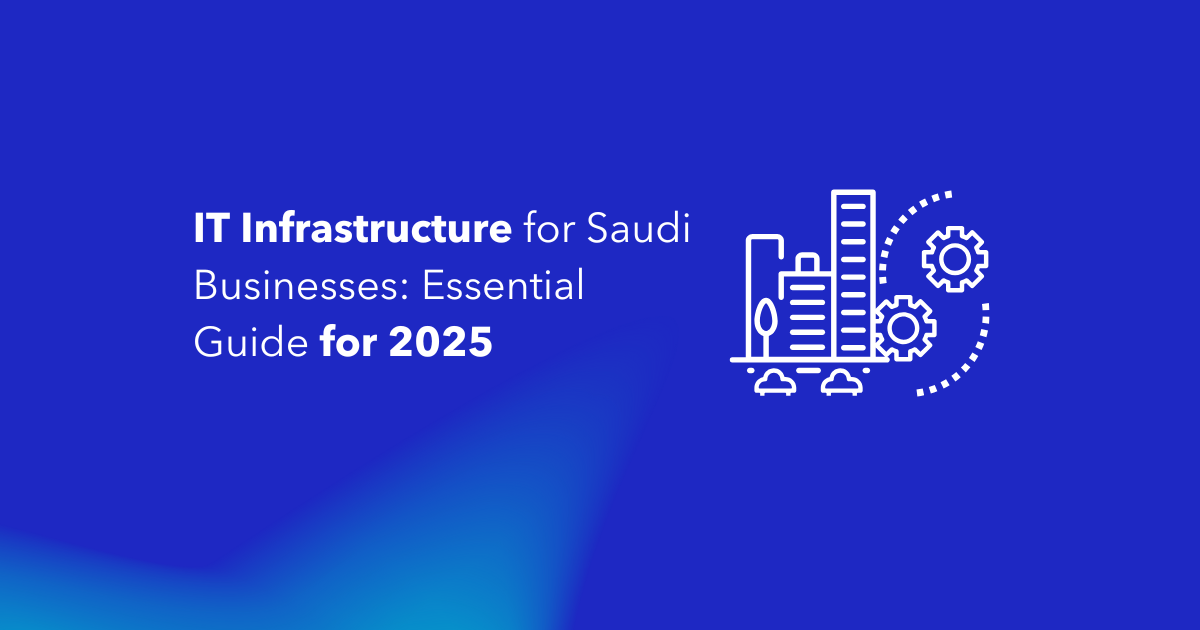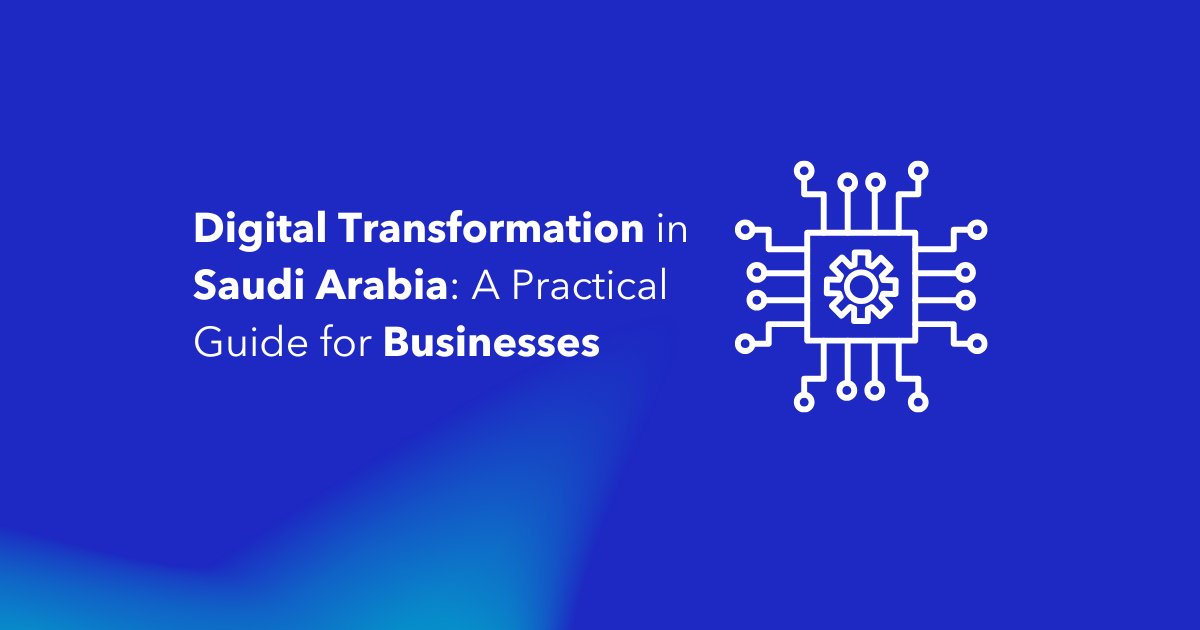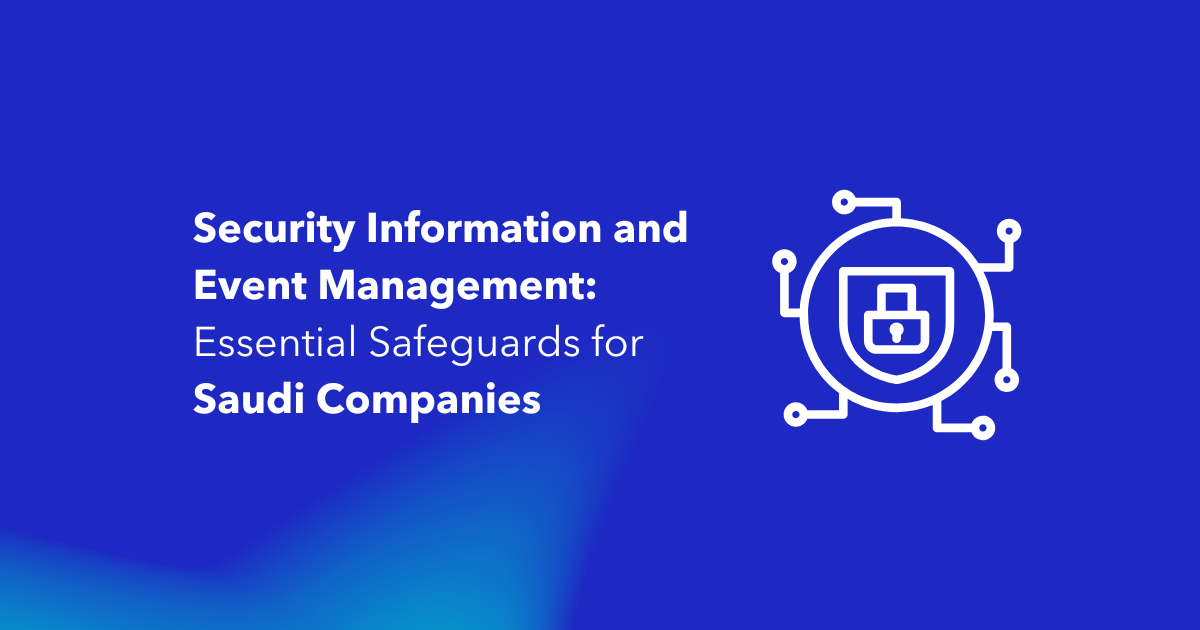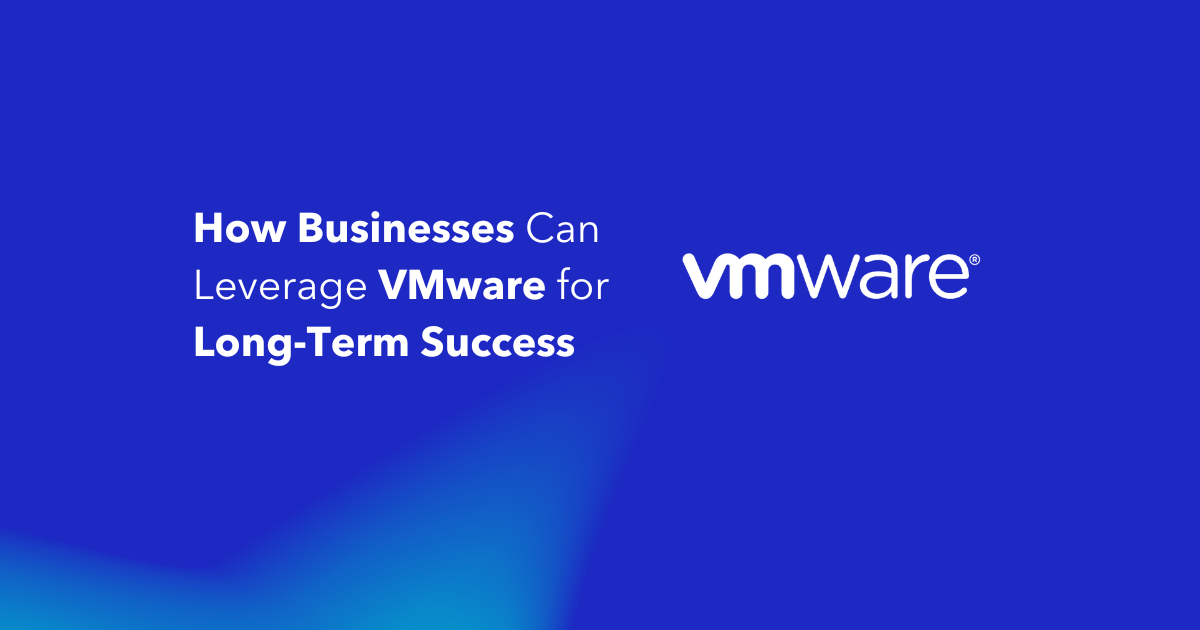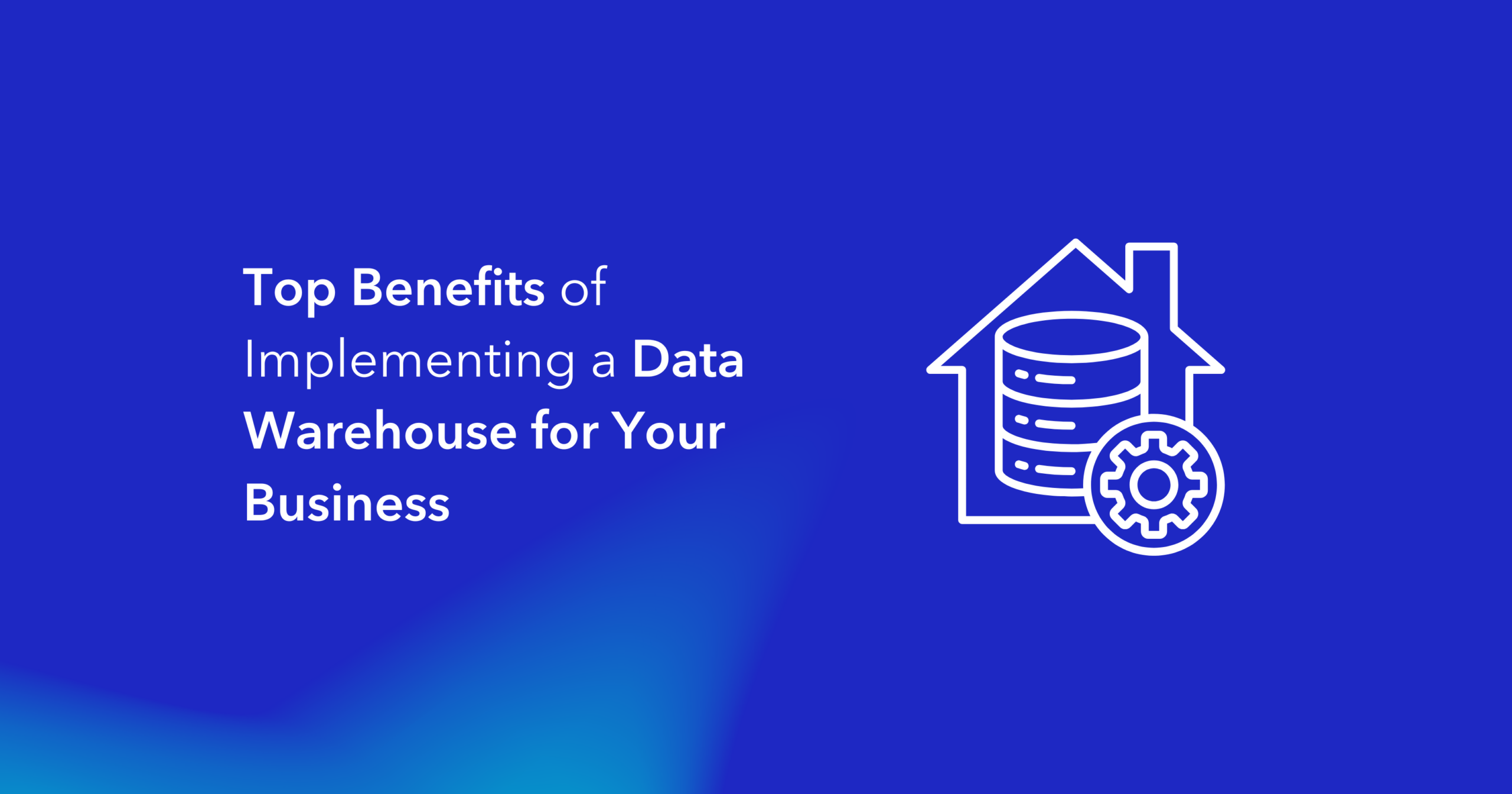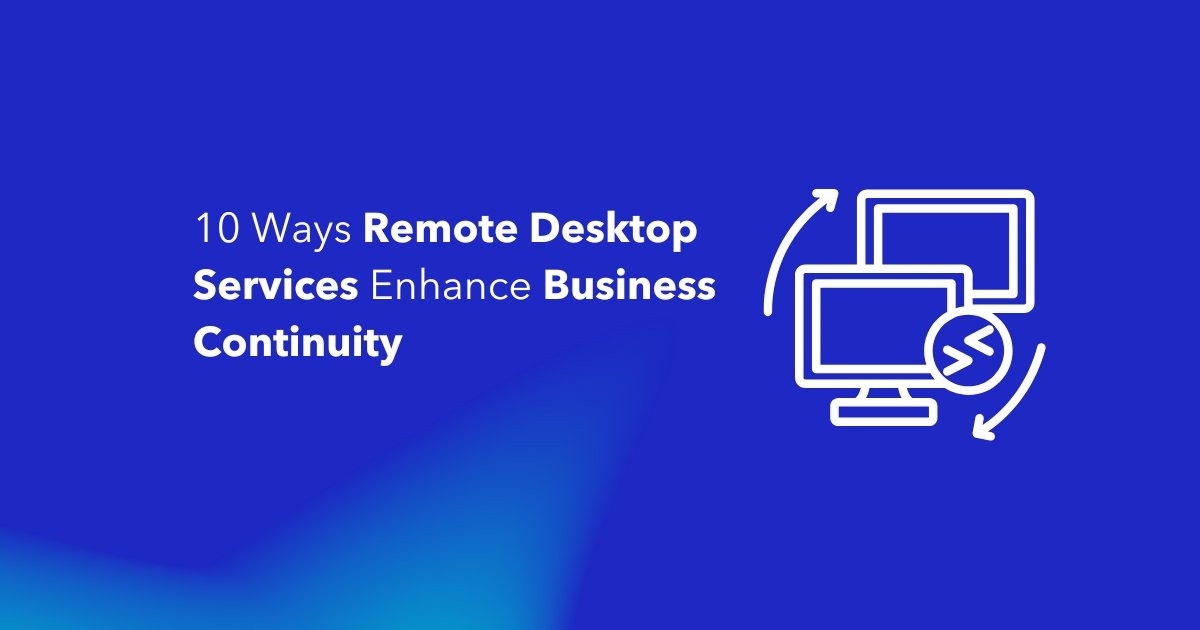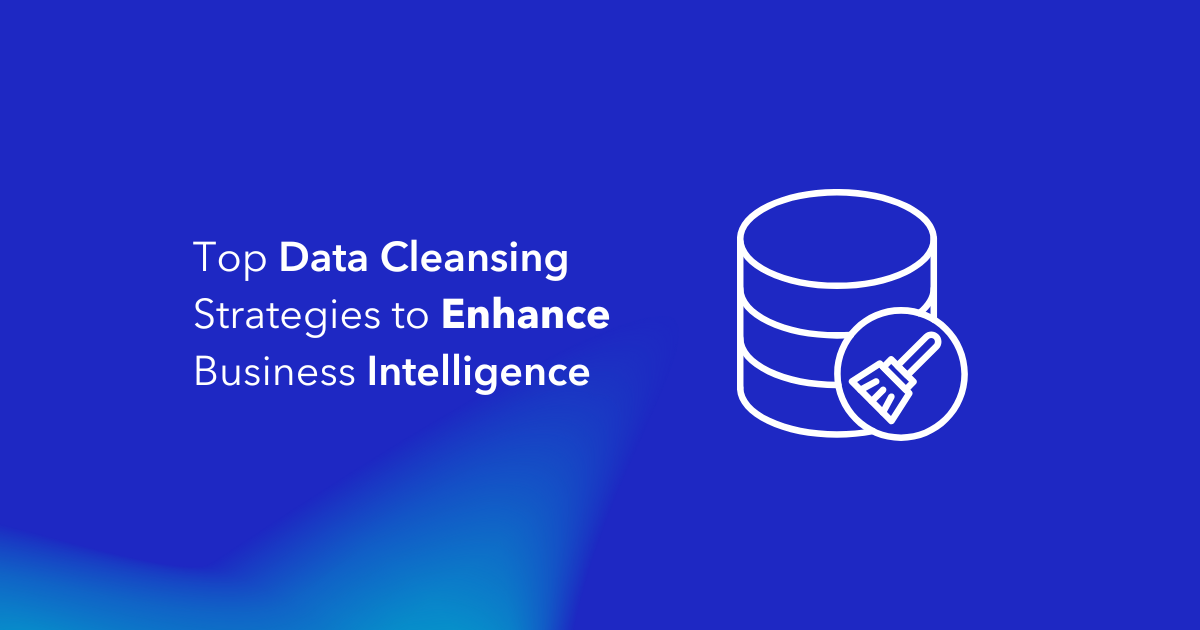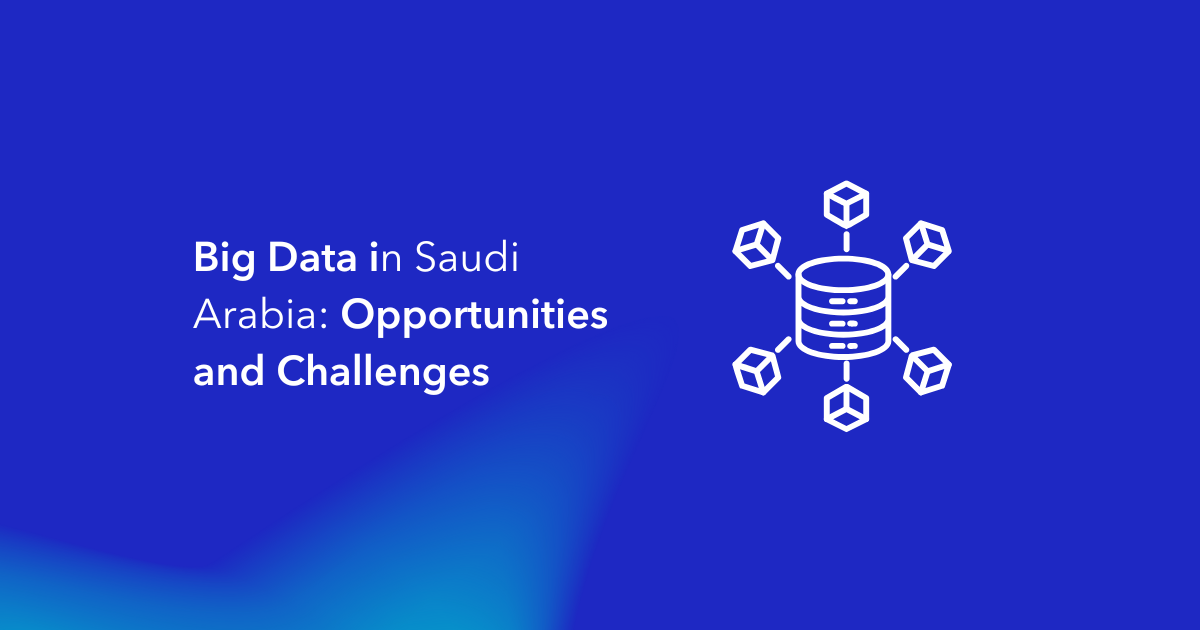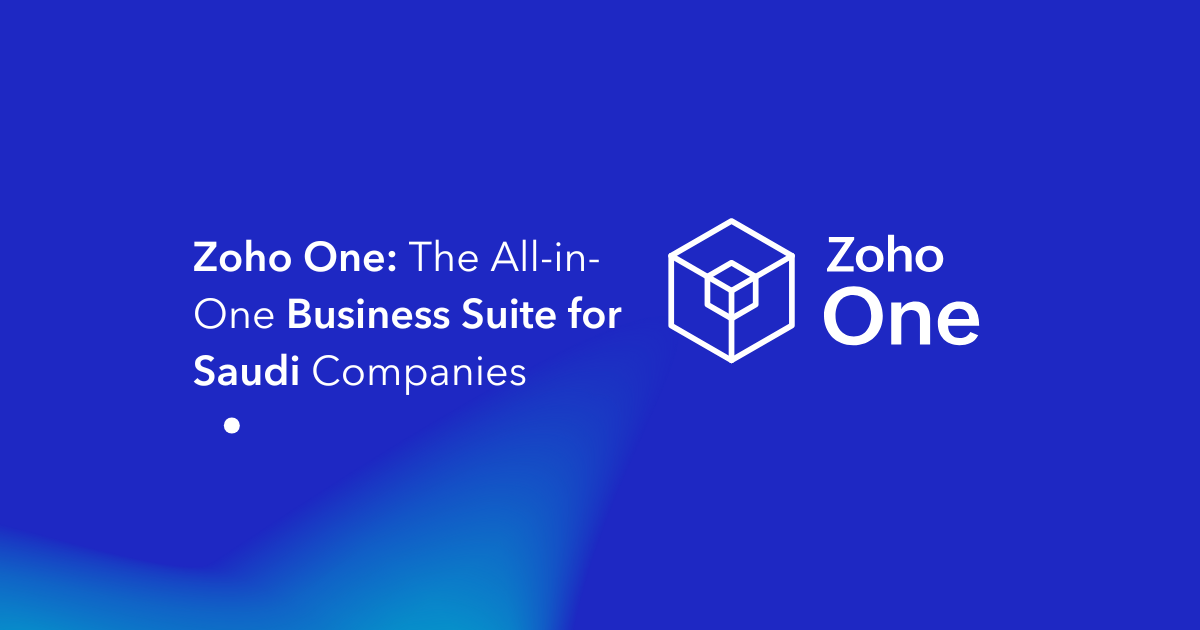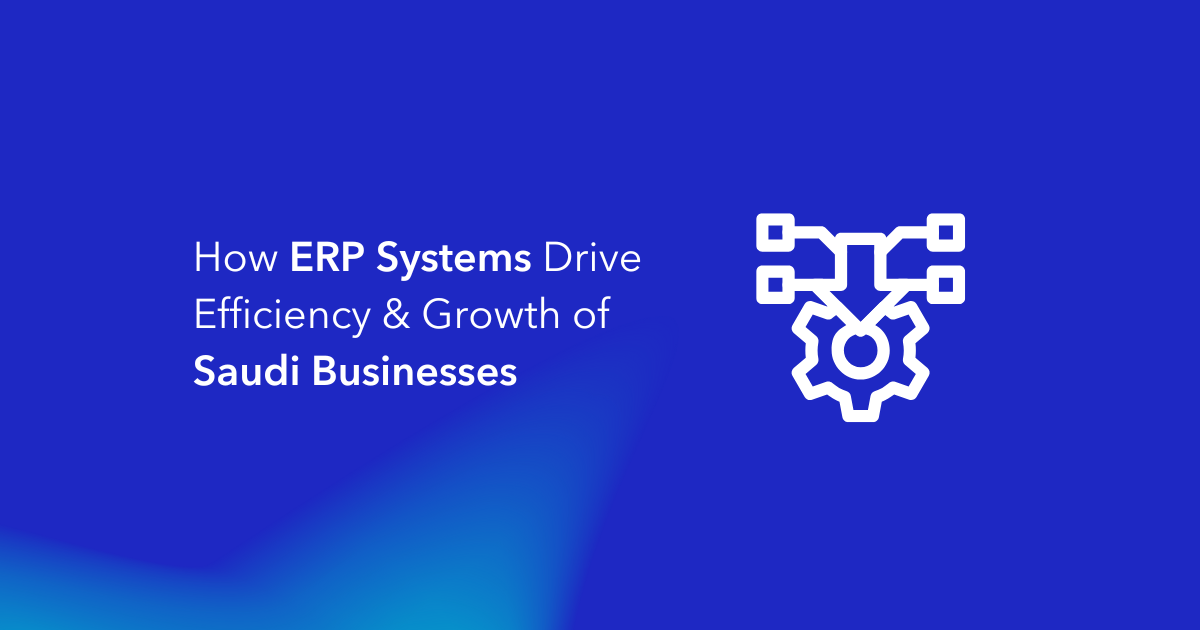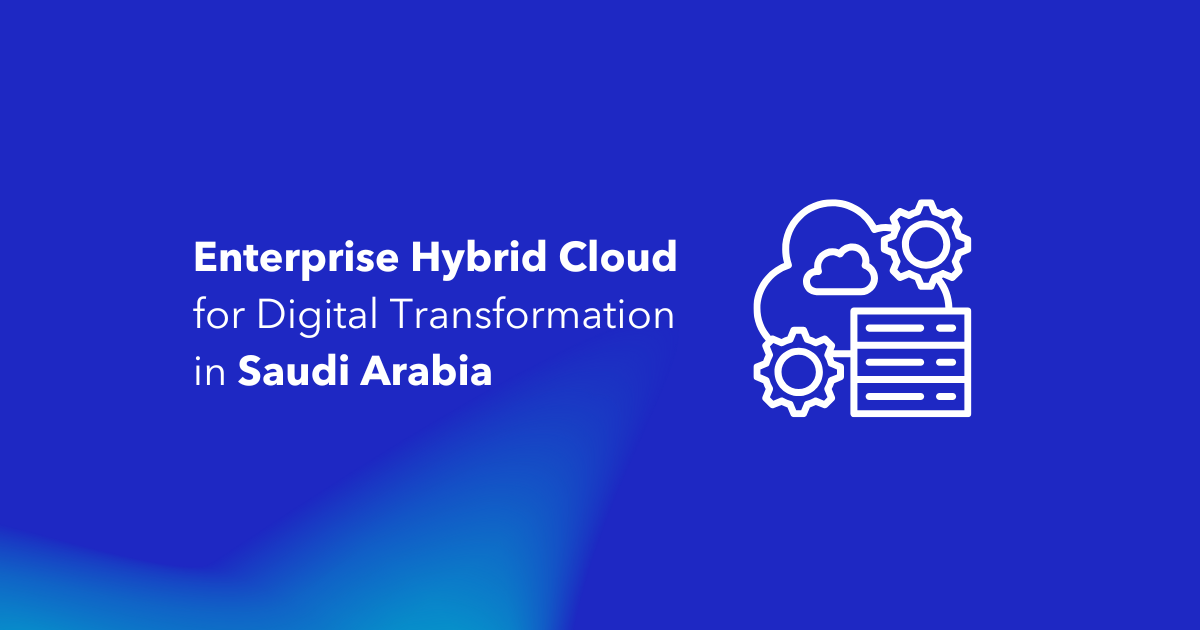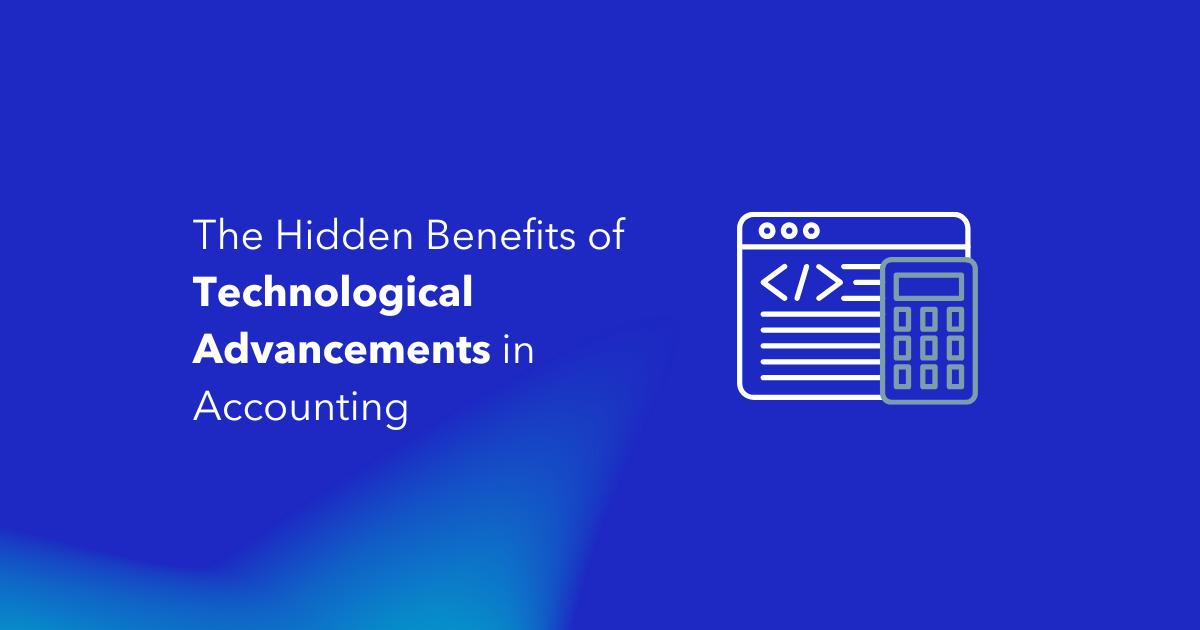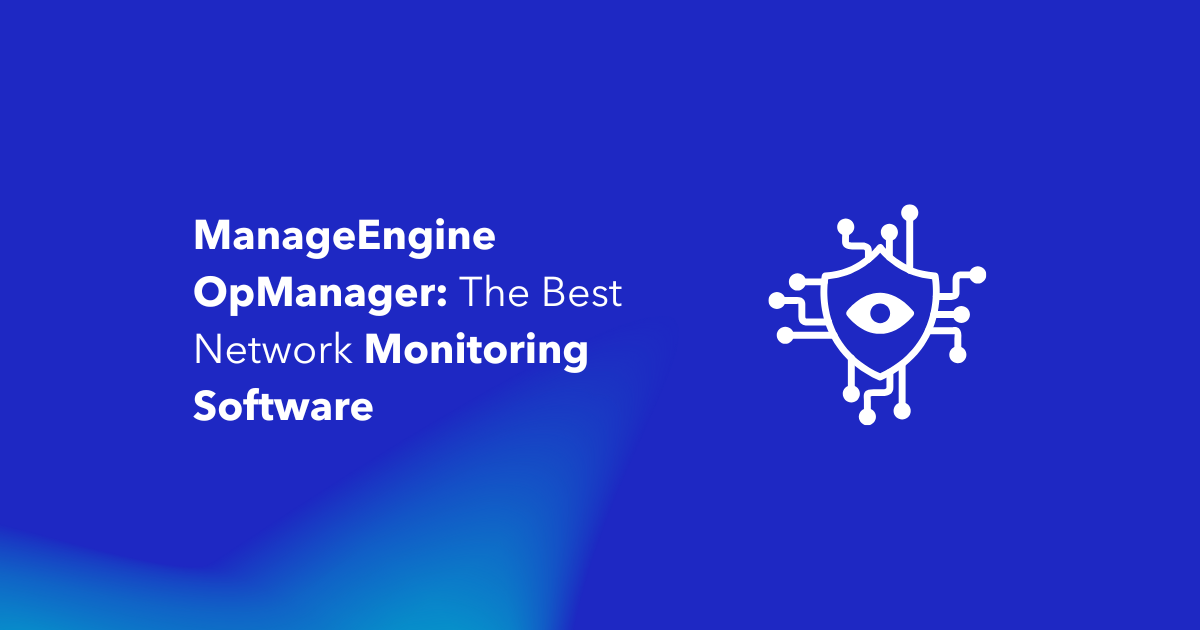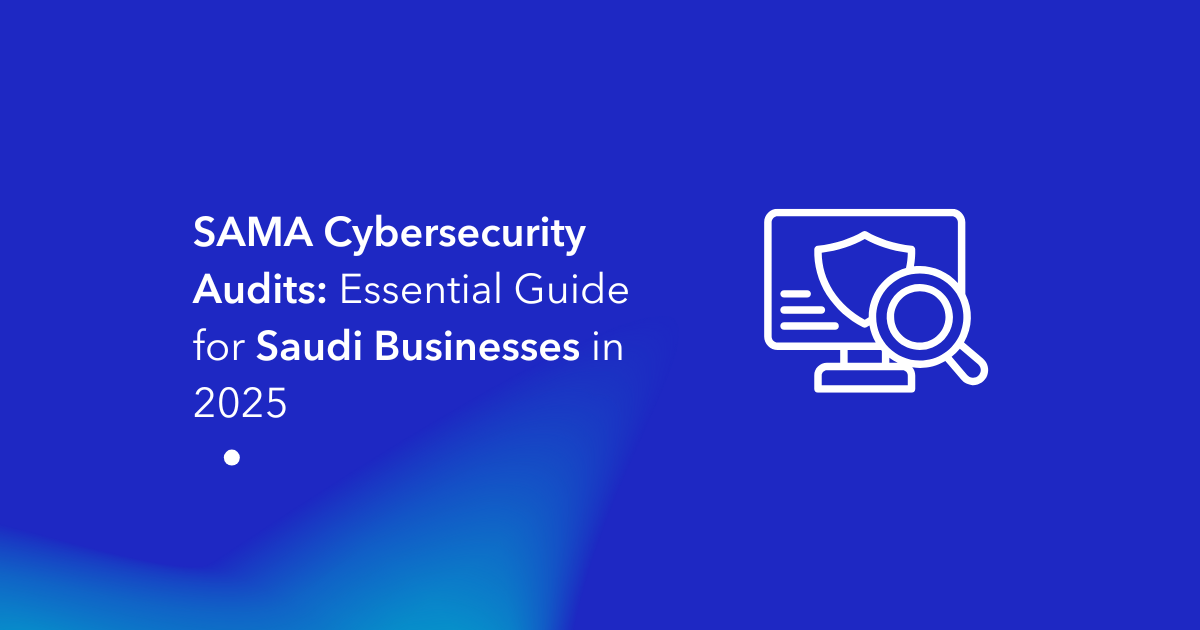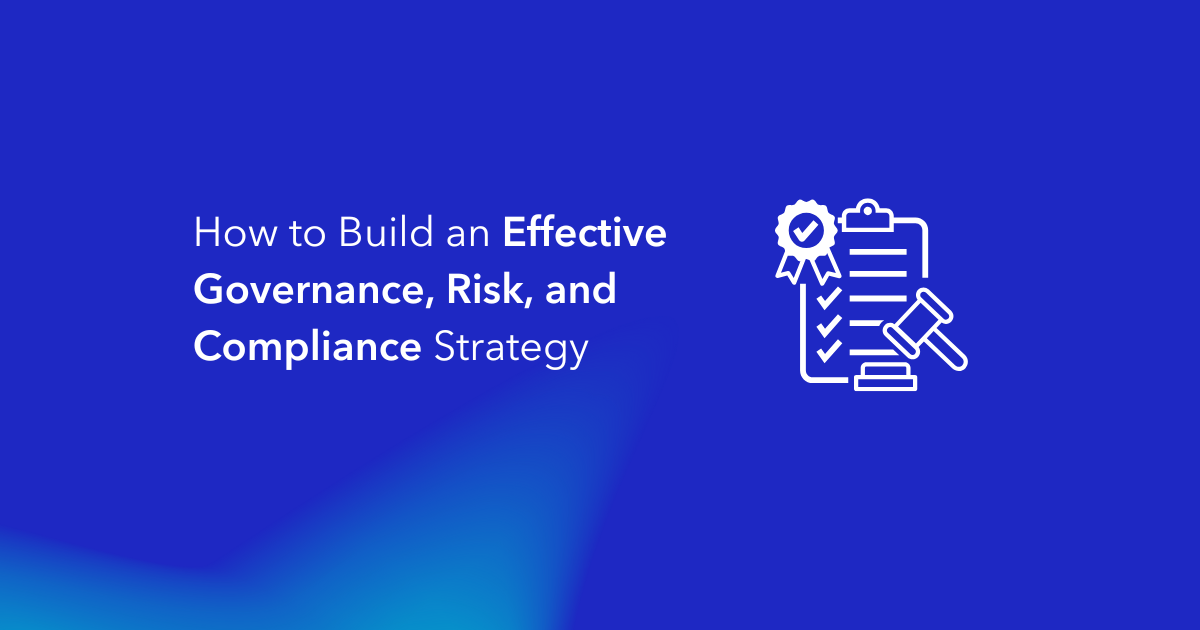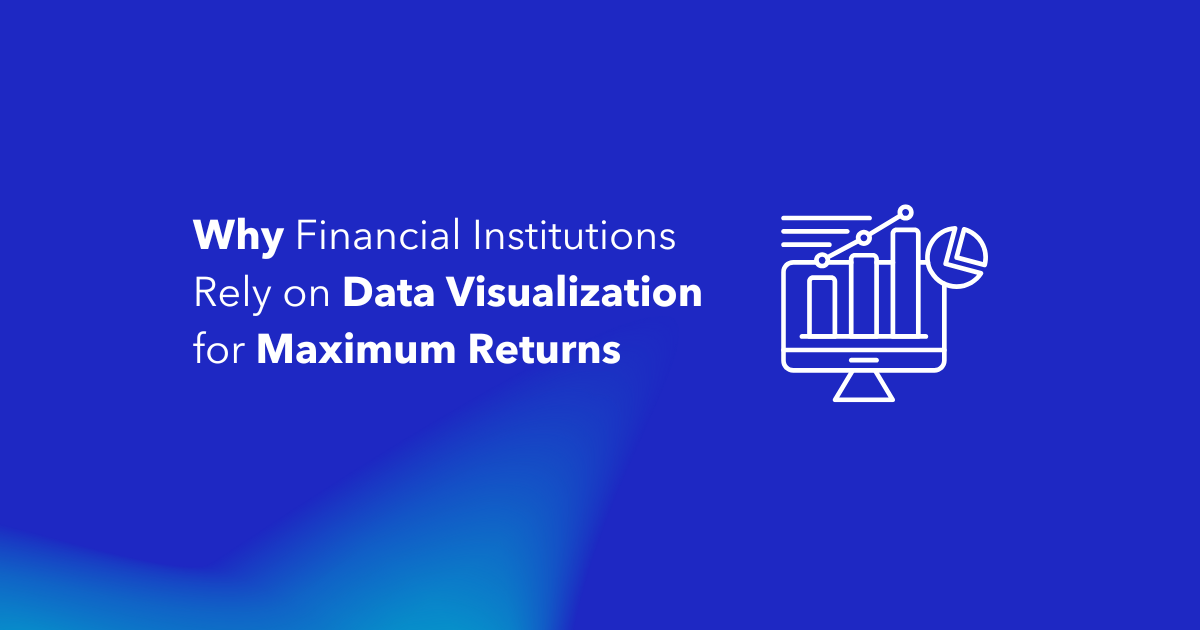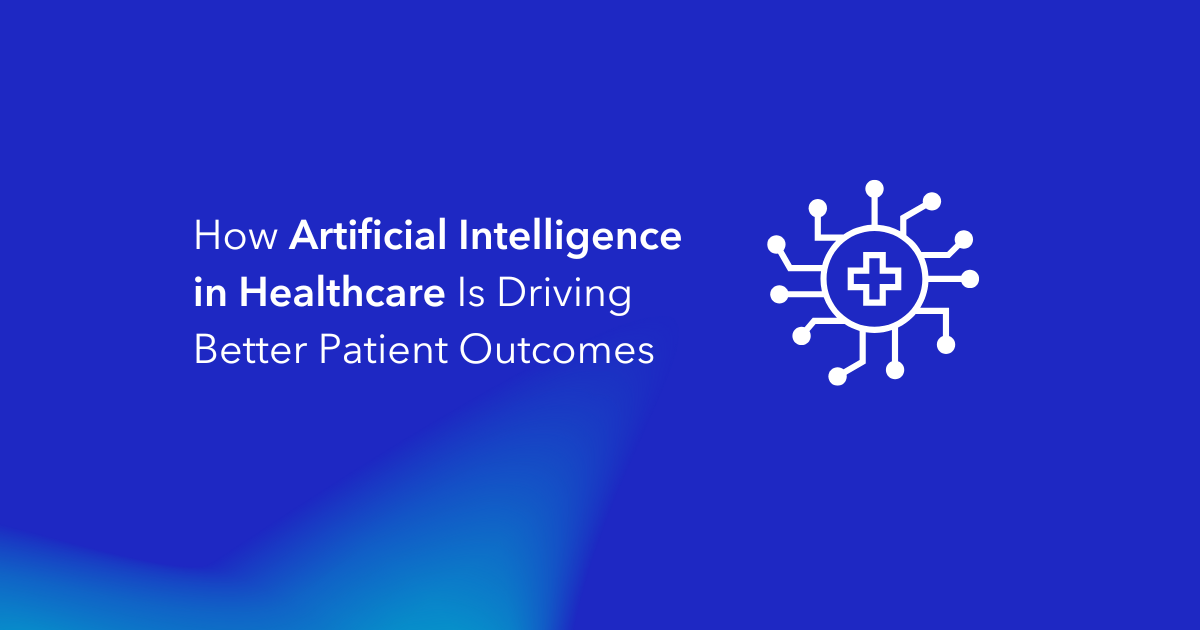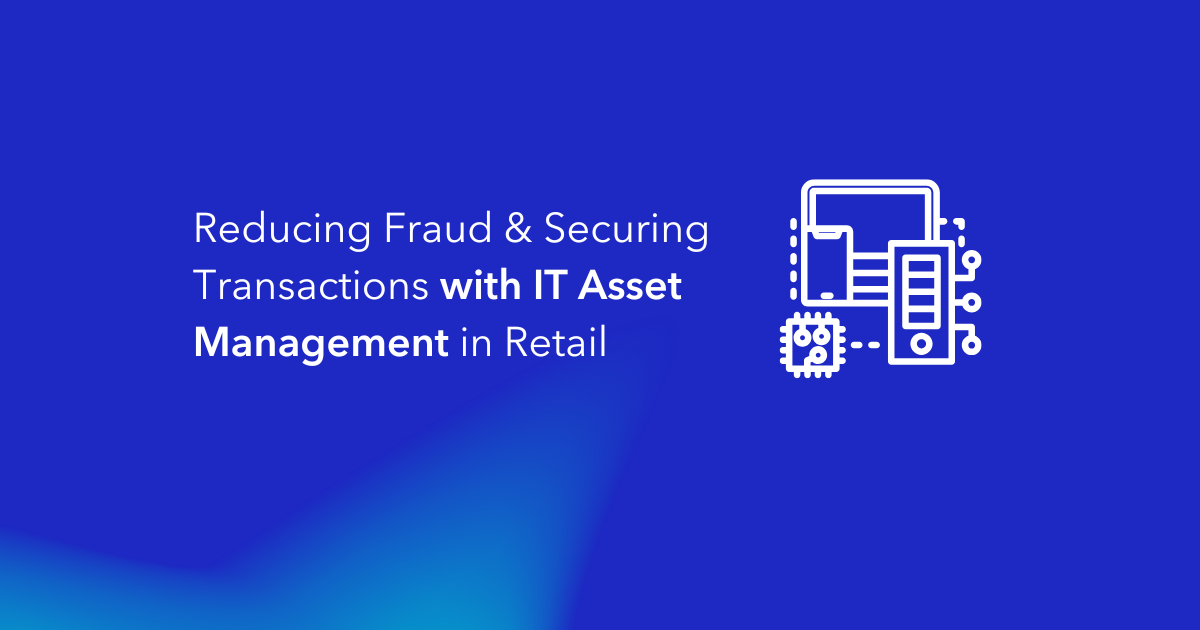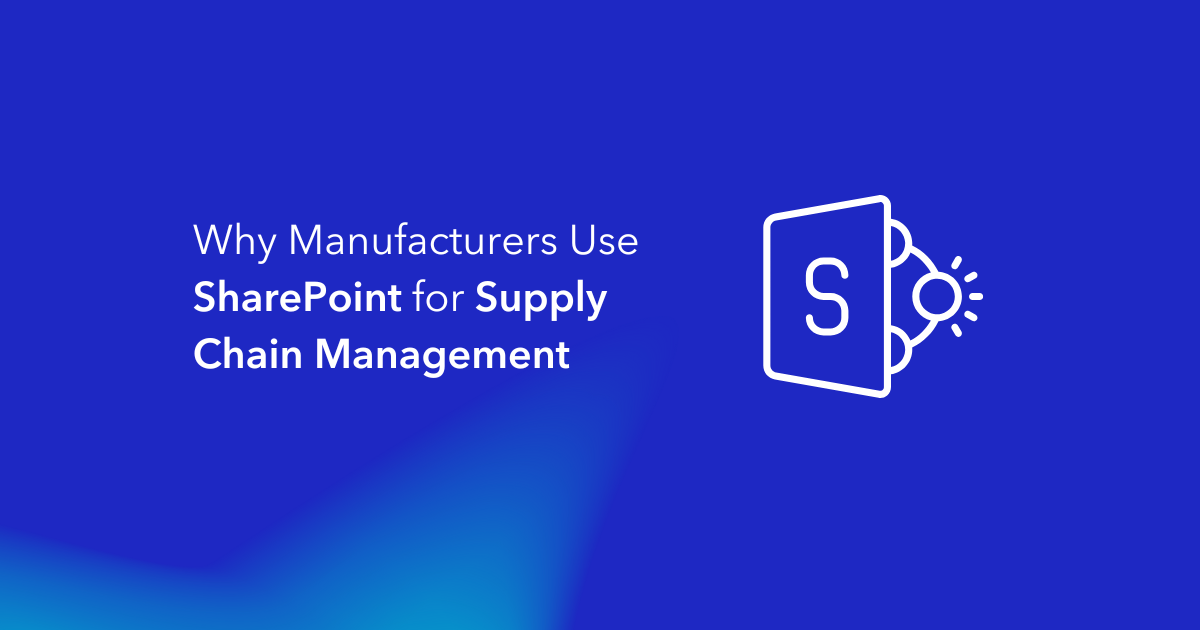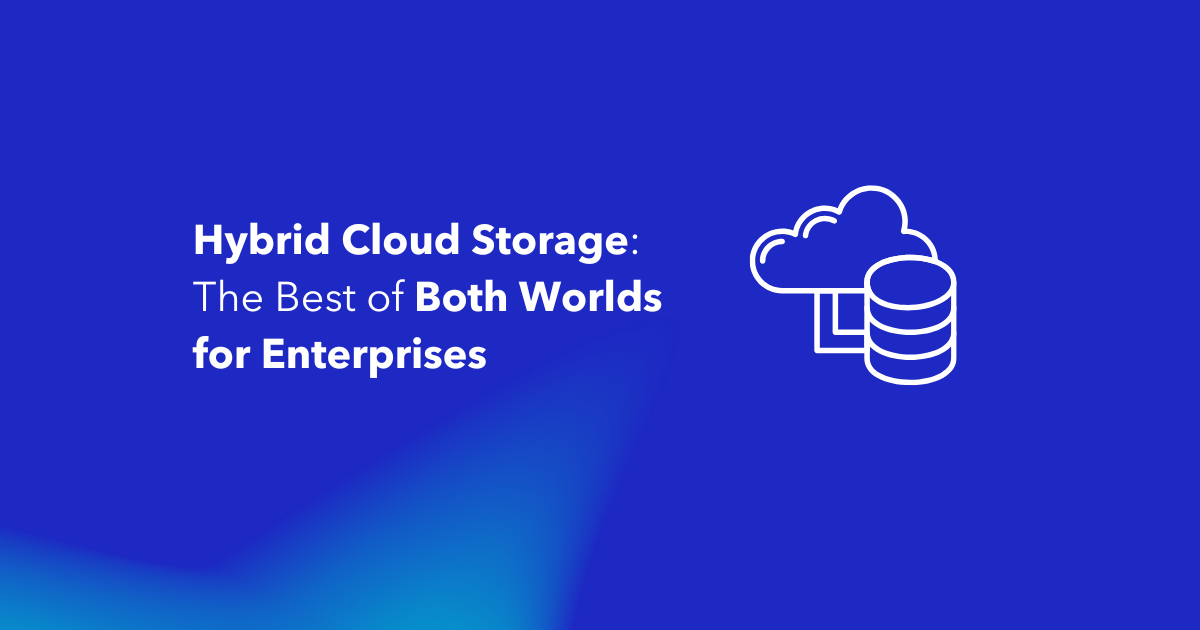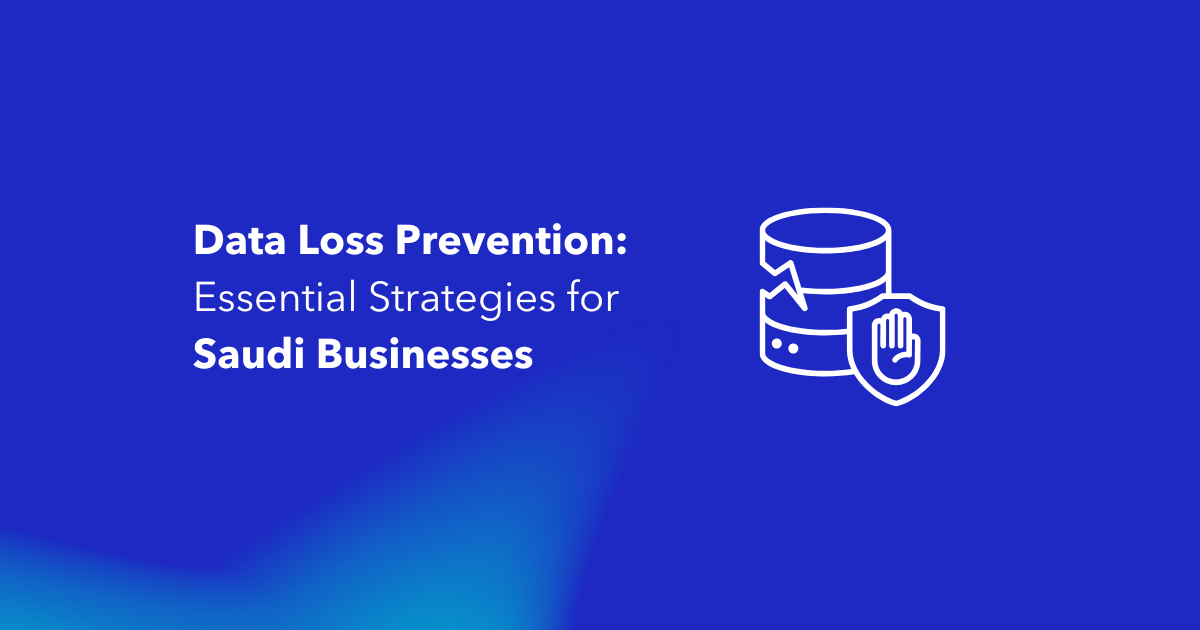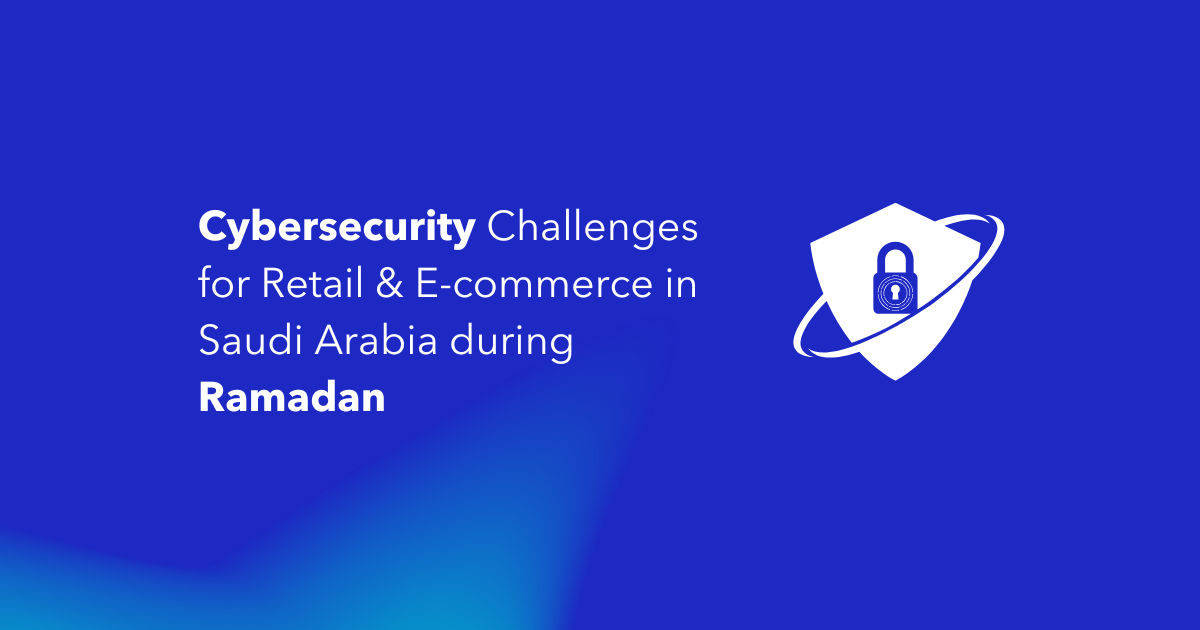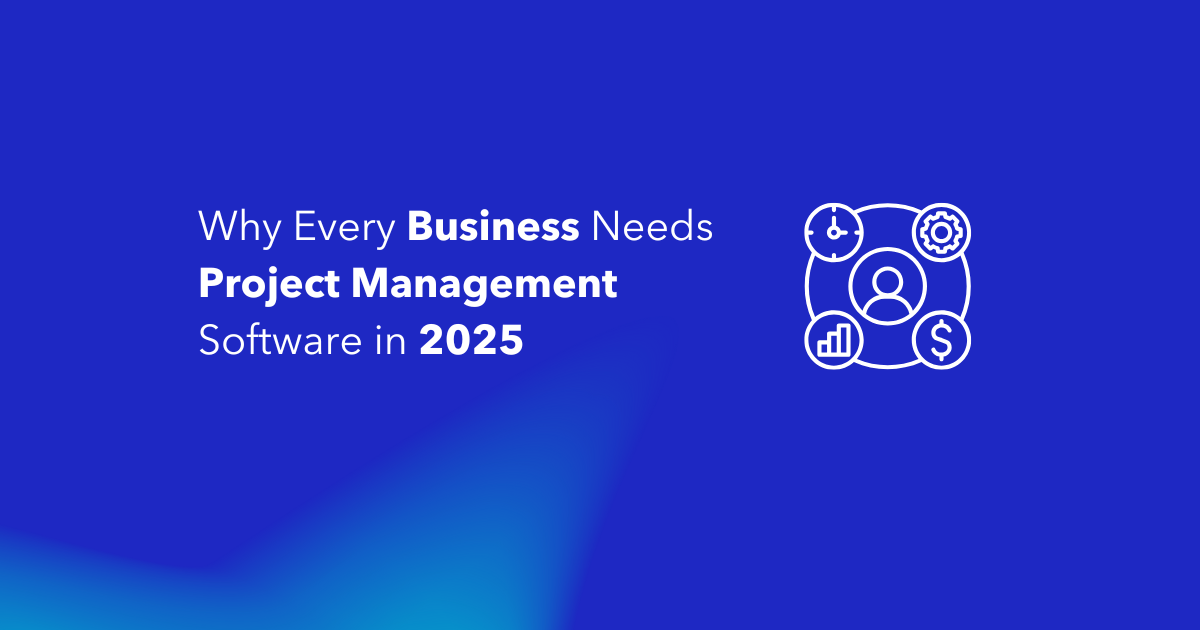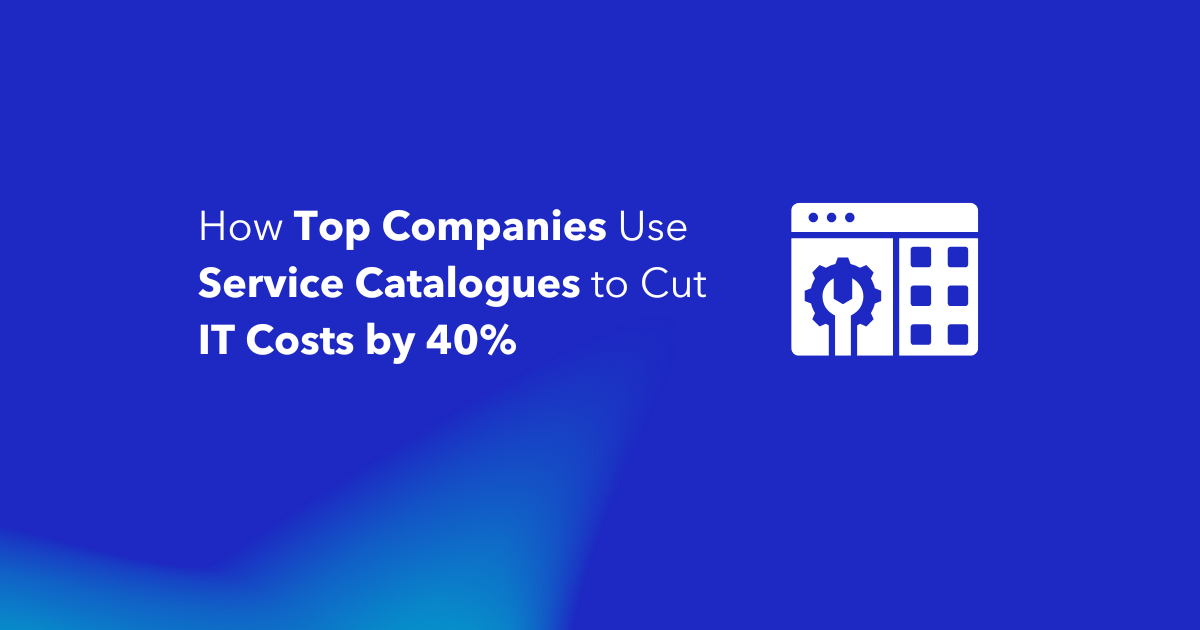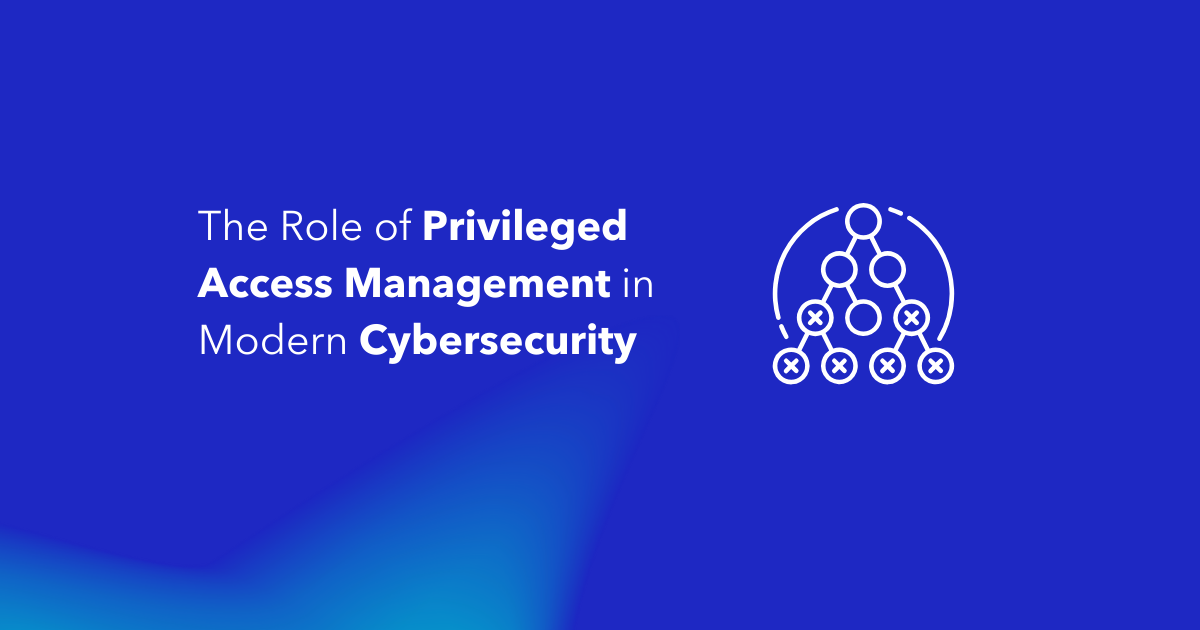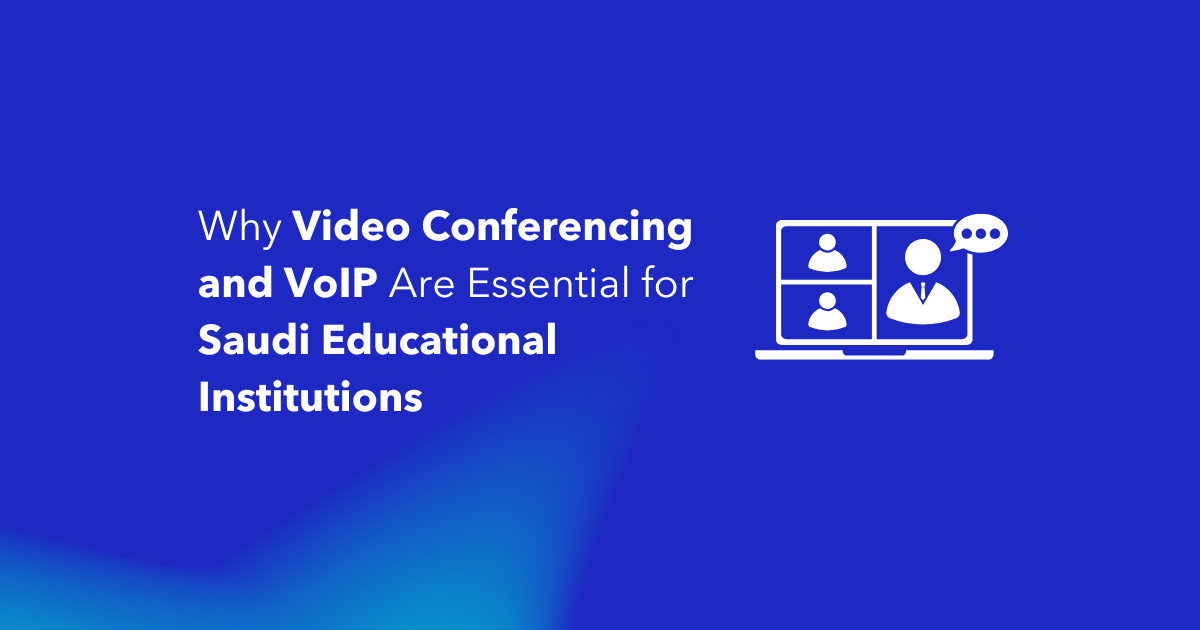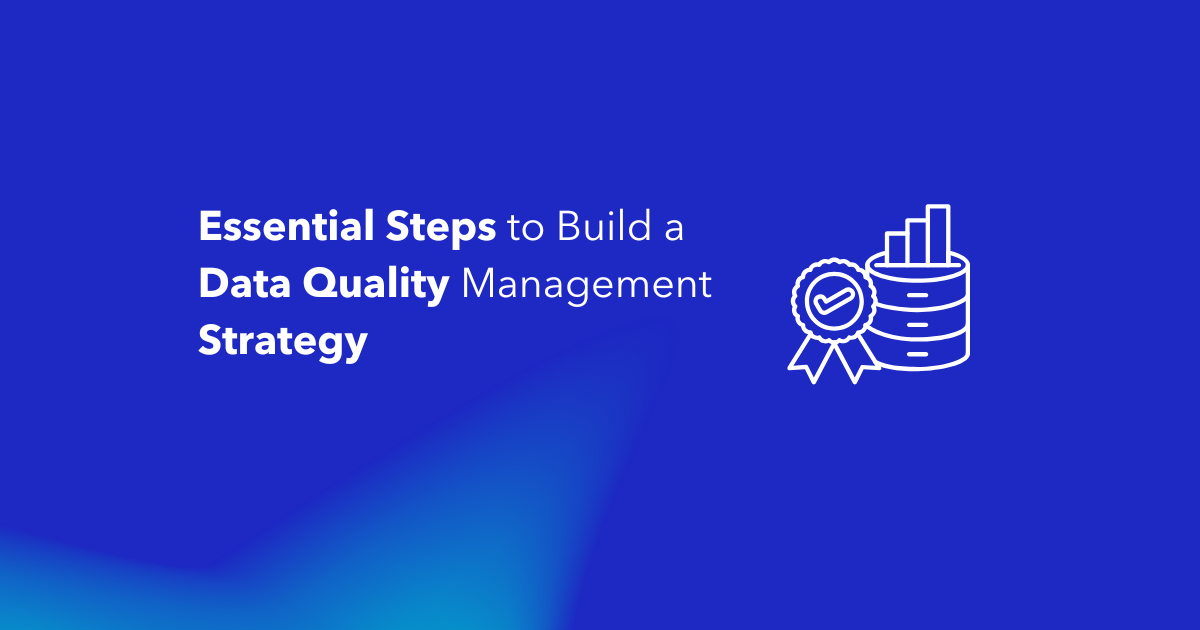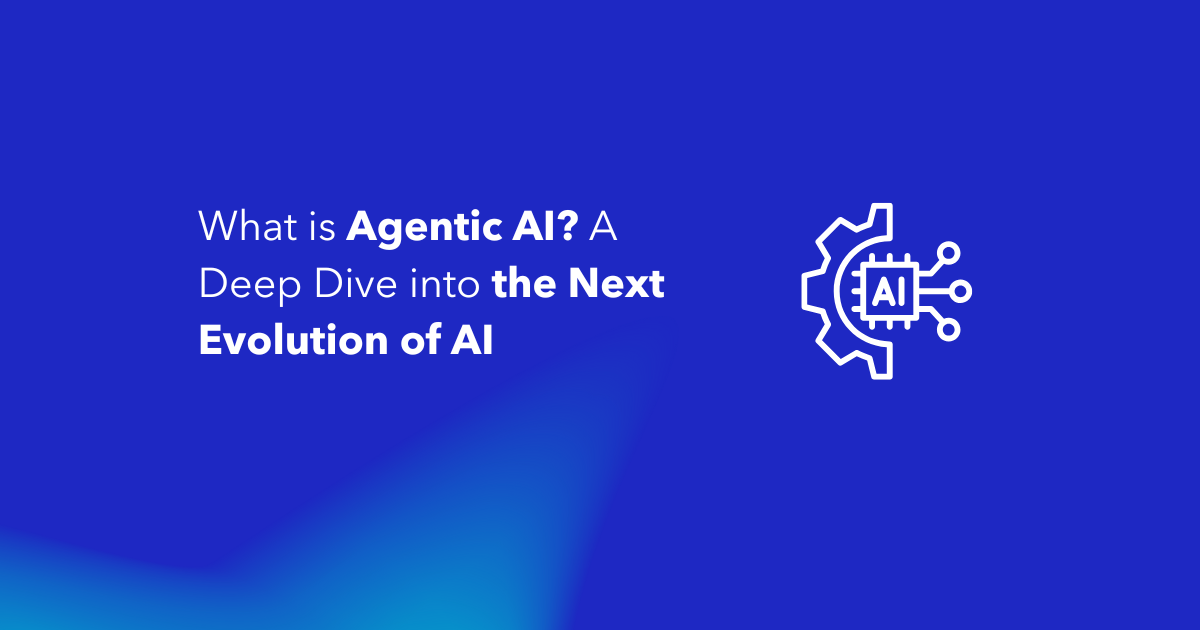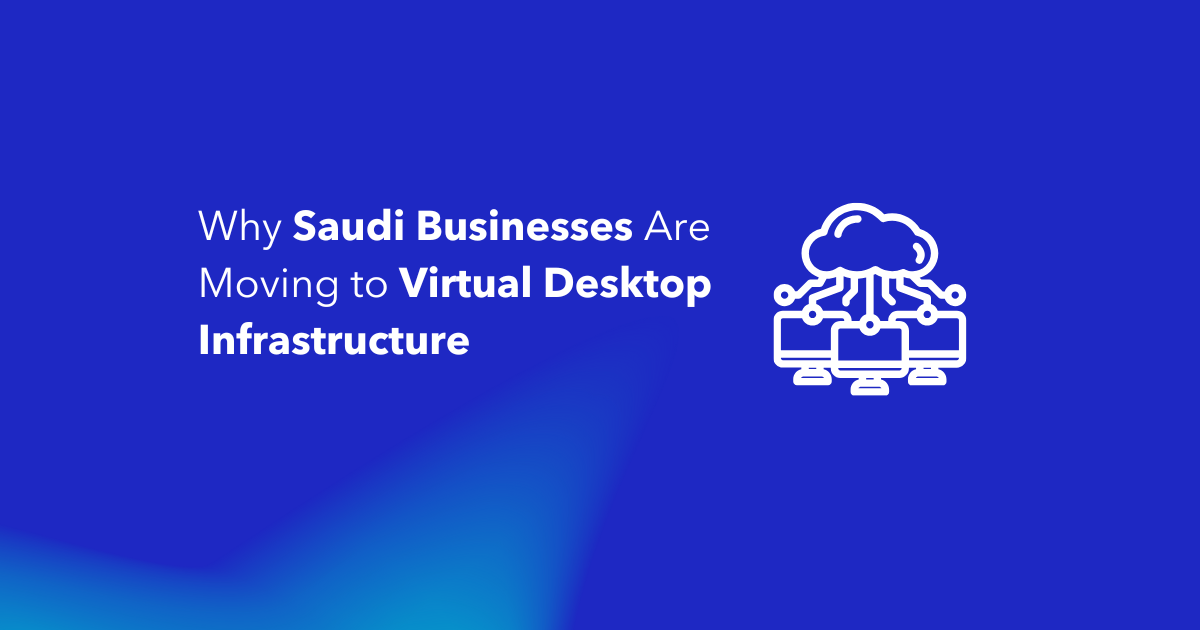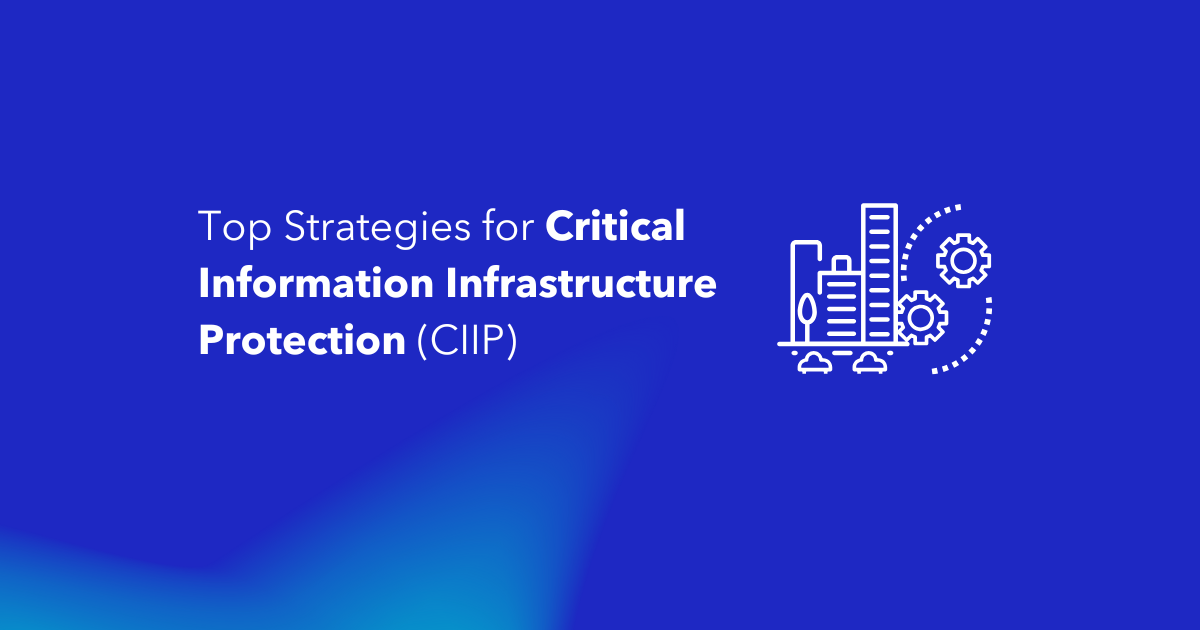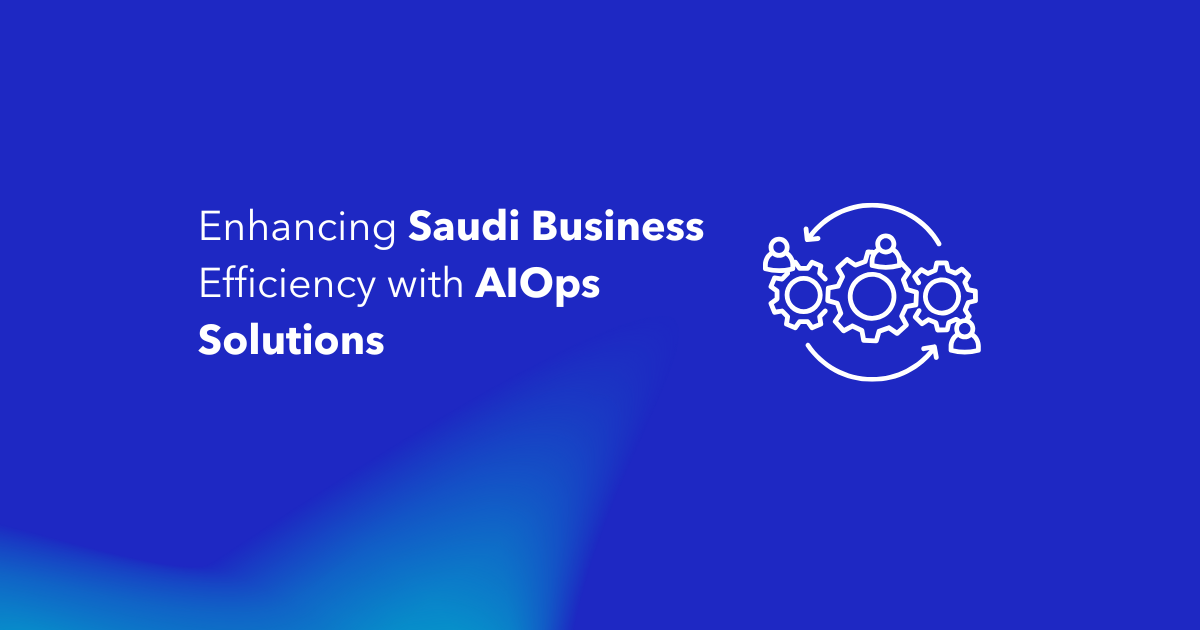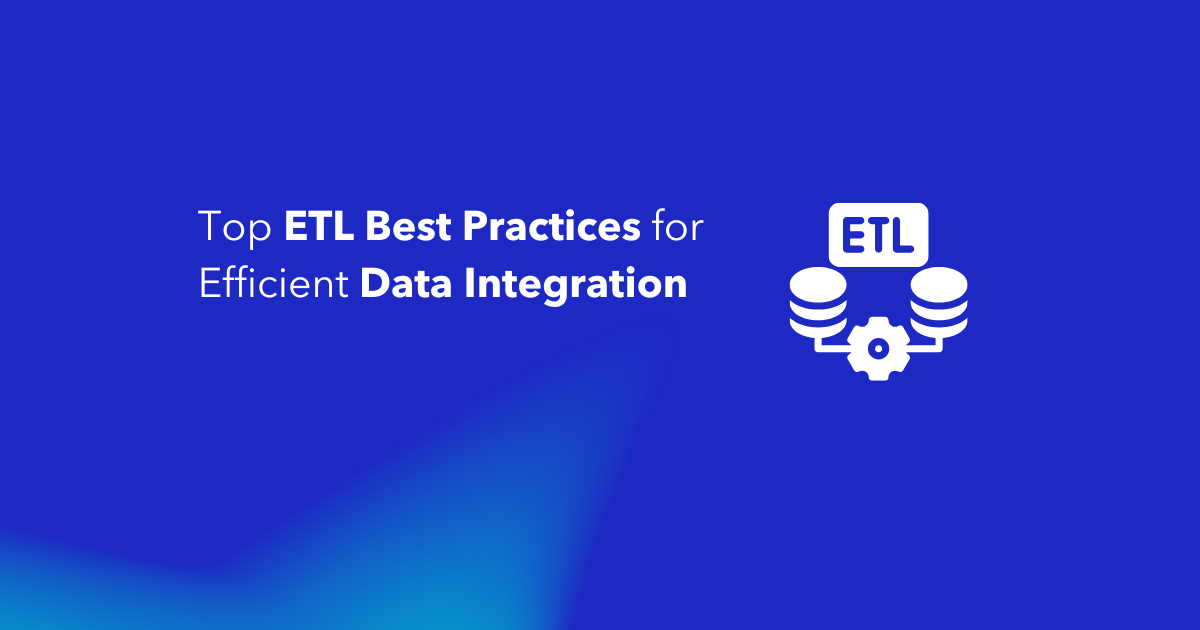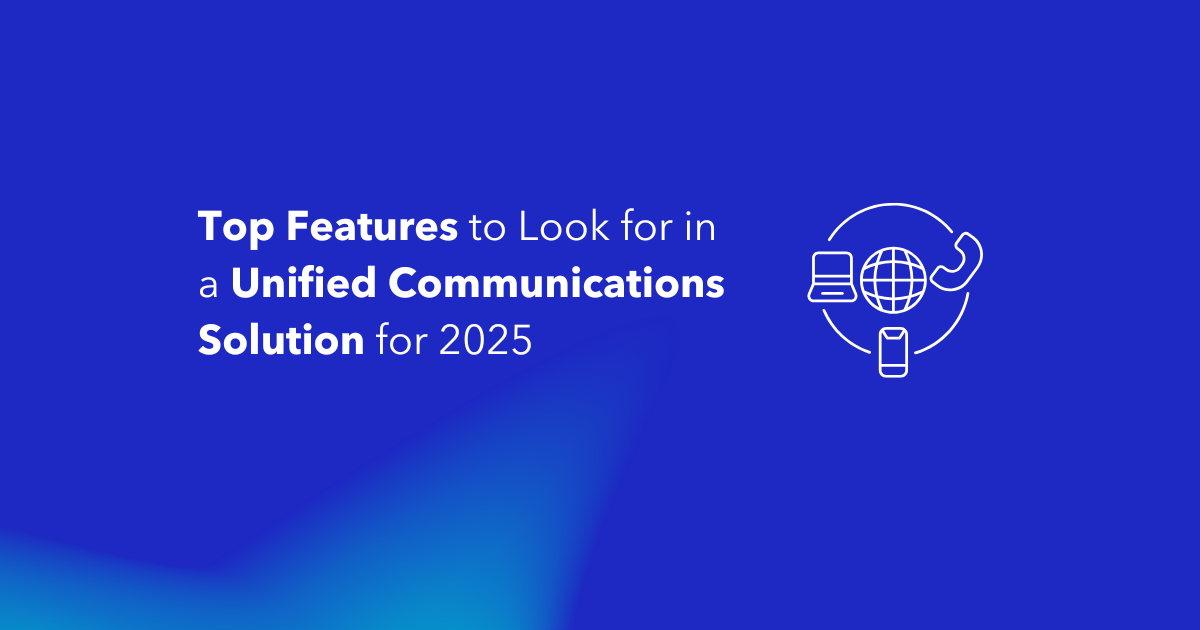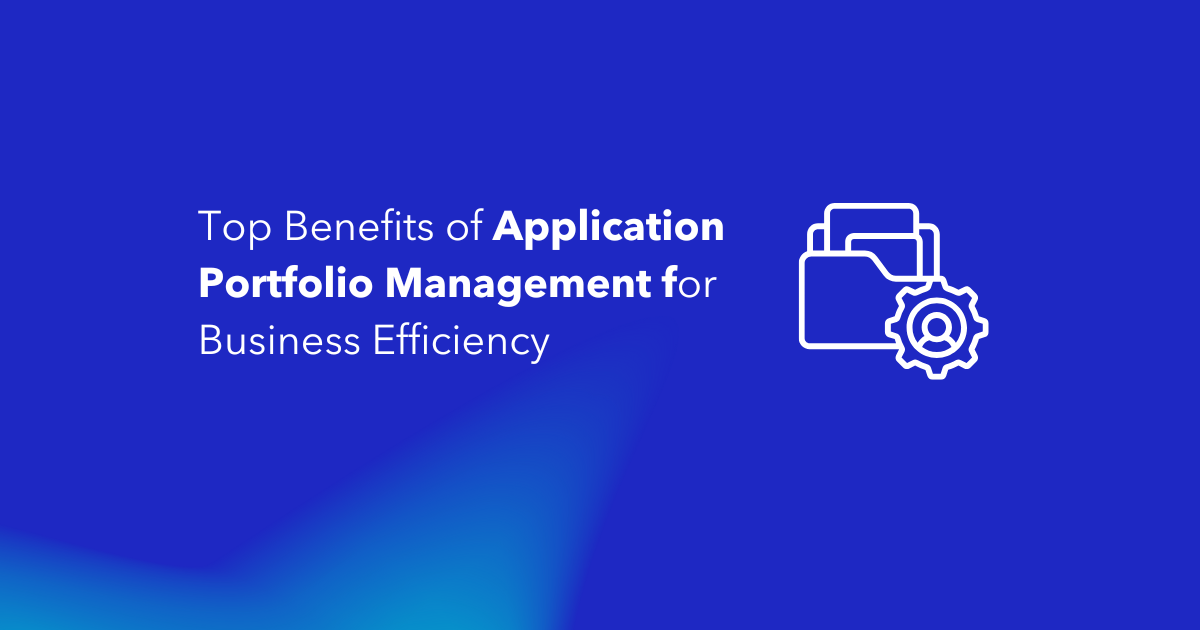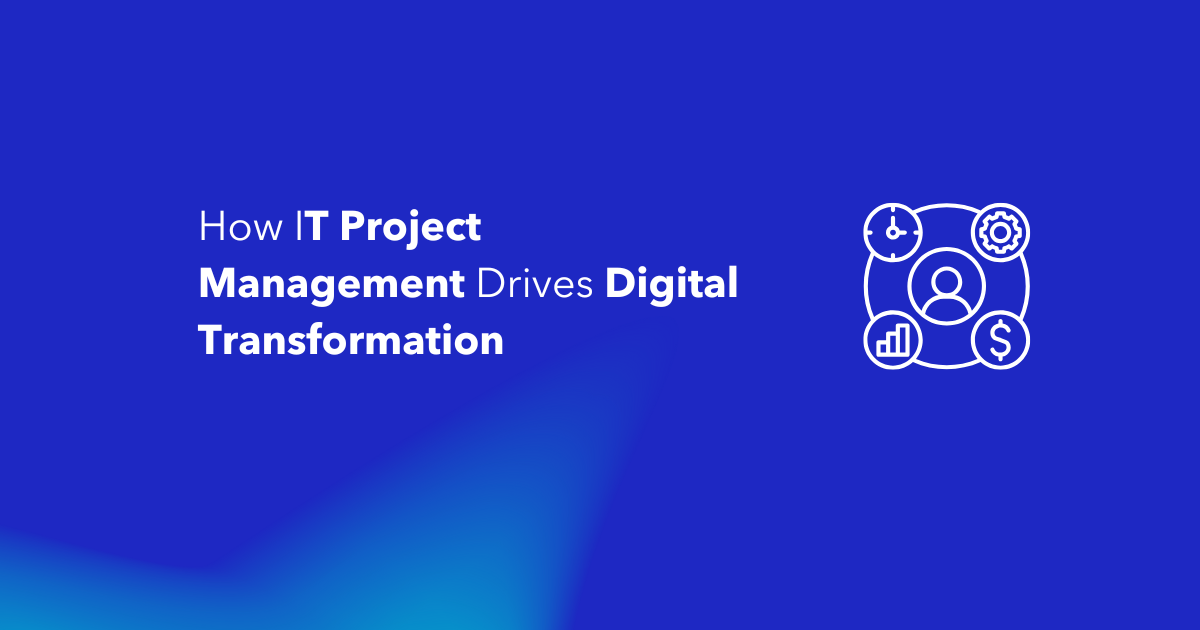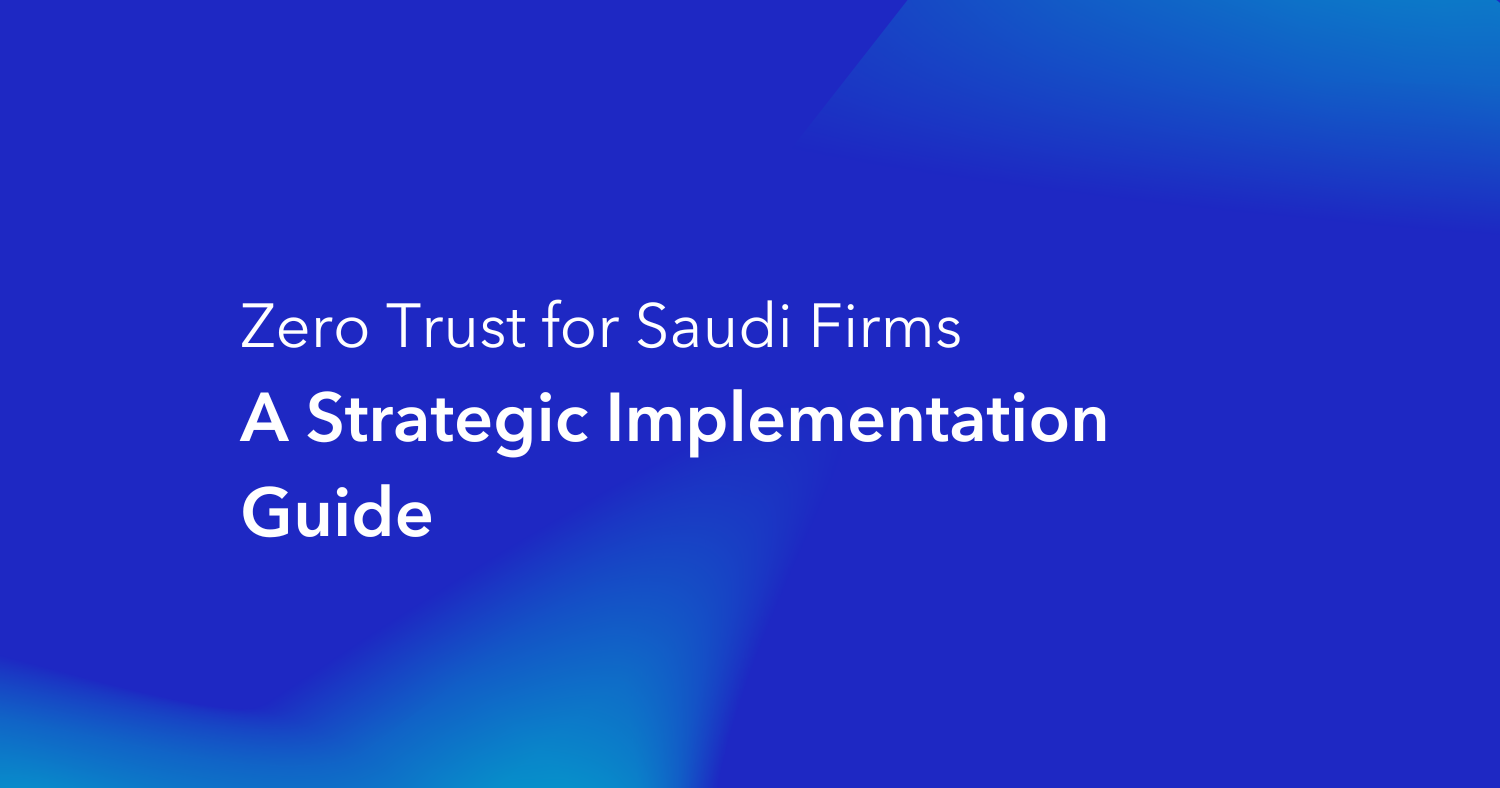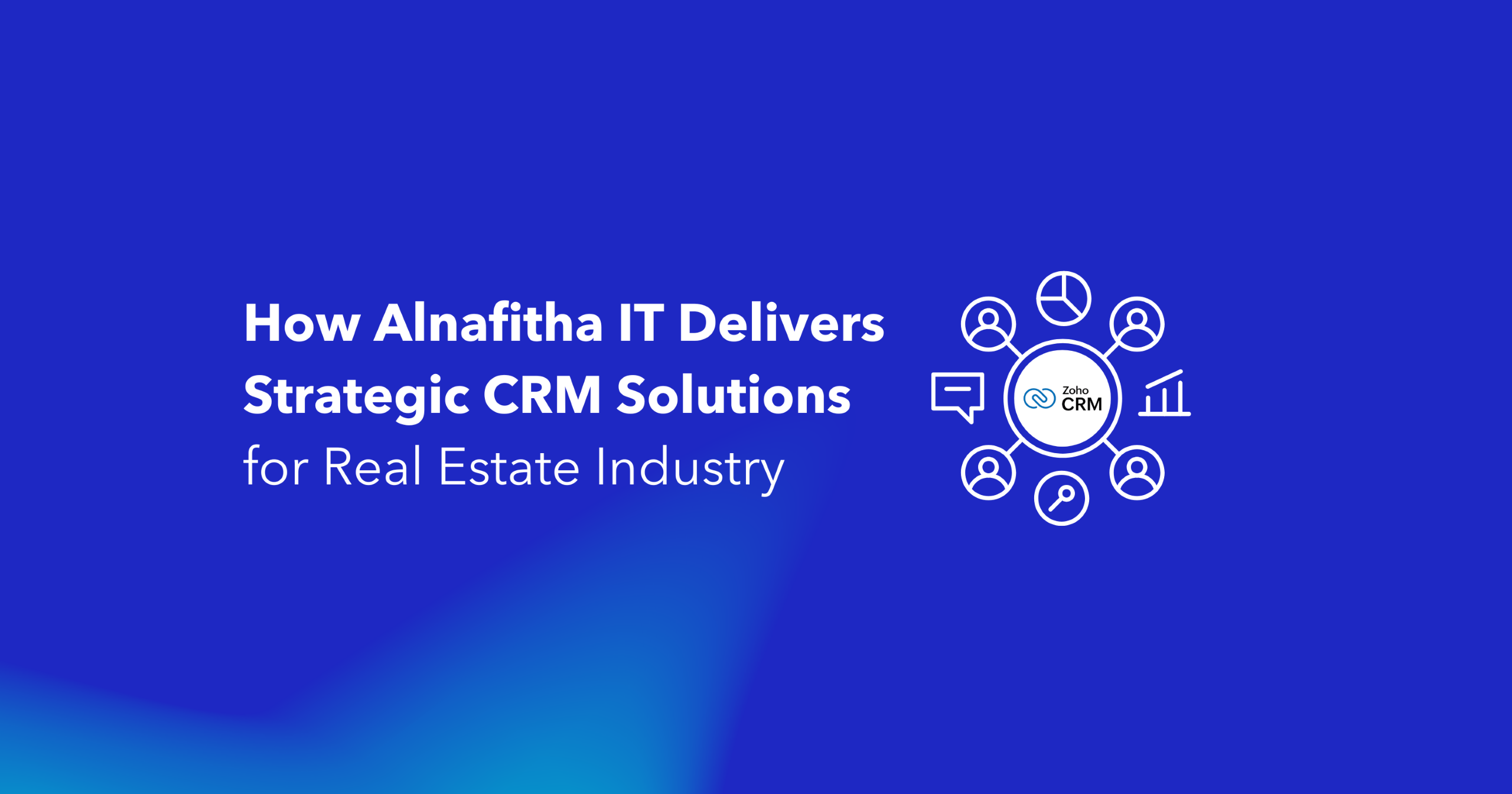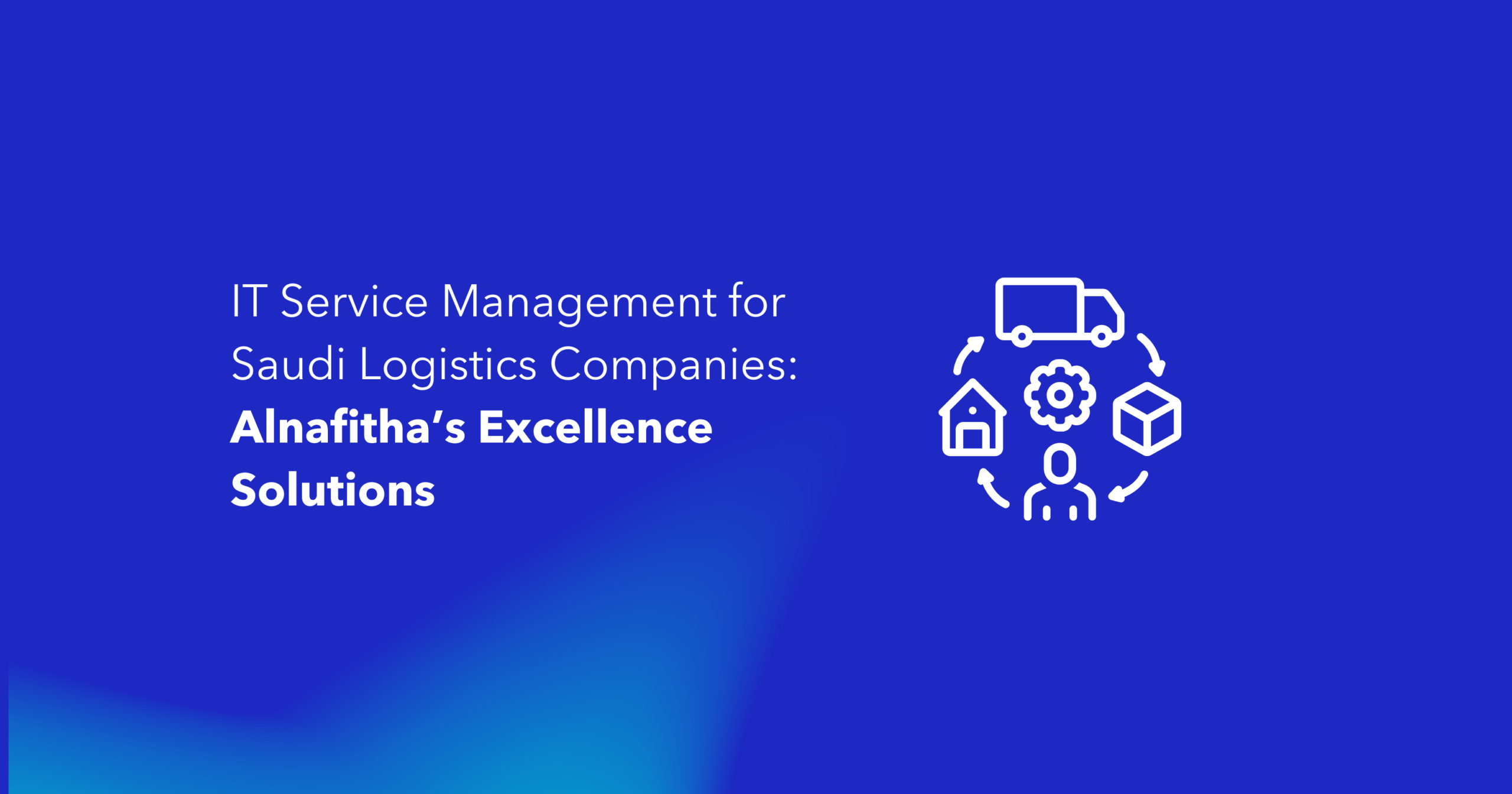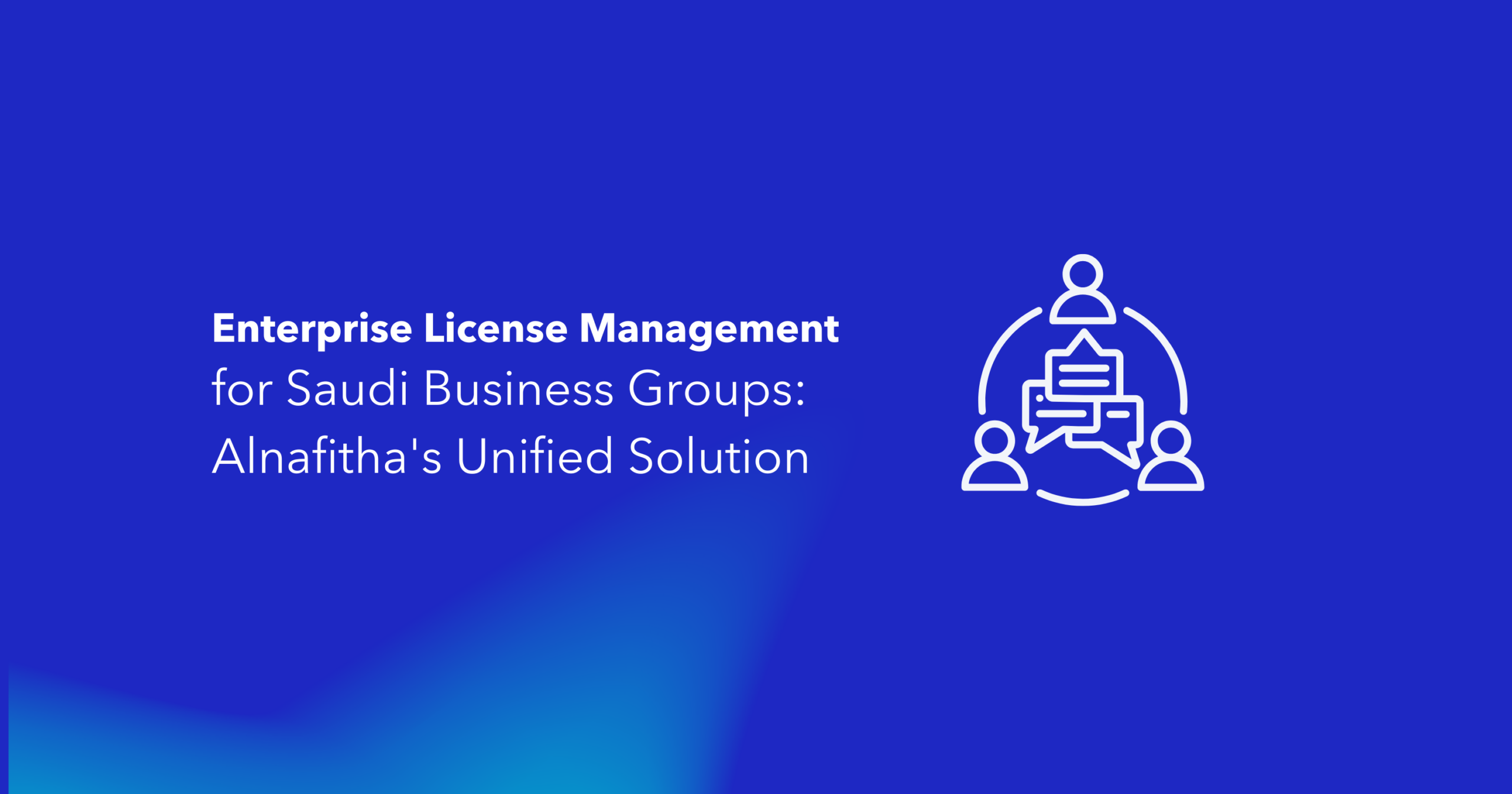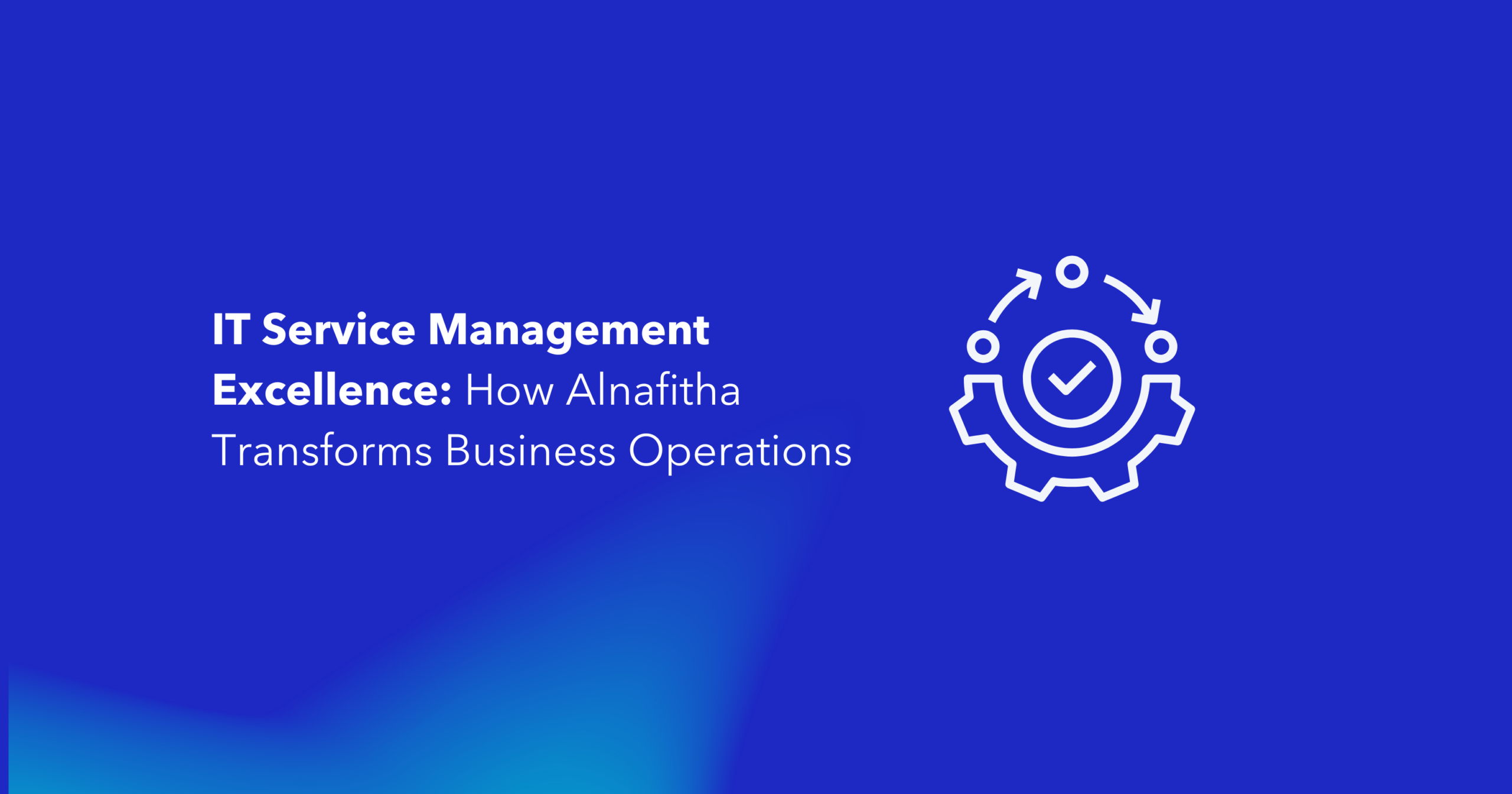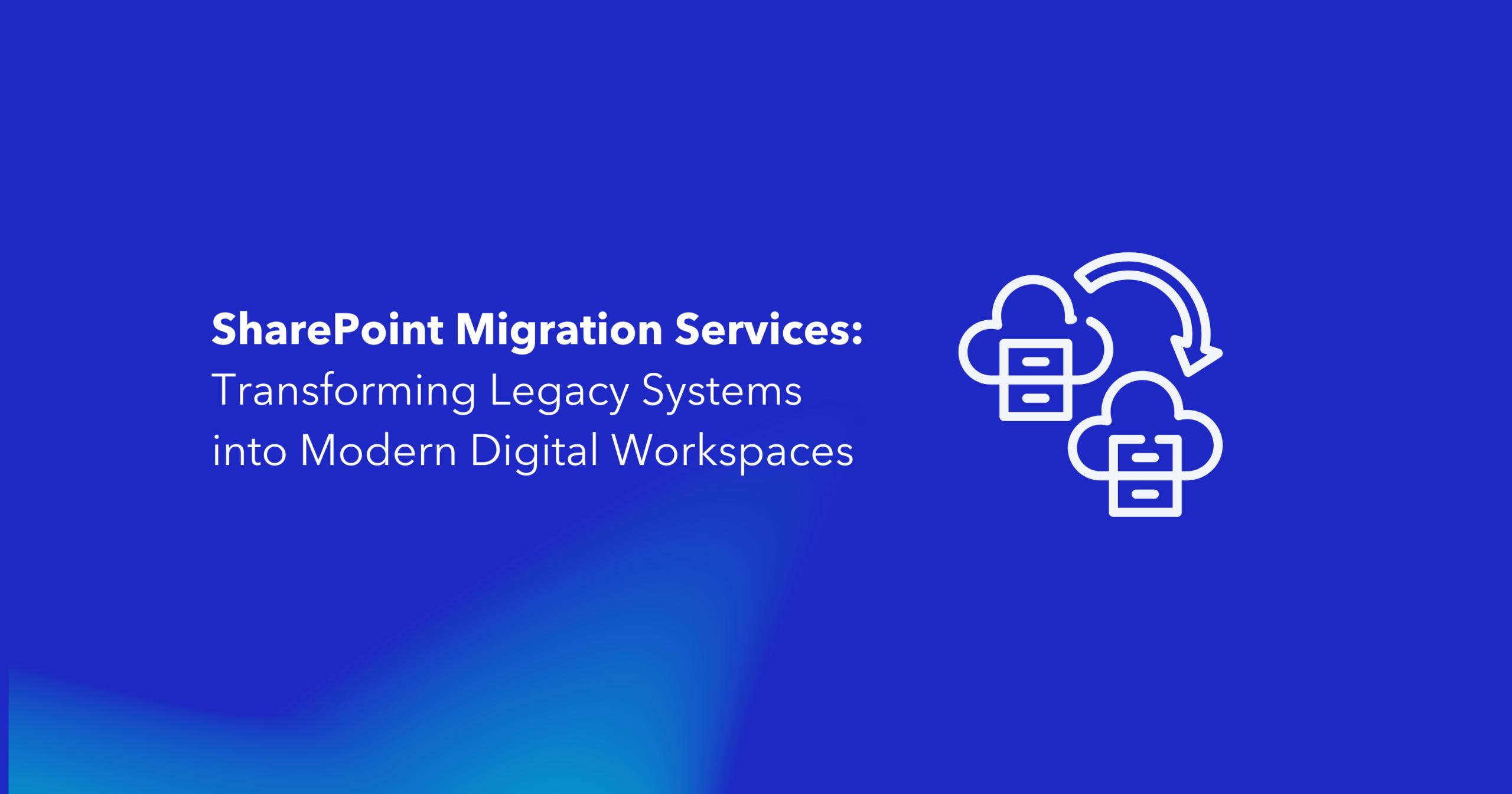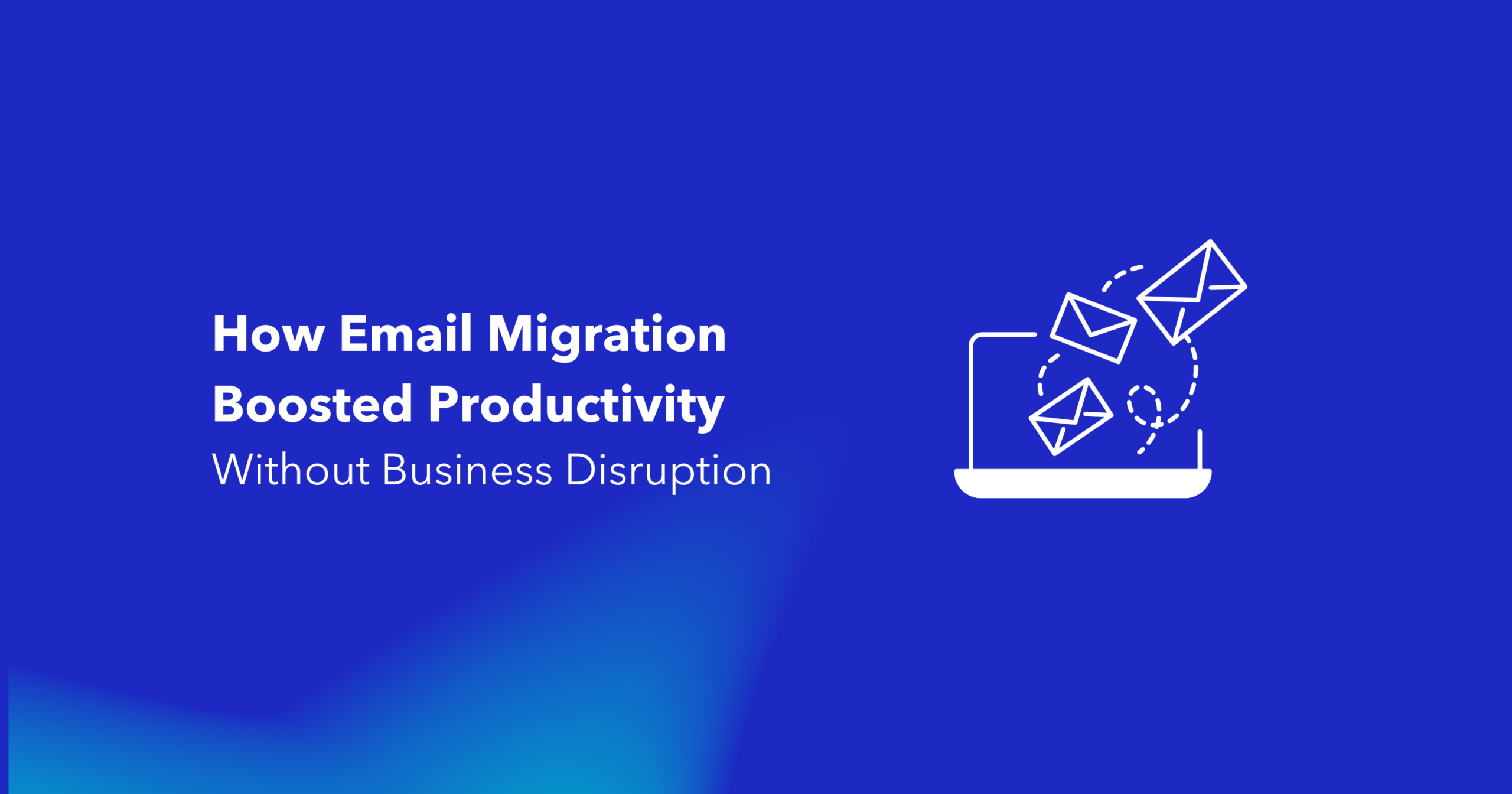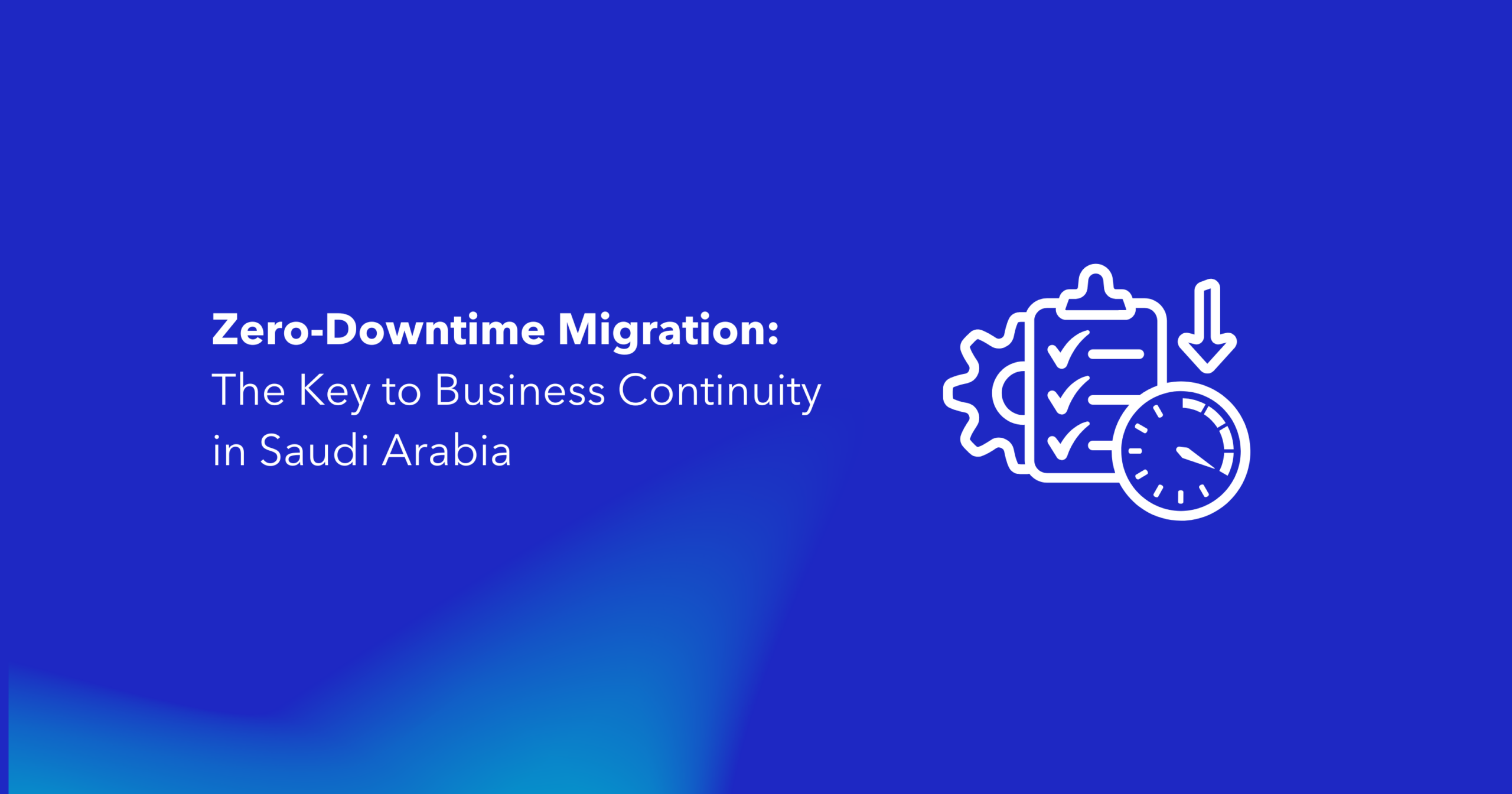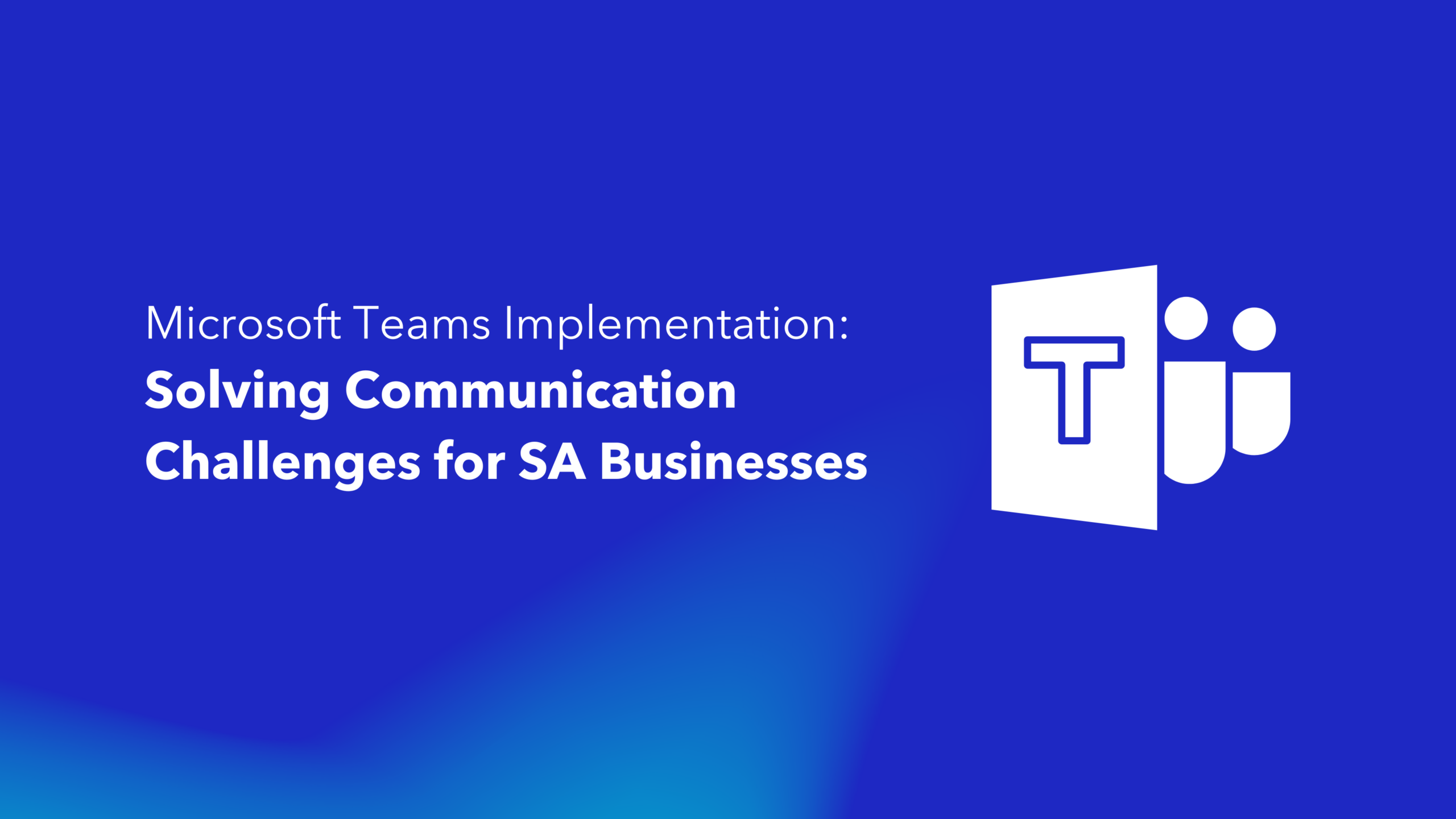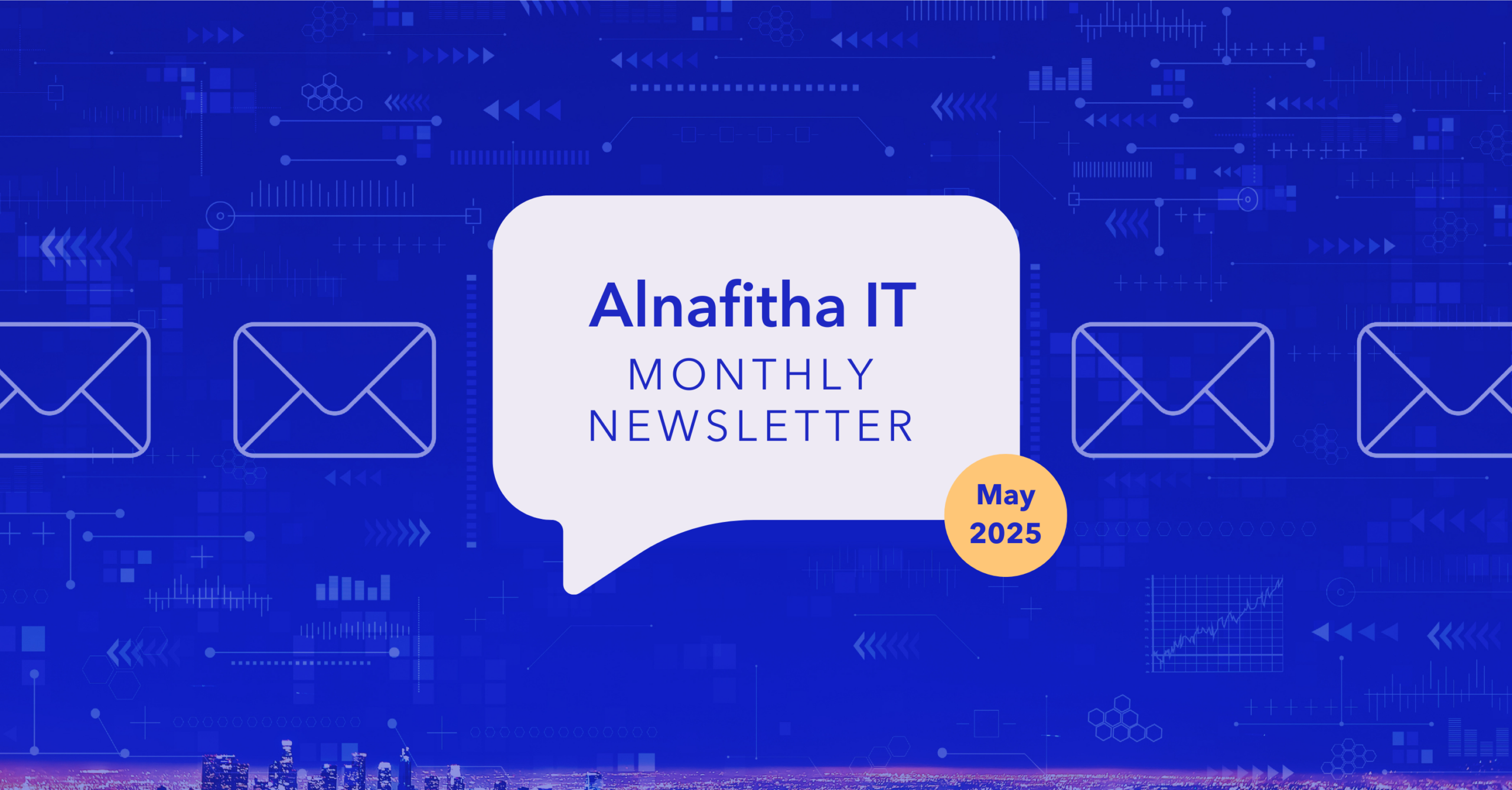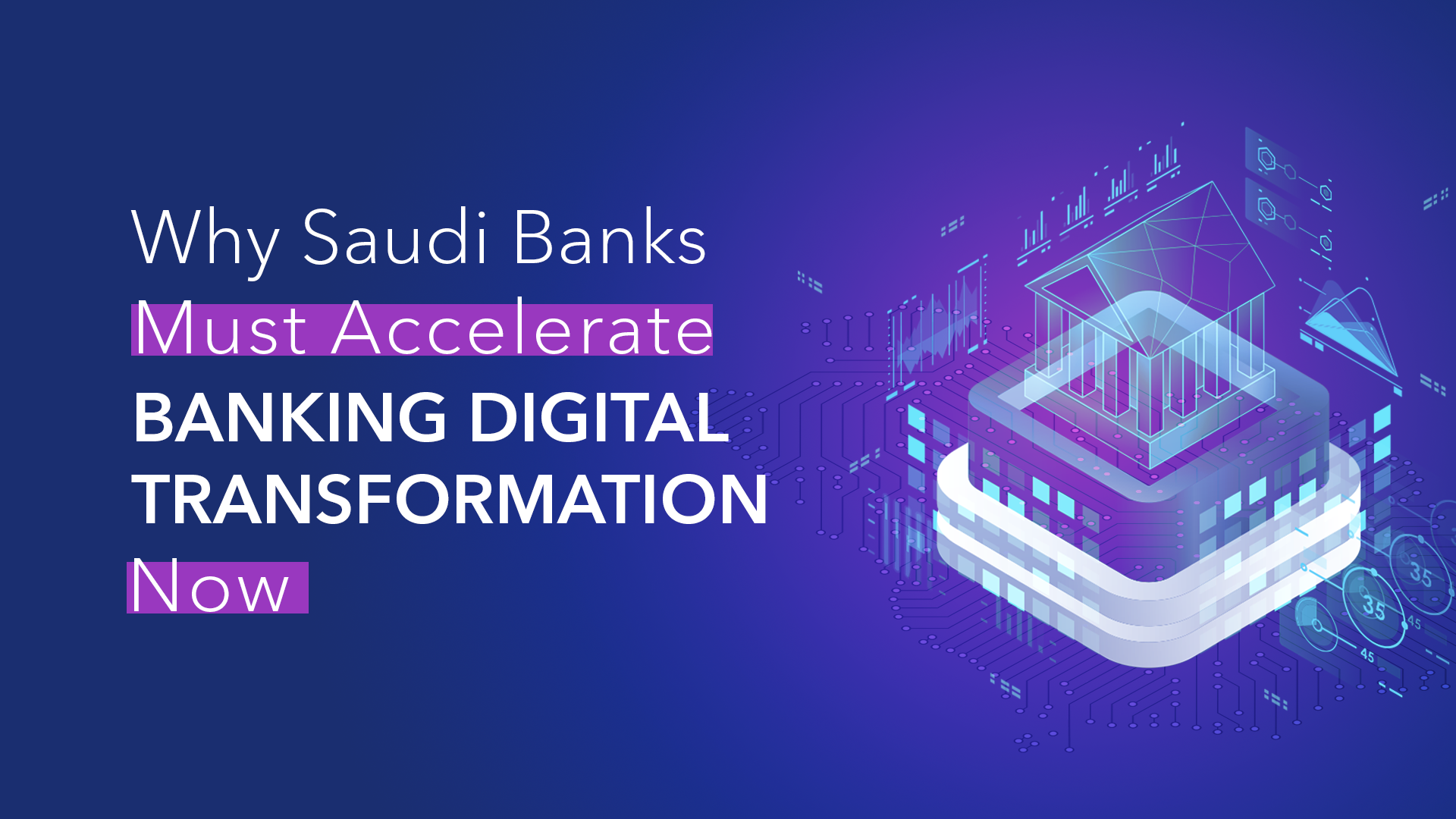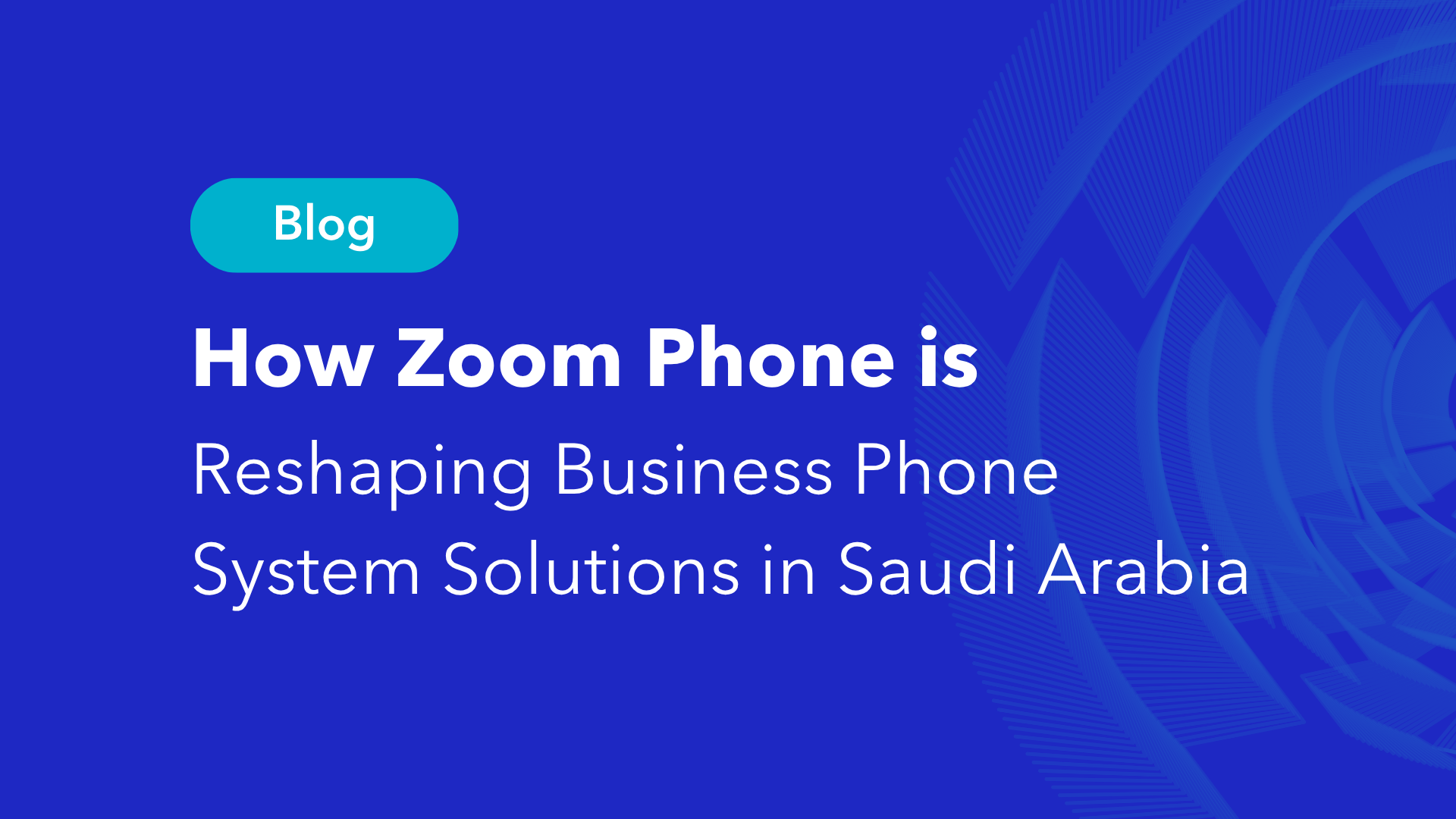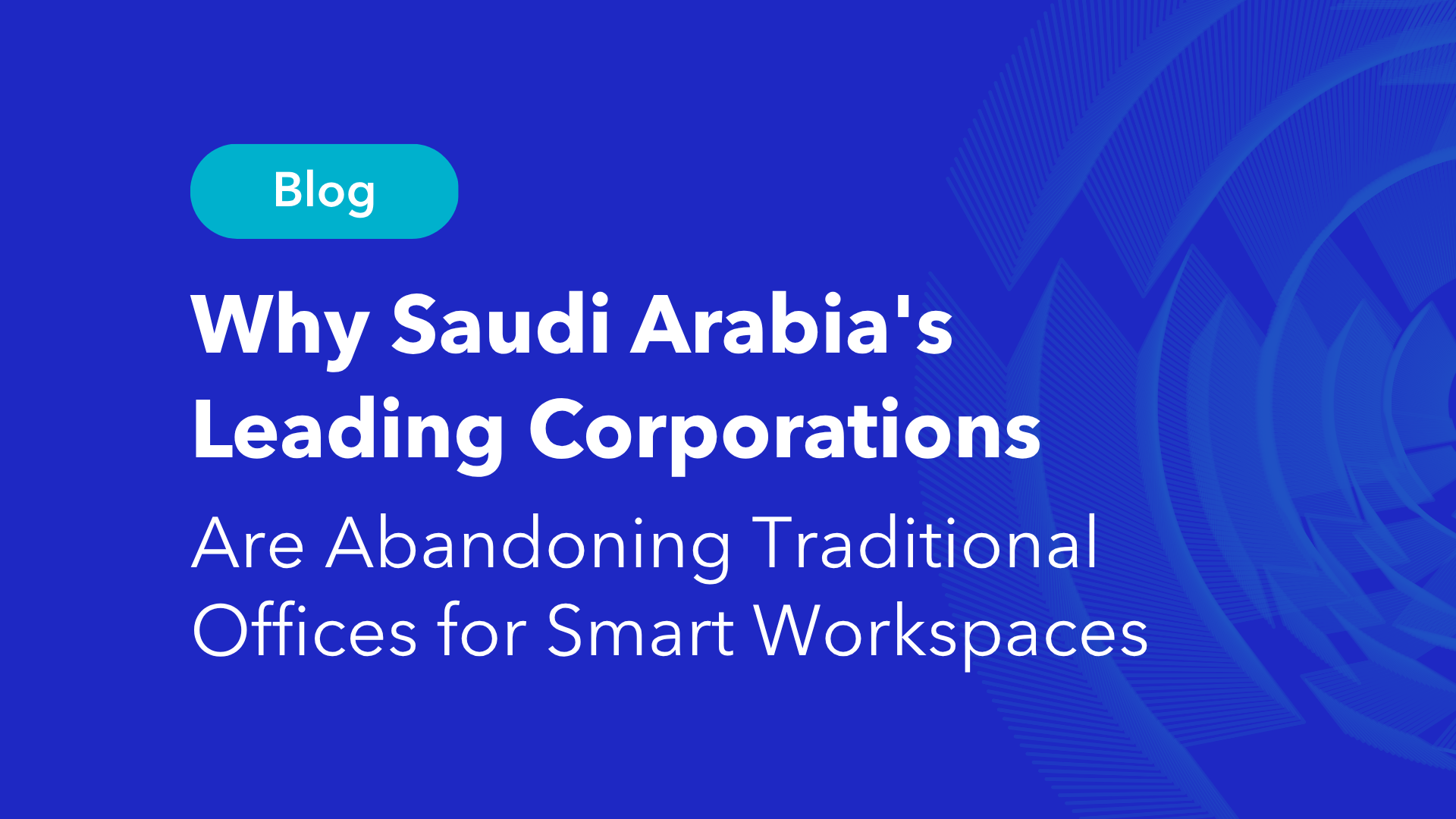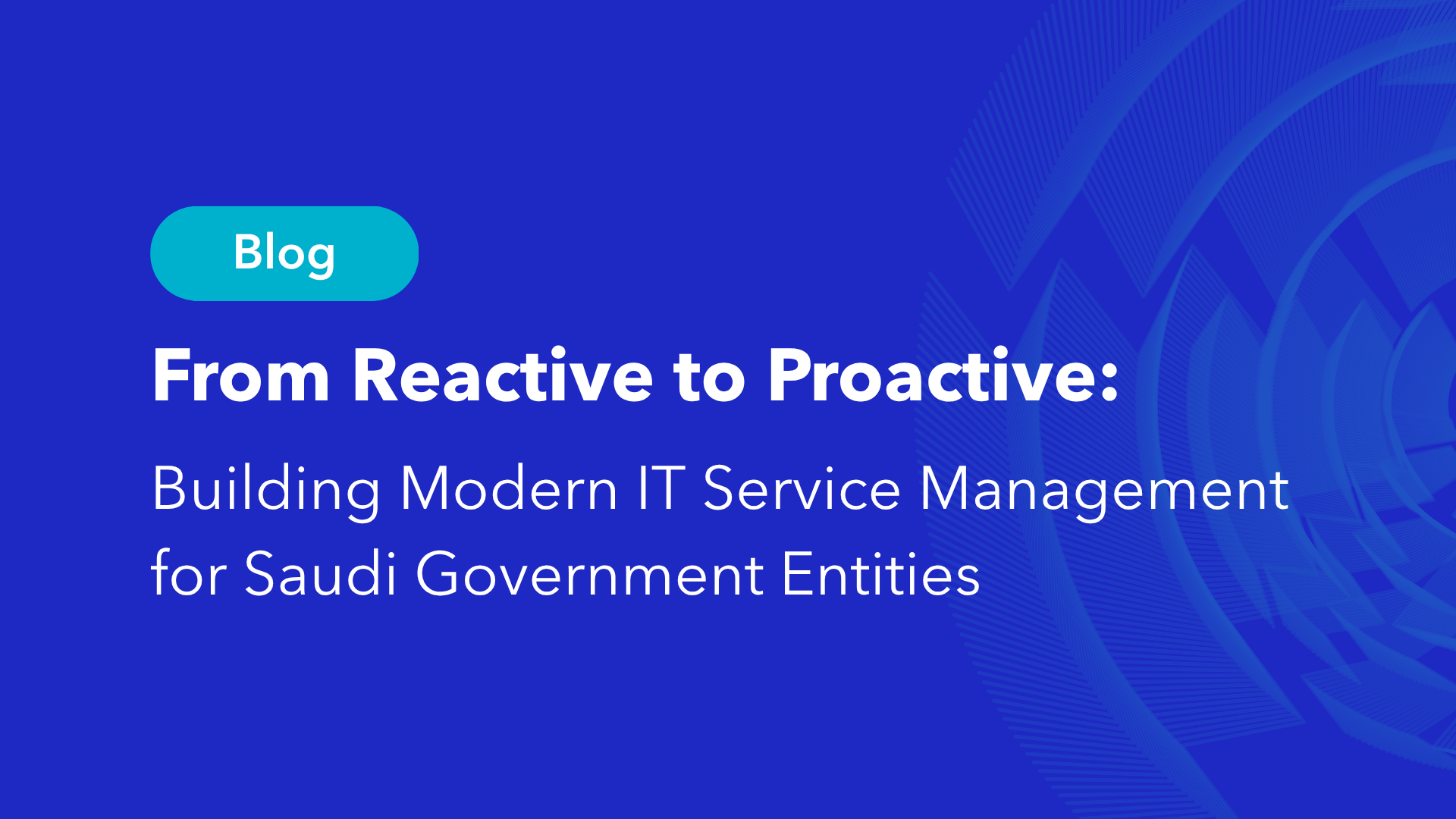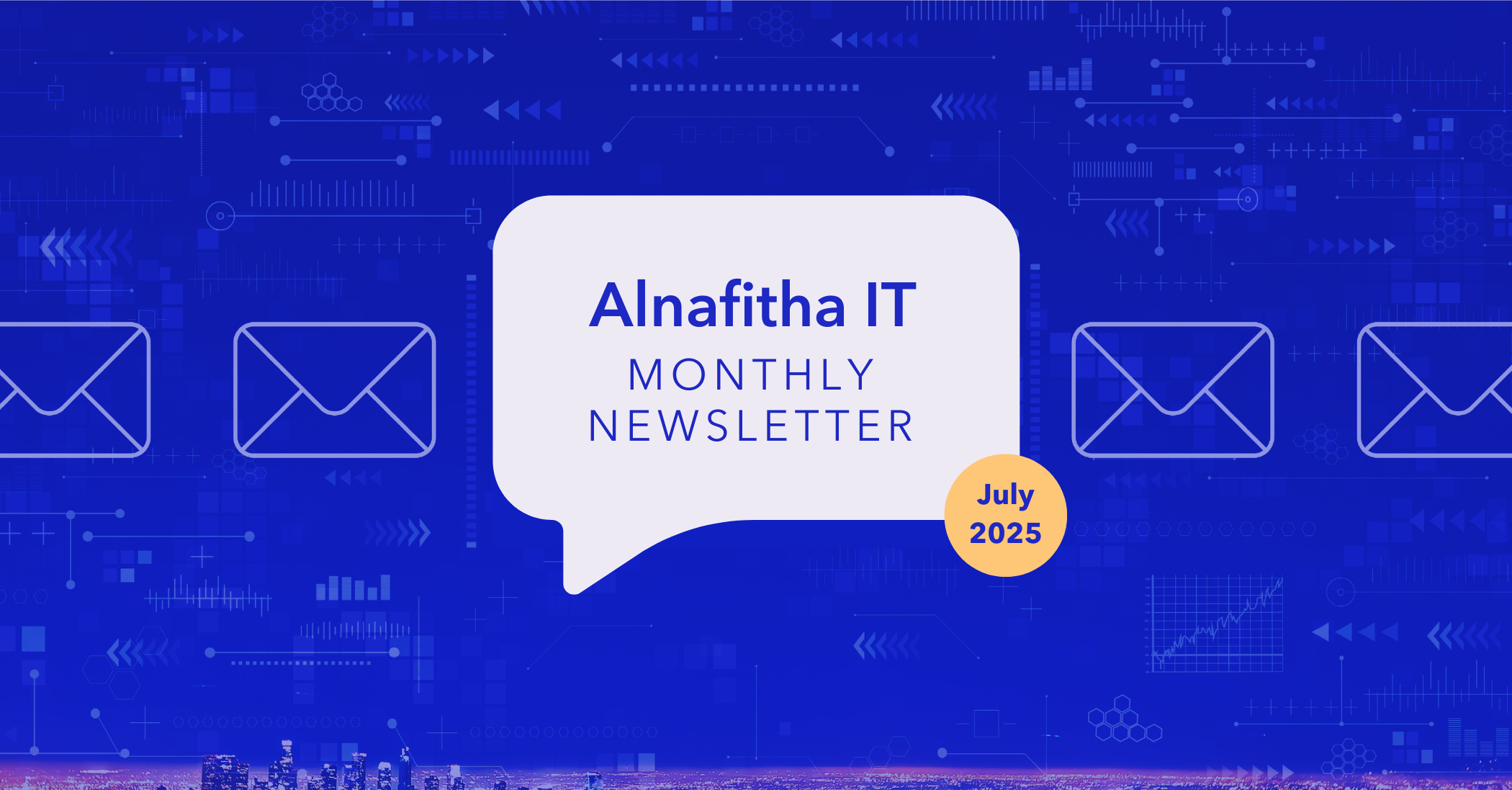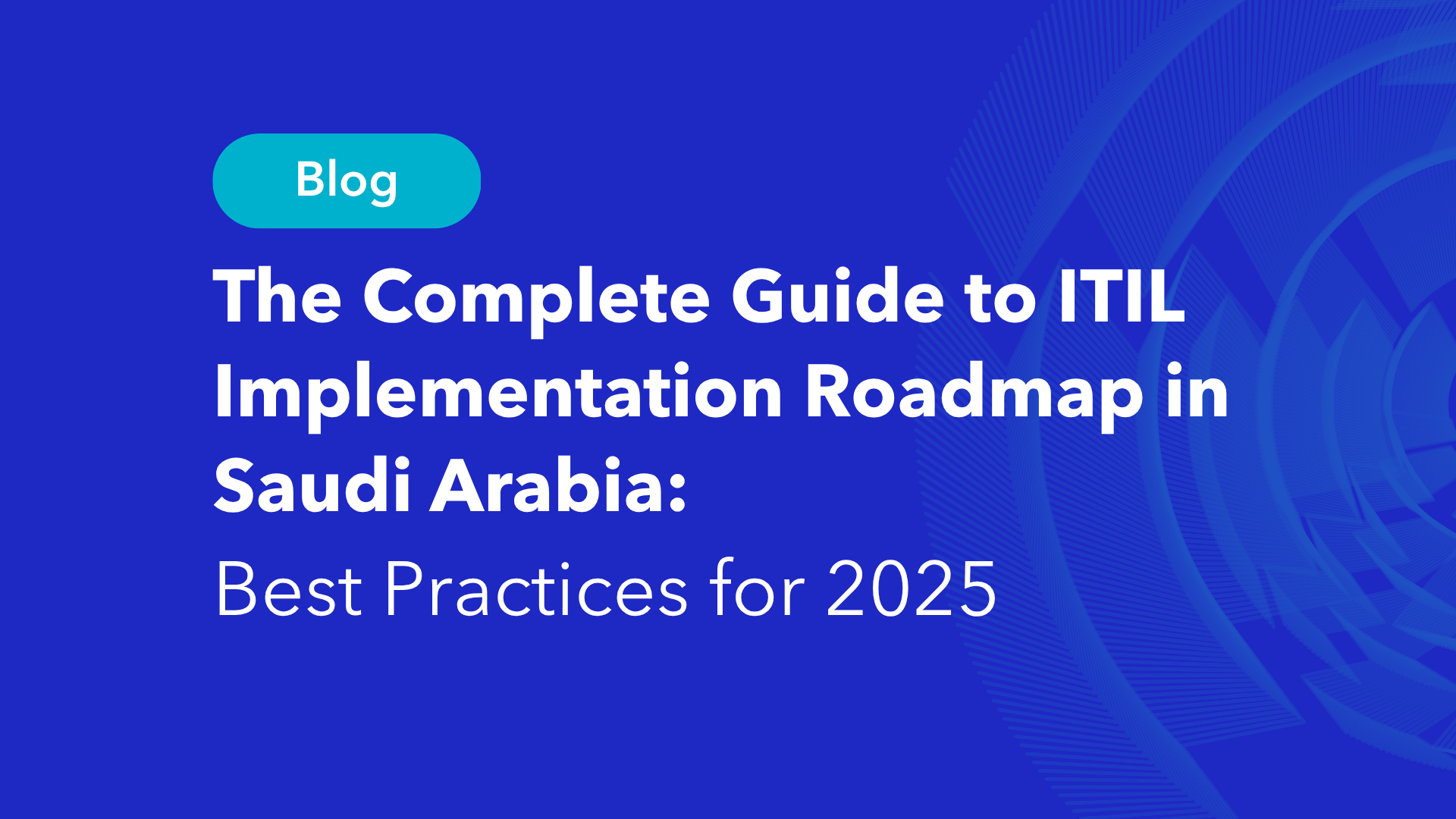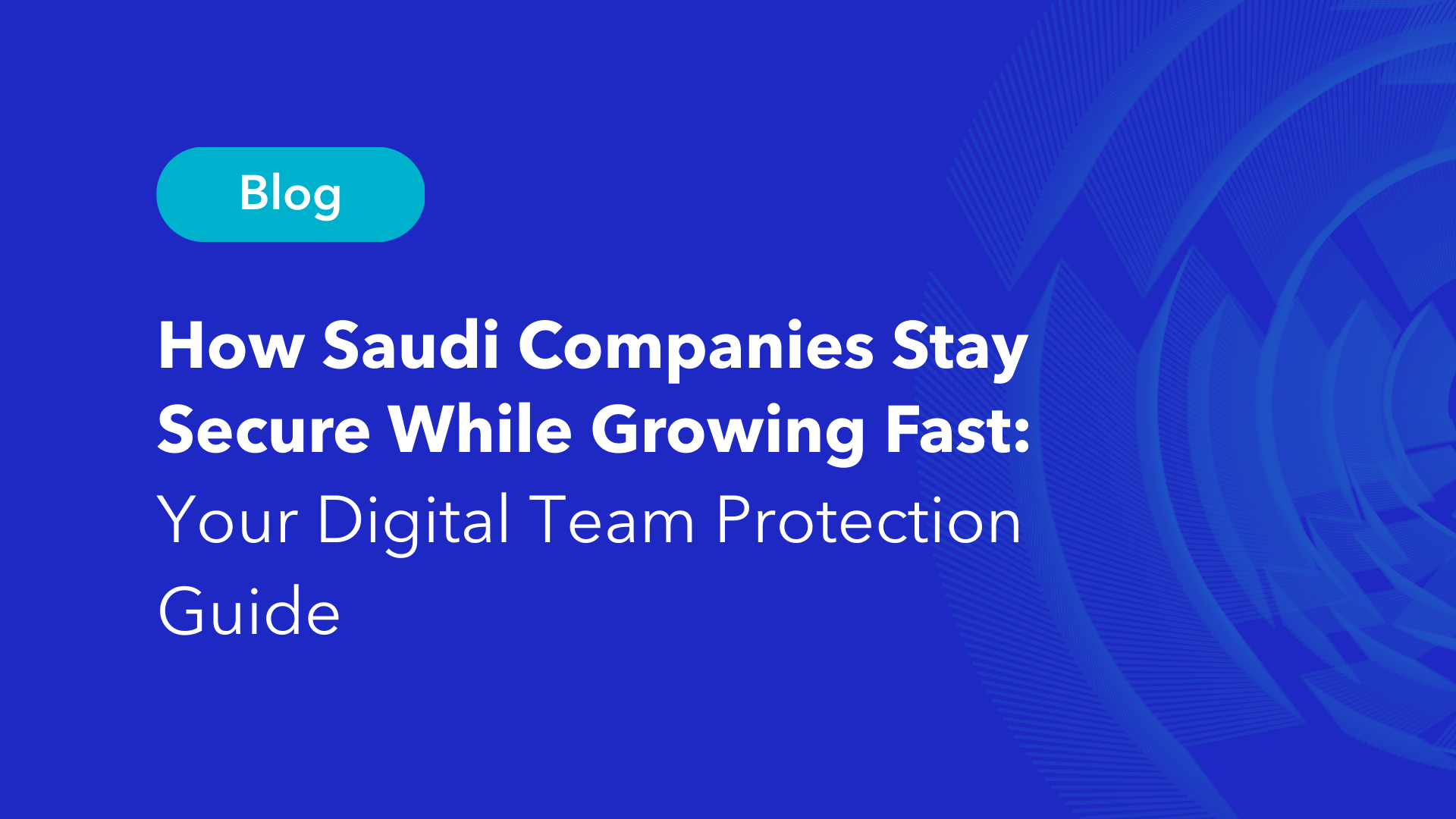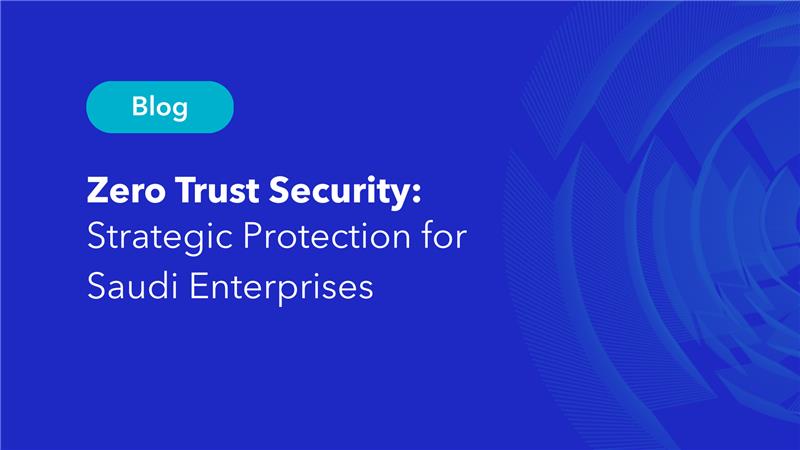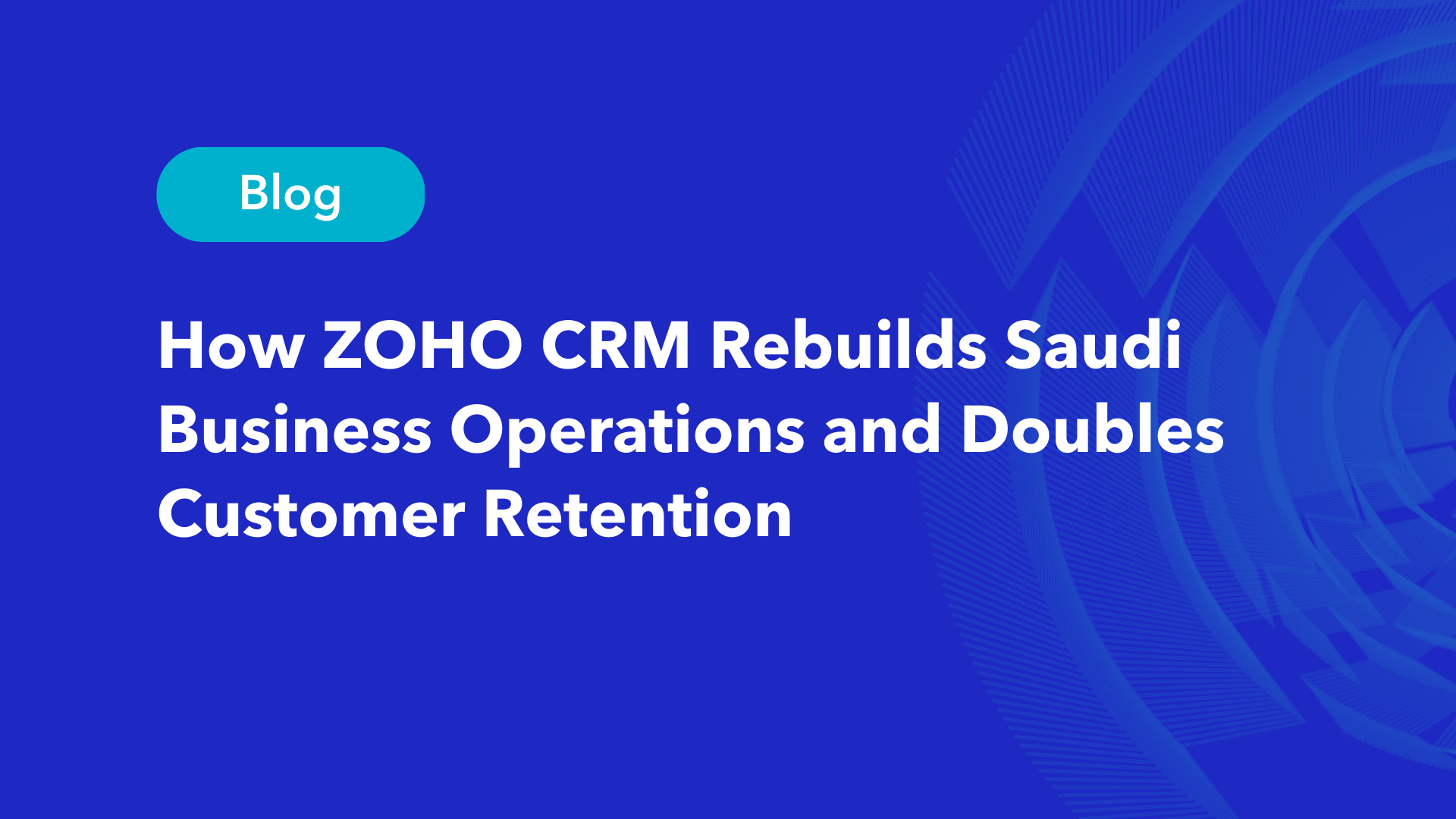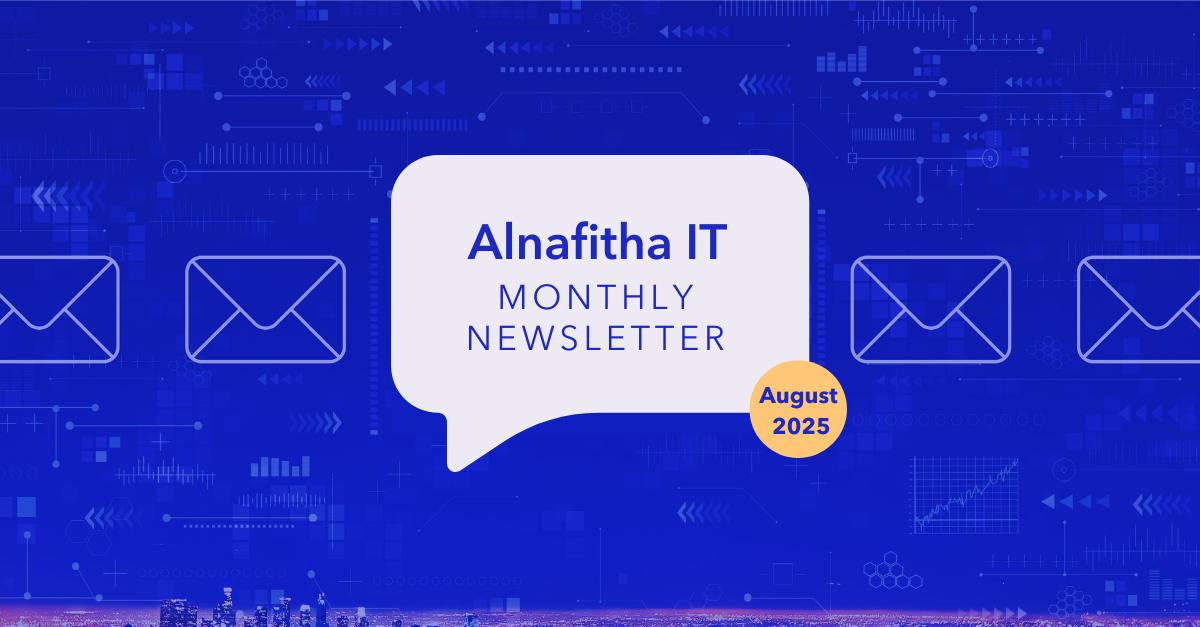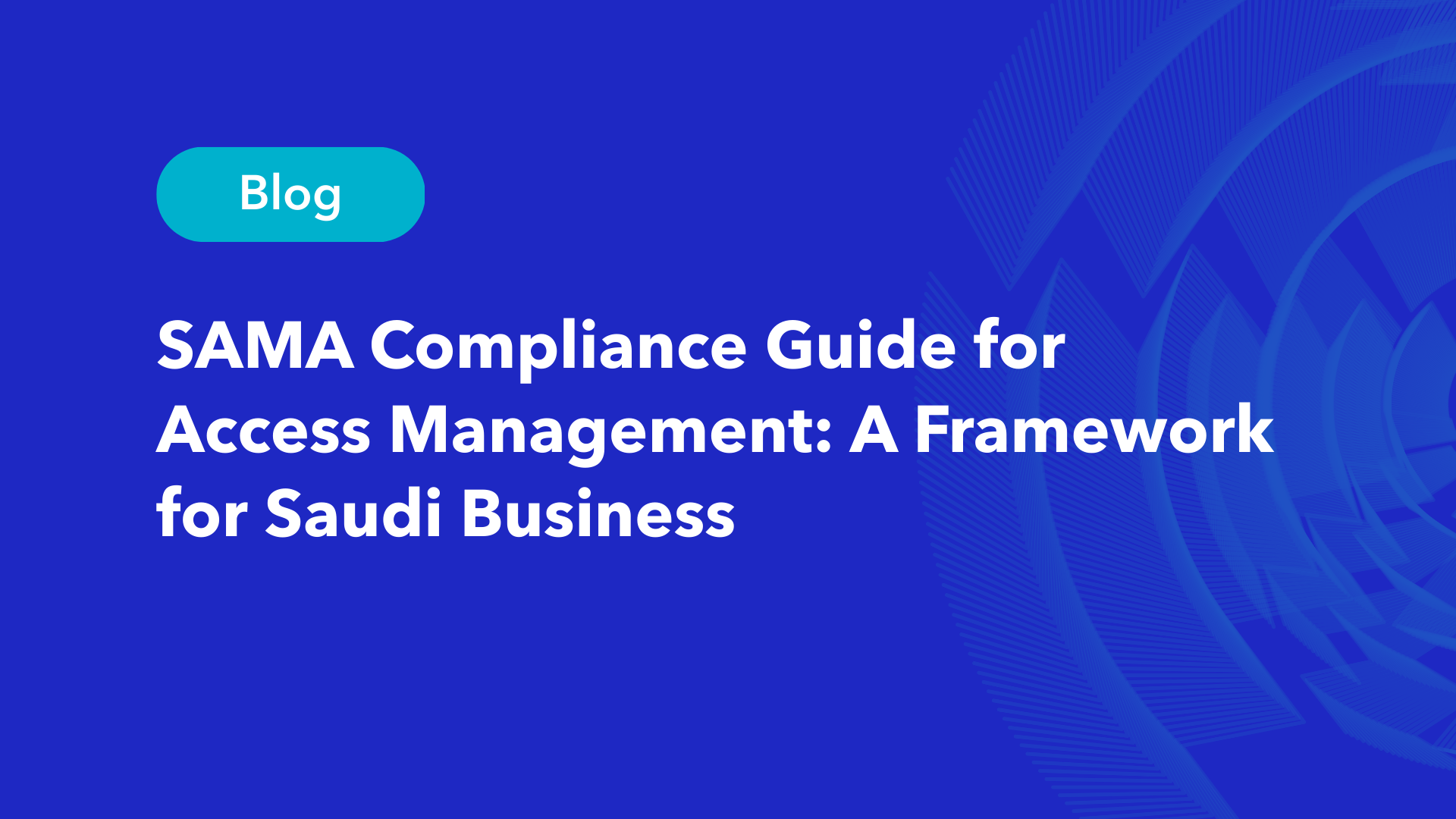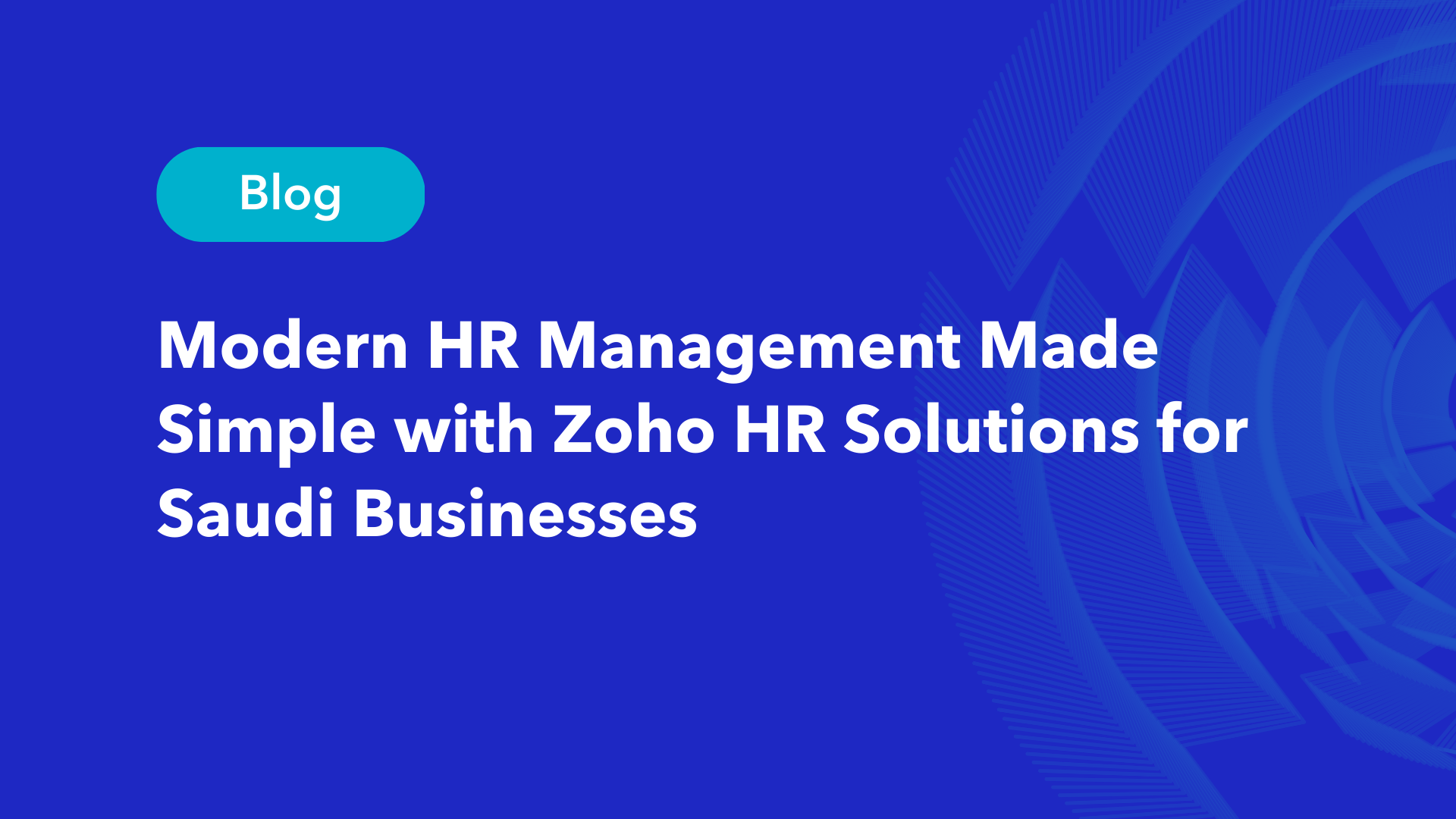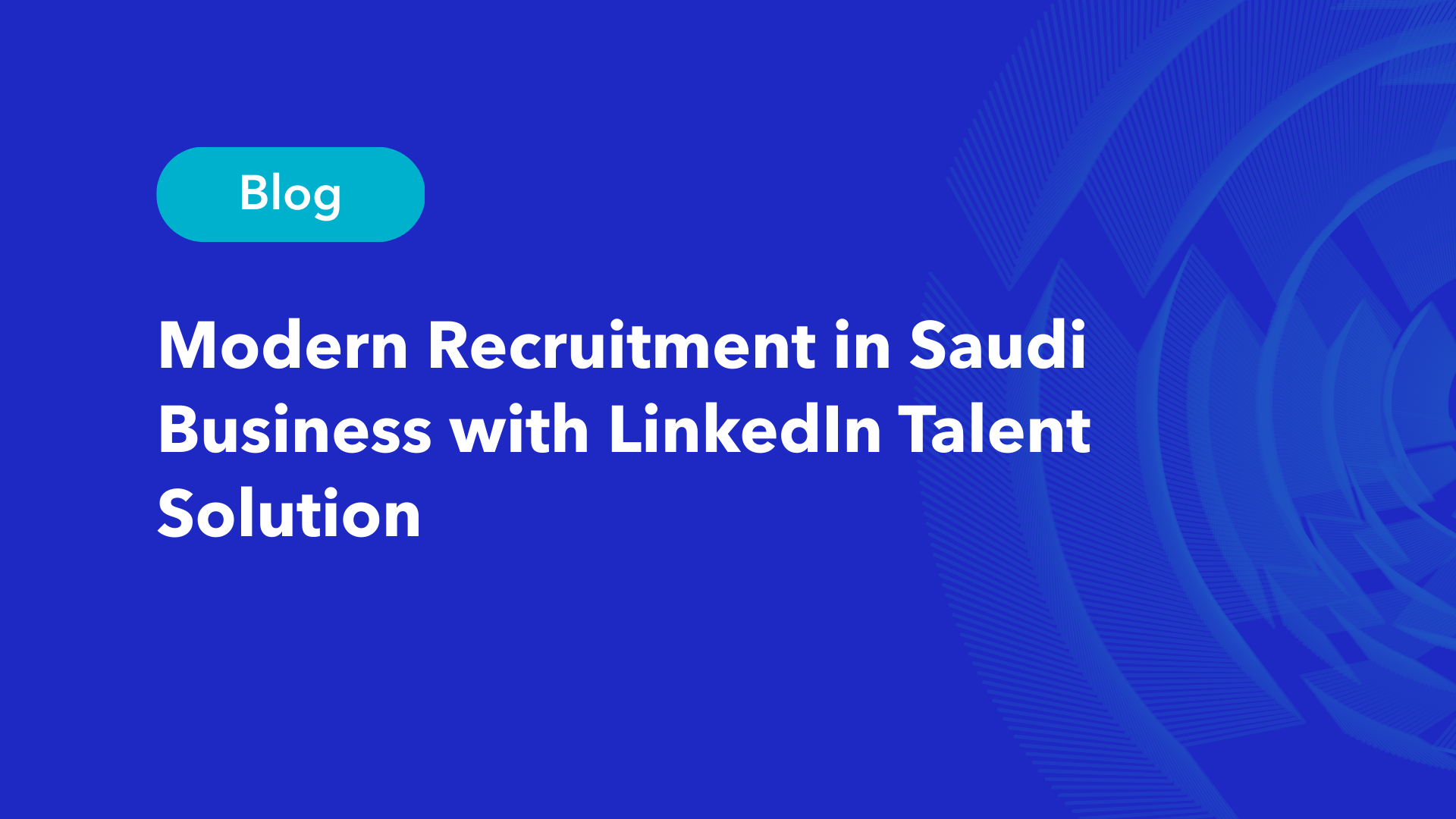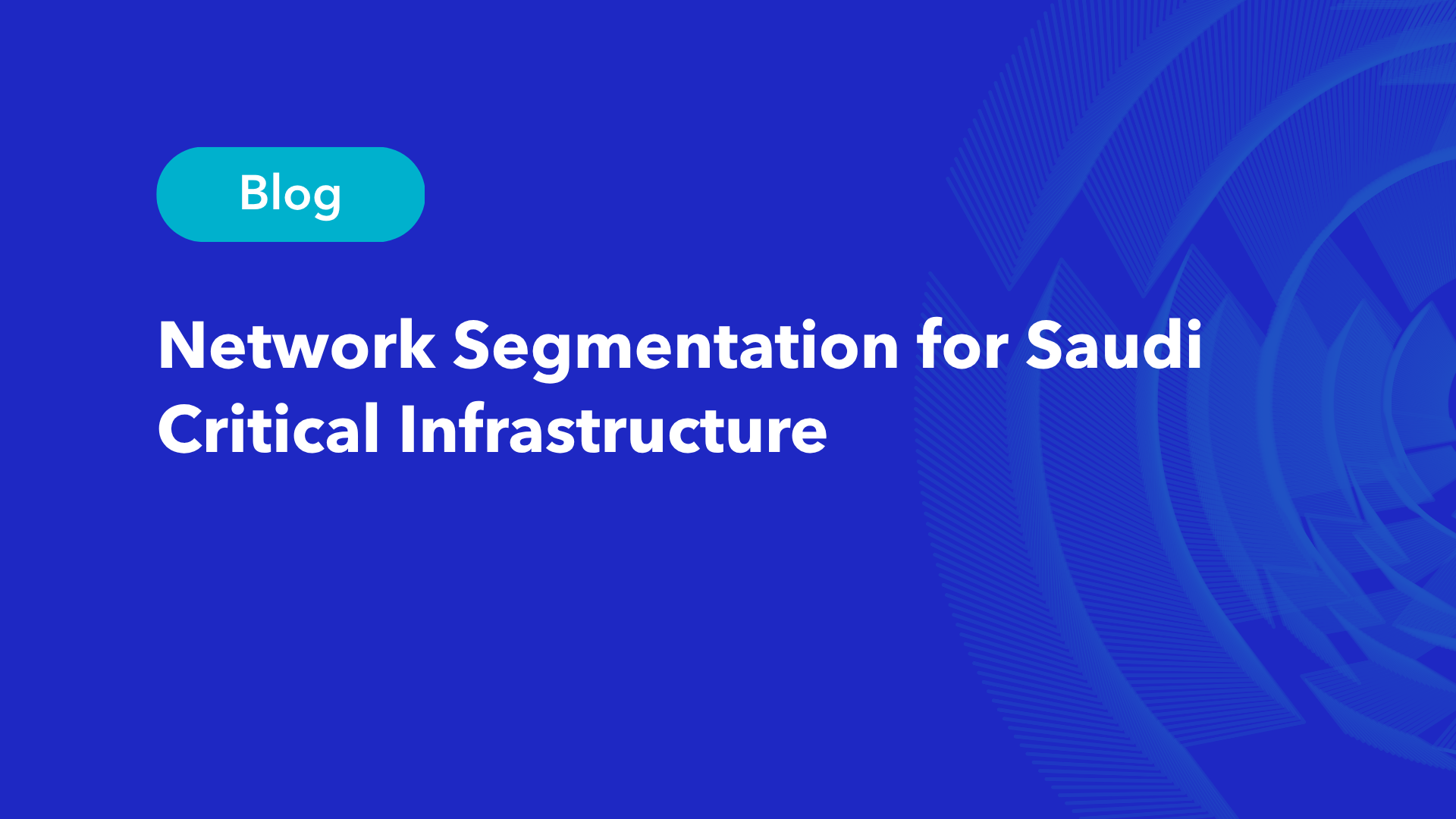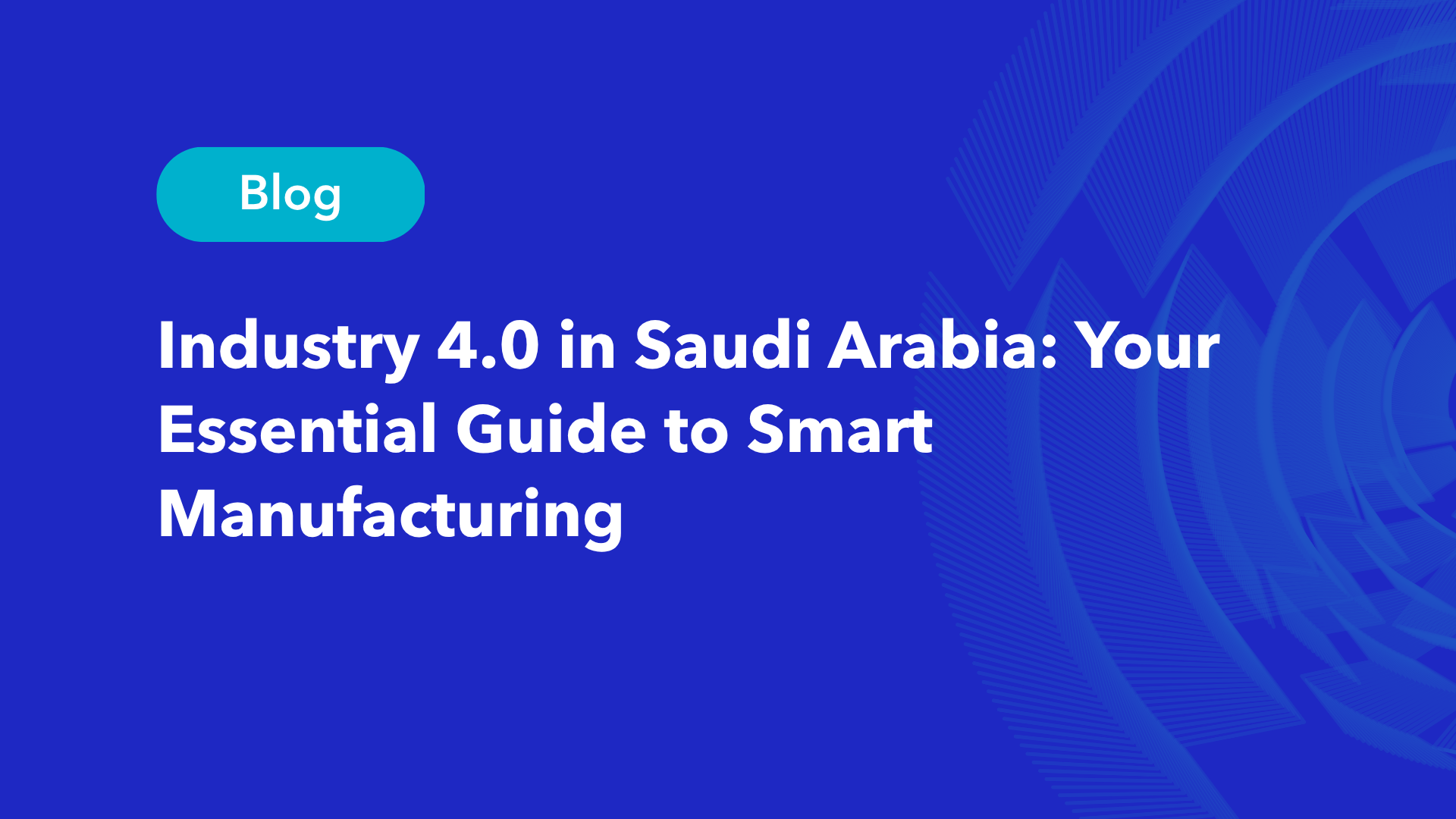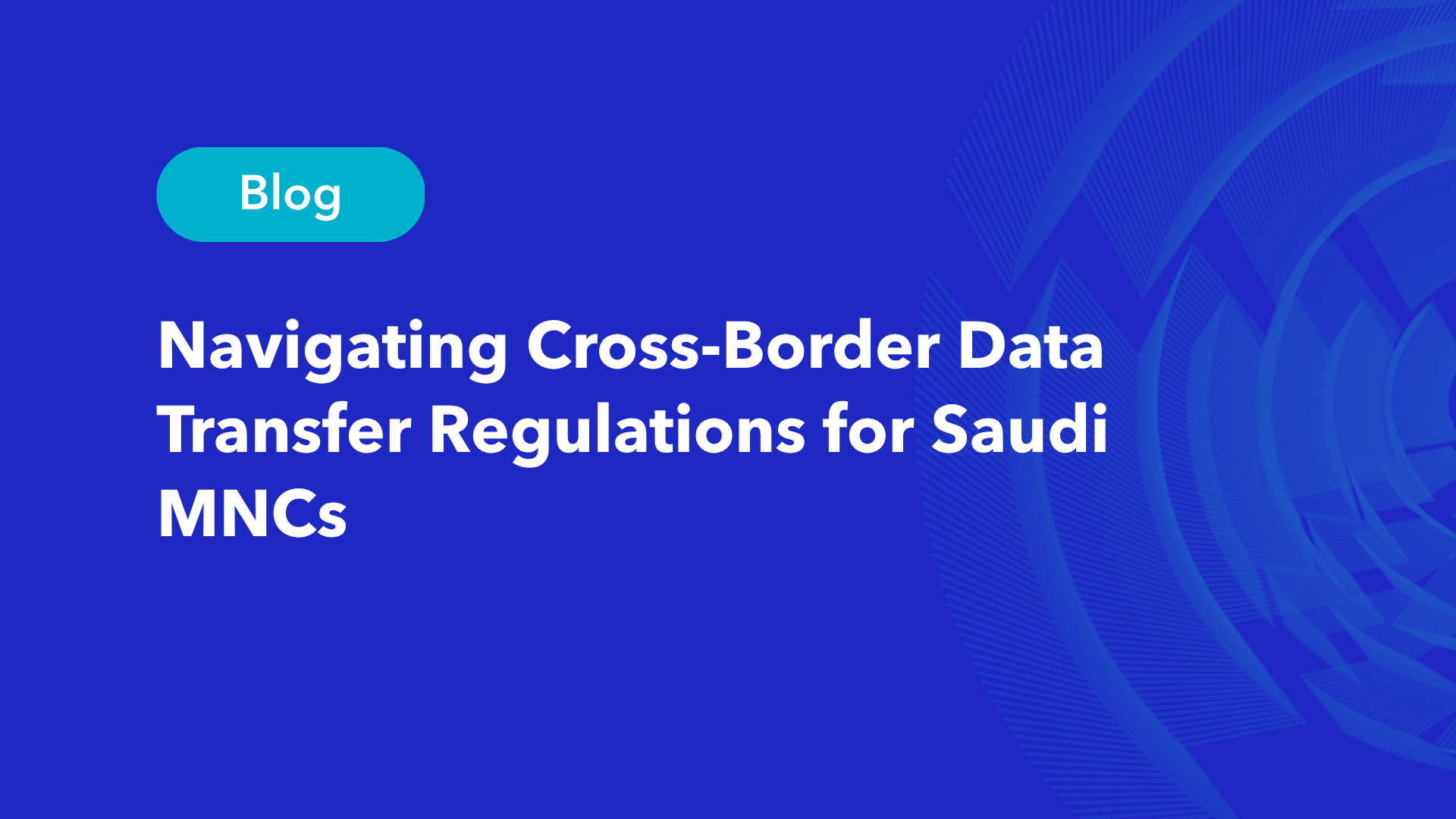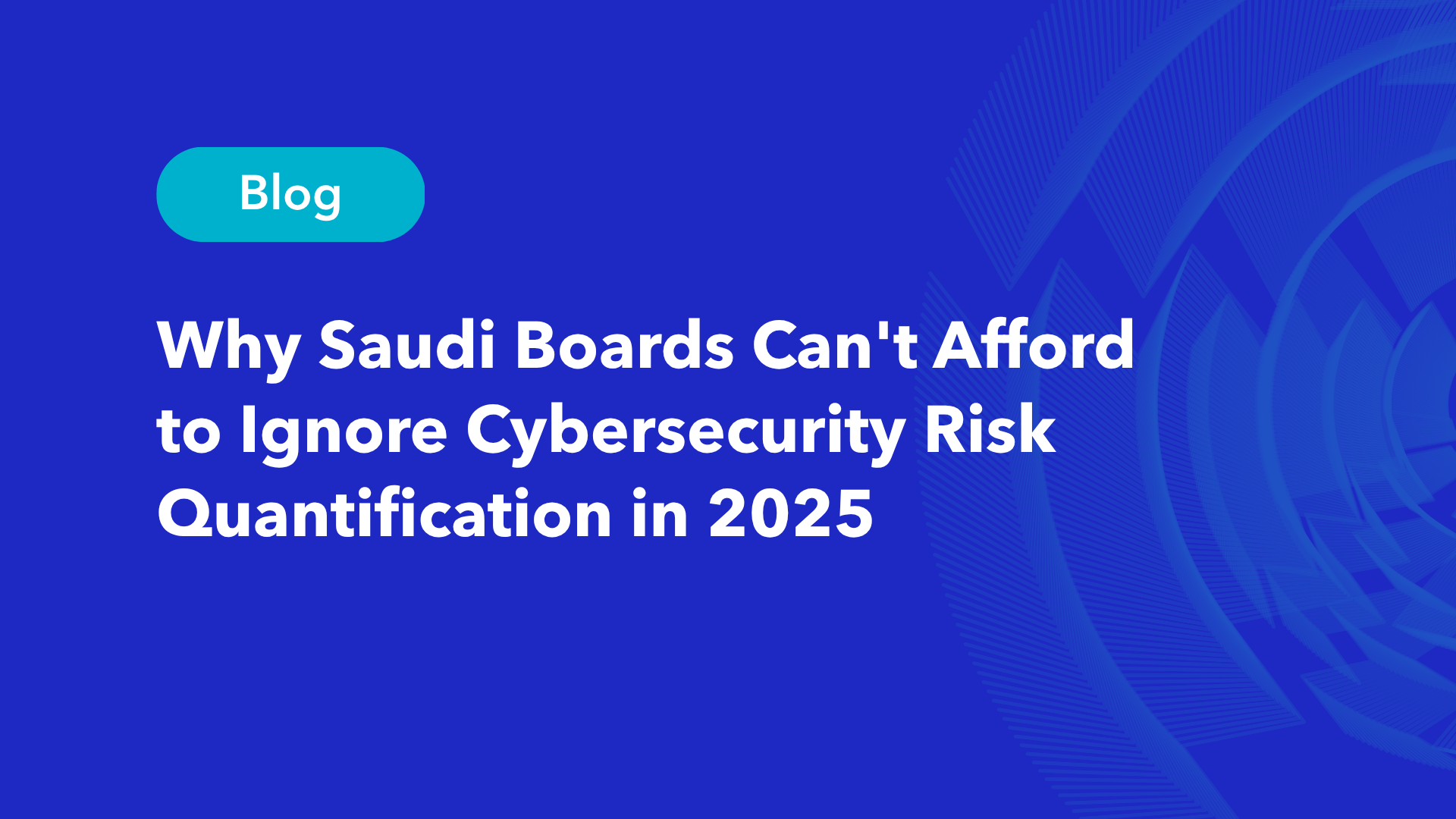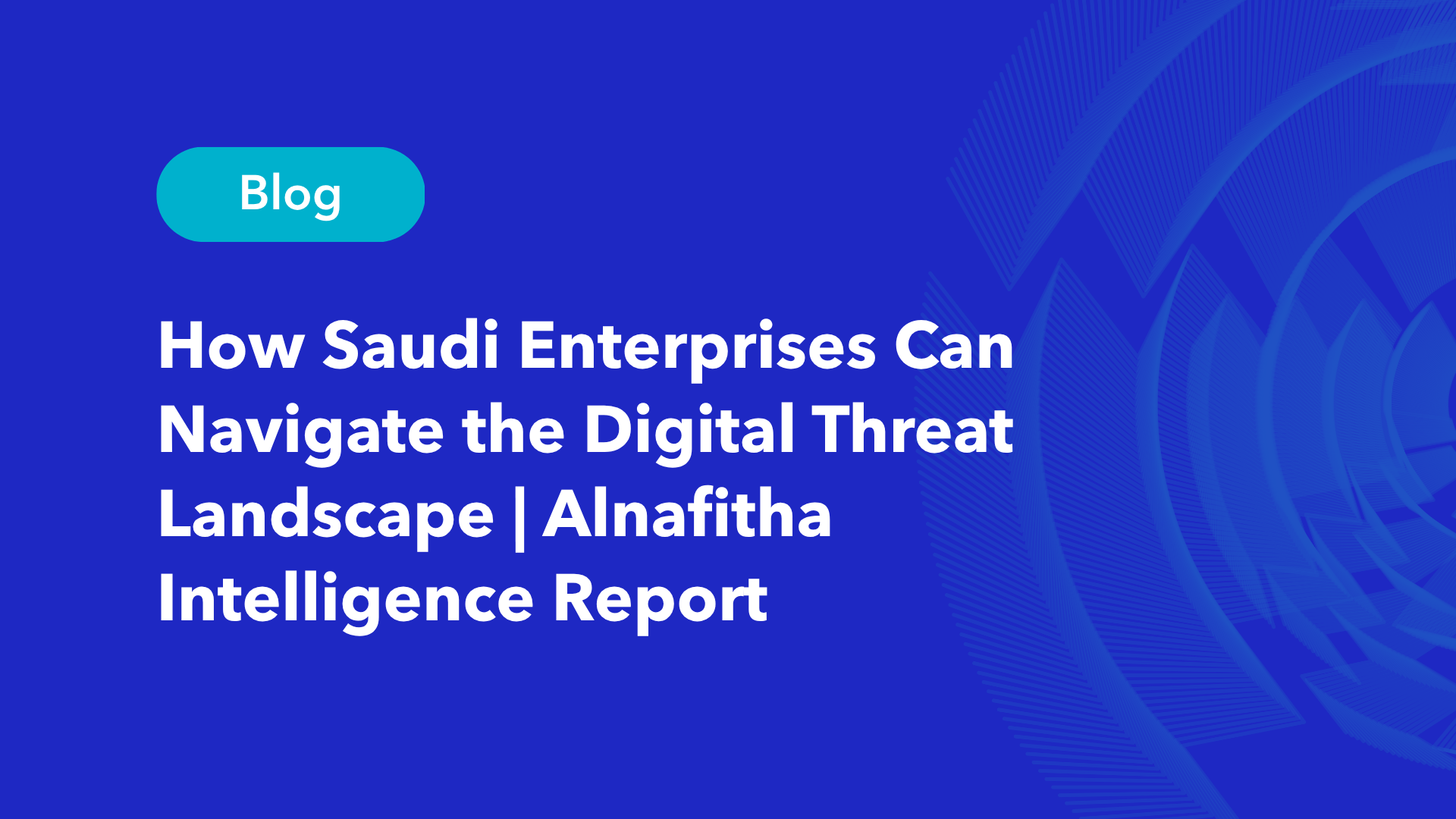AI brings remarkable gains in productivity, and 58% of organizations report significant improvements in their operations. The technology advances faster each day, and 2025 will mark a turning point as AI becomes integral to industries worldwide. This shift will reshape how businesses run and serve their customers.
The numbers tell a compelling story. Most IT leaders (68%) will invest in autonomous AI systems in the next six months. A significant 71% are putting more resources into AI-powered customer service solutions. The momentum continues as 94% of data and AI leaders work on managing unstructured data to tap into the full potential of generative AI applications.
This piece examines the trends that will define AI in 2025. You’ll learn about workplace changes, ethical implications, and specific industry applications. The discussion includes practical implementation strategies to help you direct your organization through this technological shift.
Emerging AI Trends Transforming Industries
“AI is the automation of automation, where software writes software. This is the single most powerful force of our time.” — Jensen Huang, CEO and Co-founder of NVIDIA
Businesses of all types are going through remarkable changes as artificial intelligence reshapes traditional workflows. McKinsey predicts that by 2025, 70% of businesses will adopt automation. AI will play a central role to optimize and improve decision-making.
AI-Powered Automation in Business Operations
AI automation changes how businesses operate fundamentally. Labor productivity has jumped up to 40% through simplified processes and fewer manual tasks. AI-powered inventory management systems now track stock automatically. These systems can predict demand patterns and optimize reorder points with minimal human input.
Generative AI & Its Expanding Use Cases
Generative AI has taken off, with 65% of organizations using it in at least one business function. Global corporate spending on generative AI will grow at a 59% CAGR from 2024 to 2028. This spending could reach over SAR 749.18 billion.
AI in Cybersecurity: Strengthening Digital Defenses
Companies are improving their cybersecurity defenses with AI-enhanced tools. They have started implementing:
- AI-powered threat detection systems that monitor continuously.
- Automated compliance monitoring to boost security.
- Behavioral analytics that spot suspicious activities.
AI-Driven Customer Experience & Personalization
Individual-specific experiences have become vital, as 71% of consumers expect personalized interactions. Companies that grow quickly generate 40% more revenue from personalization than their competitors.
AI in Finance & Accounting: Enhancing Accuracy & Compliance
AI has made its mark in the financial sector. Automated systems now handle everything from fraud detection to compliance checks. AI tools monitor transactions and regulations constantly. These tools ensure compliance with global standards through automated, audit-ready reporting.
The Role of AI in Smart Cities & IoT Innovations
Smart cities now make use of AI and IoT to create more efficient urban spaces. IoT devices throughout cities collect data about traffic flow and energy usage. AI algorithms process this information instantly to help optimize services. These services include transportation, waste collection, and environmental monitoring.
The Evolution of AI Ethics & Responsible AI Development
“AI must be used responsibly, with a focus on privacy and civil liberties while solving the most critical problems.” — Alex Karp, CEO of Palantir
Public trust in AI remains a challenge. Only 23% of American consumers believe businesses handle AI responsibly. The rise of AI ethics and responsible development will play a vital role in sustainable AI adoption.
The Growing Importance of AI Governance & Regulations
The EU AI Act represents a landmark legislation that introduces penalties up to €35 million for non-compliance. ISO/IEC 42001 certification will become a key requirement by 2025 as organizations move from AI experimentation to tackle ground security and compliance needs. Global AI regulation lacks unity, but common principles around safe and ethical AI development continue to take shape.
How Businesses Can Ensure Ethical AI Implementation
Organizations need complete frameworks to drive responsible AI deployment. These essential components will help ethical AI implementation:
- Create interdisciplinary governance teams to develop AI frameworks.
- Run regular ethical audits and bias assessments.
- Set clear accountability measures for AI decisions.
- Document AI system decisions for transparency.
- Provide ongoing training for AI development teams.
Microsoft has formed an AI ethics committee to enforce these principles. The committee reviews all future AI products for ethical compliance. More businesses now embed responsible AI principles into their strategies. They recognize that governance depends on people and processes as much as technology.
AI Bias & Fairness: Reducing Discriminatory Algorithms
AI systems don’t deal very well with bias, especially in recruitment where they can discriminate based on gender, race, and personality traits. Organizations now implement technical measures like unbiased dataset frameworks and improved algorithmic transparency to fix this.
The “algorithmic black box” remains a major challenge. Engineers often can’t understand how AI reaches specific outcomes. Tools like Shapley Additive Explanations (SHAP) and Local Interpretable Model-Agnostic Explanations (LIME) help make AI decisions more transparent and explainable.
Green practices have become central to AI governance. Organizations must design energy-efficient systems and adopt transparent carbon reporting practices. This approach lines up AI development with both ethical and sustainability goals.
Artificial Intelligence in Saudi Arabia: The 2025 Landscape
Saudi Arabia leads global artificial intelligence adoption, and the Saudi Data & AI Authority (SDAIA) drives the nation’s technological progress. The Kingdom will contribute SAR 58.8 trillion by 2030 to the world AI economy.
How AI Supports Saudi Vision 2030
The Kingdom utilized artificial intelligence early to achieve Vision 2030 objectives. SDAIA enhances Saudi Arabia’s standing among nations with data and AI-based sustainable economies. Managers will see 69% of their daily tasks fully automated by 2024. This automation will create 97 million new jobs by 2025.
Government Investments in AI & Emerging Regulations
Saudi Arabia secured groundbreaking AI investments worth SAR 55.81 billion at LEAP 25. Major corporations have expanded their presence, with Salesforce investing SAR 1.87 billion in AI-related projects. The Kingdom’s steadfast dedication to AI development shows through mutually beneficial alliances, including:
- Groq & Aramco Digital’s SAR 5.62 billion investment for AI-powered cloud computing.
- Alat & Lenovo’s SAR 7.49 billion investment for advanced AI manufacturing.
- Databricks’ SAR 1.12 billion commitment to Platform-as-a-Service solutions.
Industry-Specific AI Applications in Saudi Arabia
Saudi enterprises show strong AI adoption readiness, with 75% of core business functions already running on cloud. The technology spans sectors of all sizes. Customer service leads with 45% adoption, marketing and communications follow at 42%, and finance reaches 41%.
SDAIA has built a strong framework for AI development that oversees data governance, AI regulations, and compliance monitoring. The authority’s AI Ethics Principles and Guidelines ensure responsible AI implementation throughout public and private sectors.
The Impact of AI on Workforce & Job Evolution
The professional world is changing dramatically. The World Economic Forum predicts that automation will replace 85 million jobs by 2025. The good news is that 97 million new roles will emerge during this period. This change shows how humans and machines will cooperate in new ways at work.
AI-Driven Workforce Transformation: Upskilling for the Future
AI-related skills are in high demand. LinkedIn reports a 74% annual increase in AI specialist job postings. Workers must adapt to this new reality. Organizations should focus on these skills that will define tomorrow’s workforce:
- Communication and cooperation abilities.
- Advanced analytical capabilities.
- Digital marketing expertise.
- Programming proficiency, particularly in Python.
- Critical thinking and problem-solving skills.
Balancing AI Automation & Human Intelligence in the Workplace
AI integration at work requires careful consideration. Humans, machines, and hybrid approaches will share work tasks almost equally by 2030. In spite of that, human oversight remains vital for ethical considerations, context interpretation, and nuanced decisions that AI cannot copy.
How AI is Creating New Job Roles & Opportunities
AI advances will create nearly 1 million jobs in healthcare alone. These industries lead the AI adoption race:
- Technology: Hyperscalers like Google, Amazon, and Microsoft actively recruiting AI specialists.
- Finance: Implementing AI for risk management and investment decisions.
- Healthcare: Utilizing AI for early disease detection and record management.
- Manufacturing: Adopting AI for equipment maintenance and operational efficiency.
- Cybersecurity: Employing AI for continuous threat monitoring.
Without doubt, specialists will have an edge over generalists in the 2025 job market. Deep knowledge in specific AI areas will be more valuable than broad, surface-level expertise. Educational institutions must include AI literacy in all disciplines. This will prepare a new generation of workers who can work effectively with AI systems.
The Future of AI: What Businesses Should Prepare For
AI has become ‘fully integrated’ into core business strategies for almost half of technology leaders. This marks a major change in how organizations approach digital transformation. Companies just need careful planning and strategic implementation to ensure sustainable growth and competitive advantage.
How AI Will Reshape Digital Transformation Strategies
The year 2025 needs a basic change from traditional approaches to digital transformation. 42% of organizations don’t deal very well with insufficient proprietary data for customizing AI models. Companies are adopting innovative strategies to tackle this challenge:
- Data augmentation through synthetic generation.
- Strategic partnerships for data sharing.
- Improved dataset diversity without collecting new data.
- Implementation of industry-wide collaboration initiatives.
Overcoming AI Adoption Challenges in 2025
Recent surveys show 49% of organizations consider ROI demonstration their biggest obstacle to AI adoption. 42% cite talent shortage as a major concern that affects their knowing how to implement AI effectively.
Companies must develop clear use cases that show tangible value to overcome these challenges. Organizations just need resilient data governance frameworks to ensure data quality and consistency through focused pilot projects or mutually beneficial alliances.
Investing in AI-Powered Business Solutions for Competitive Growth
The global AI market will reach SAR 3096.75 billion by 2030. This creates unprecedented opportunities for business growth. Successful AI implementation in all industries requires:
- Building AI-ready data architecture.
- Implementing resilient governance frameworks.
- Developing talent through ongoing learning.
- Establishing ethical AI principles.
- Creating clear ROI metrics.
AI differs from traditional technology investments because it needs an integrated approach with stakeholders from technology, finance, security, and legal departments. Organizations should build trust through data governance and maintain strong security measures to protect sensitive information.
Humans, machines, and hybrid approaches will share work tasks almost equally by 2030. This progress requires companies to create an agile culture focused on ongoing learning and improvement. Companies can stay adaptable in a fast-changing technological world by monitoring and upgrading their AI infrastructure continuously.
Conclusion: Embracing AI for a Smarter Future
AI has revolutionized industries, workplaces, and societies across the globe. Organizations must balance tech advancement with ethical concerns as they prepare their teams for an AI-enhanced future through 2025 and beyond.
Saudi Arabia leads the global AI race through strategic investments and regulatory frameworks. This creates new opportunities for businesses and professionals. Data quality and talent acquisition present challenges. Yet organizations can overcome these hurdles with clear strategies and strong governance frameworks.
Your organization’s success in the AI era needs a detailed approach. You need strong data architecture, continuous learning programs, and ethical guidelines. On top of that, it helps you retain control of AI systems that operate responsibly while delivering maximum value. Find out how Alnafitha IT can help you combine smoothly AI-powered solutions to streamline processes, security, and breakthroughs.
Smart planning, strategic implementation, and steadfast dedication to responsible AI development pave the way forward. Organizations will thrive in this new tech landscape when they accept new ideas while prioritizing human-AI collaboration.



